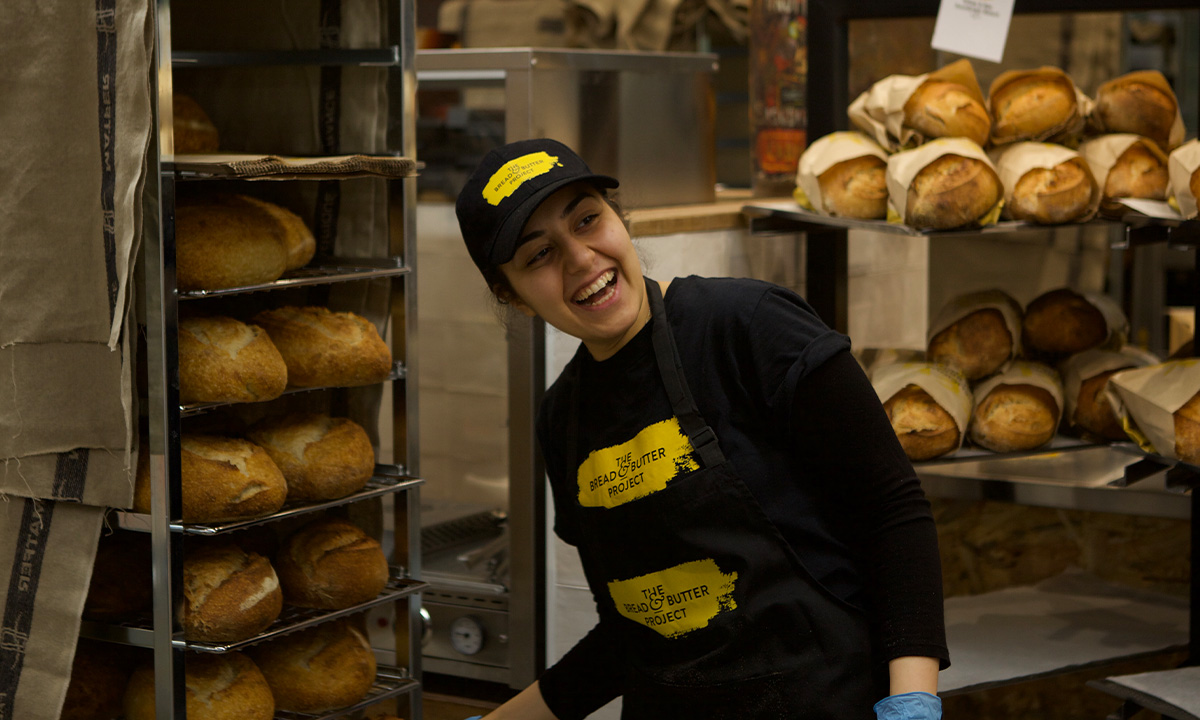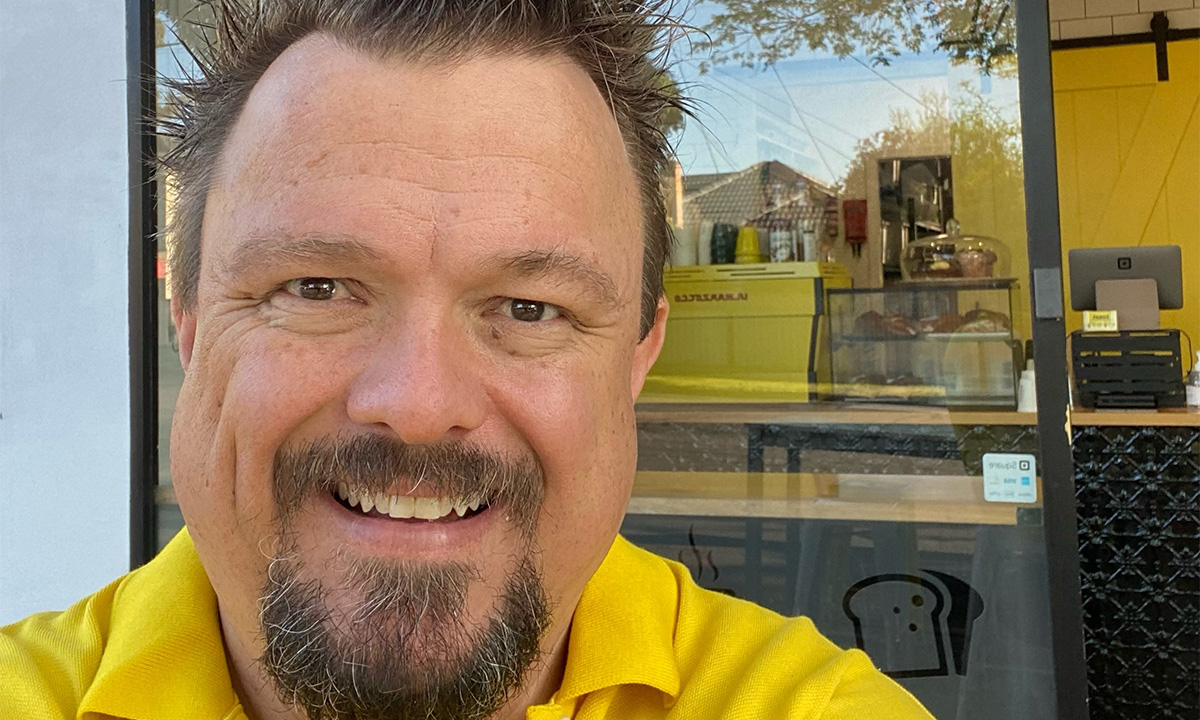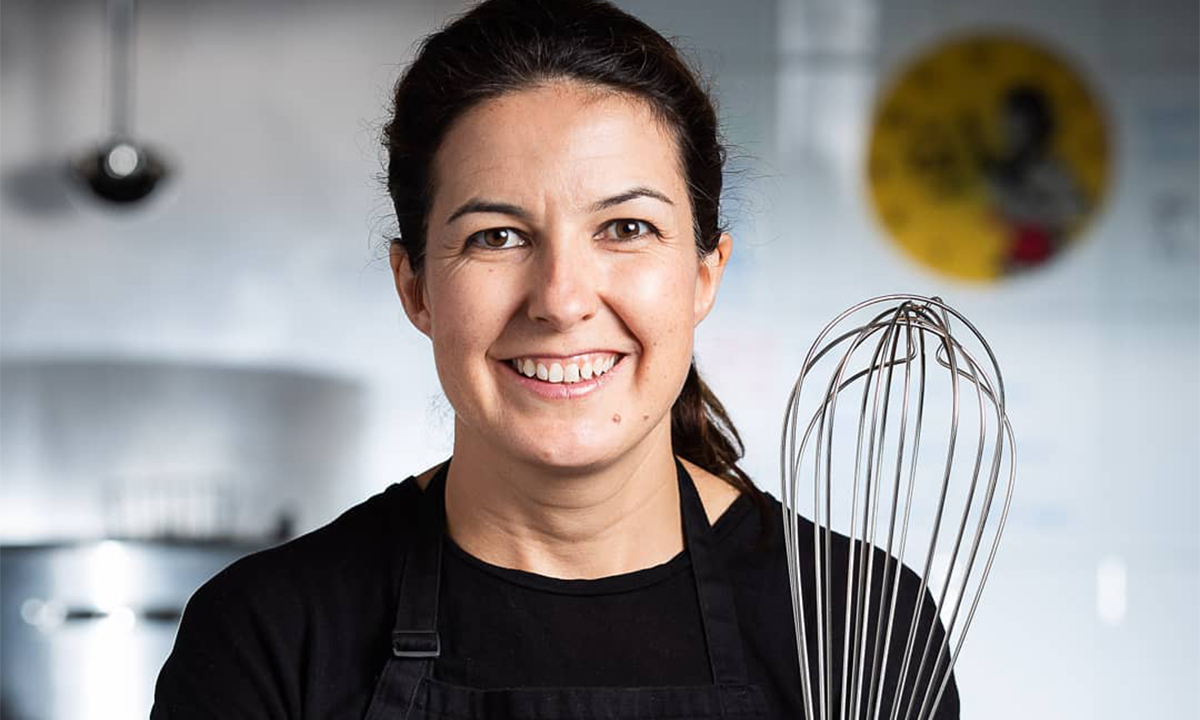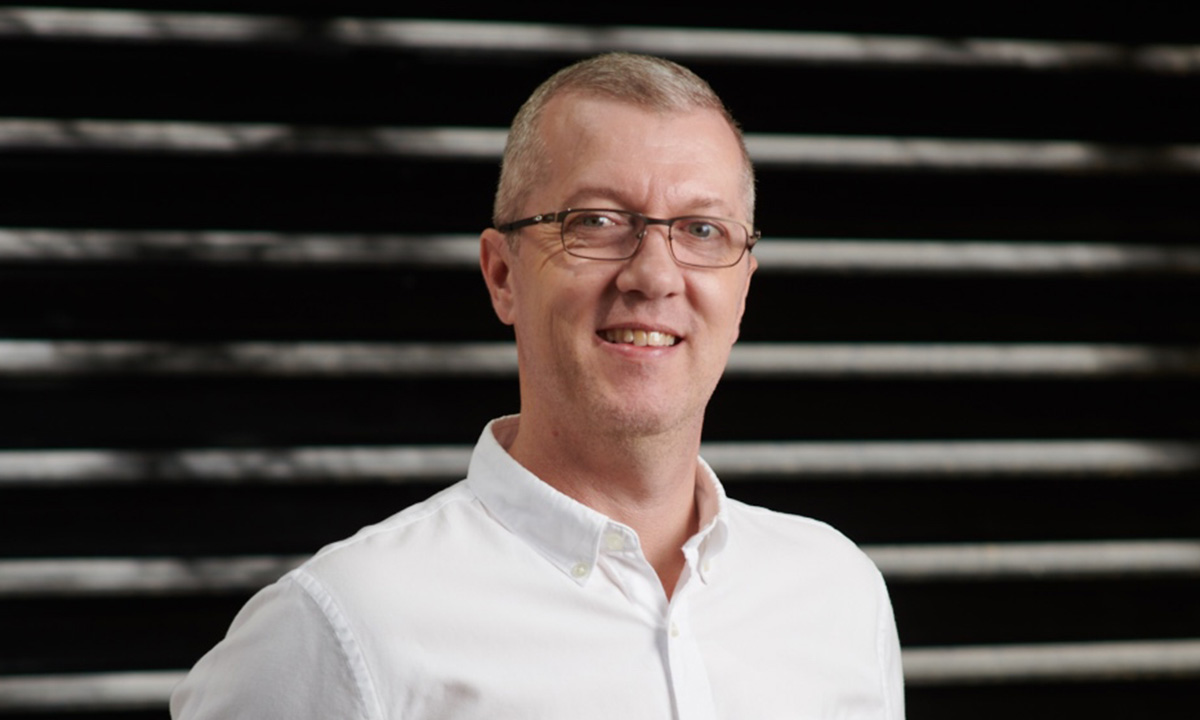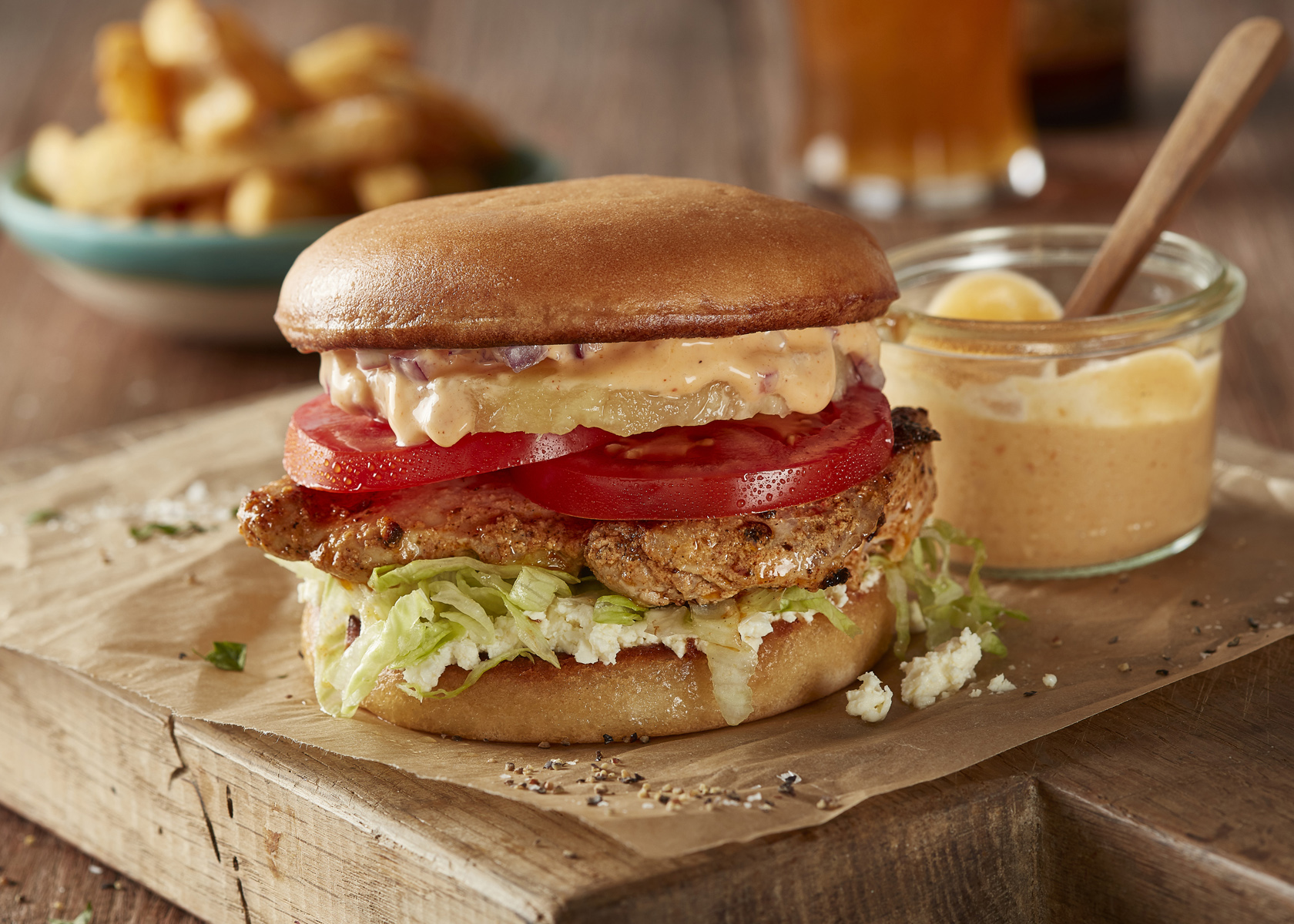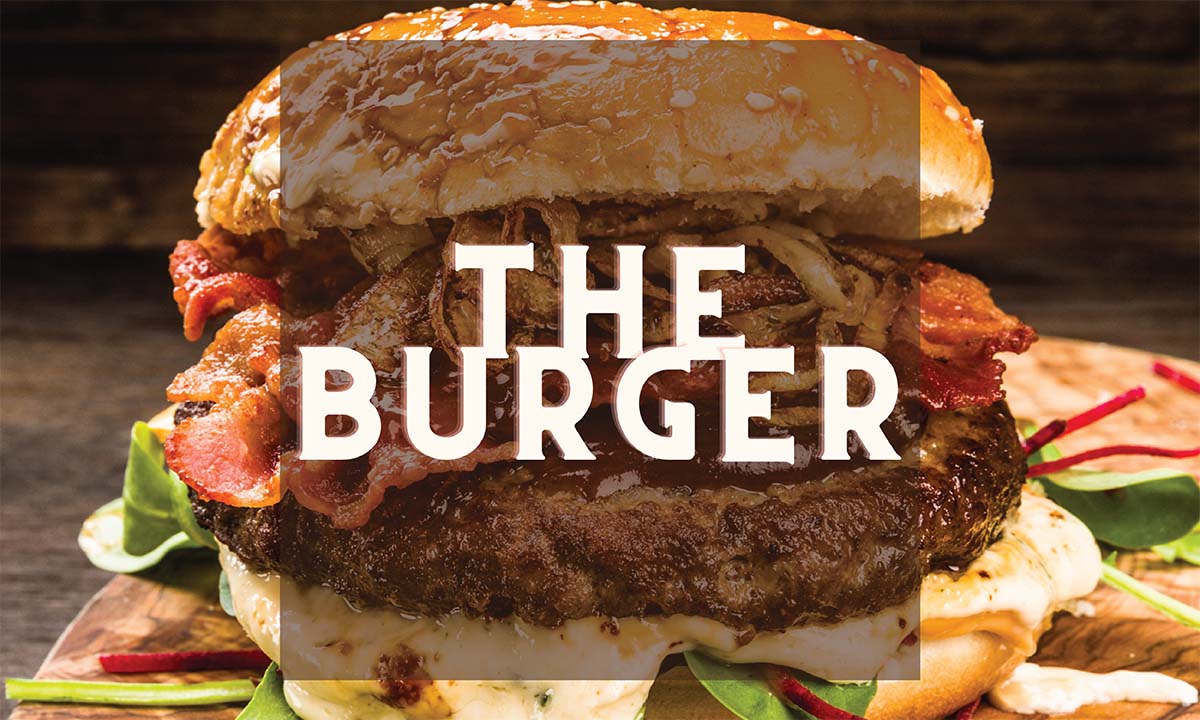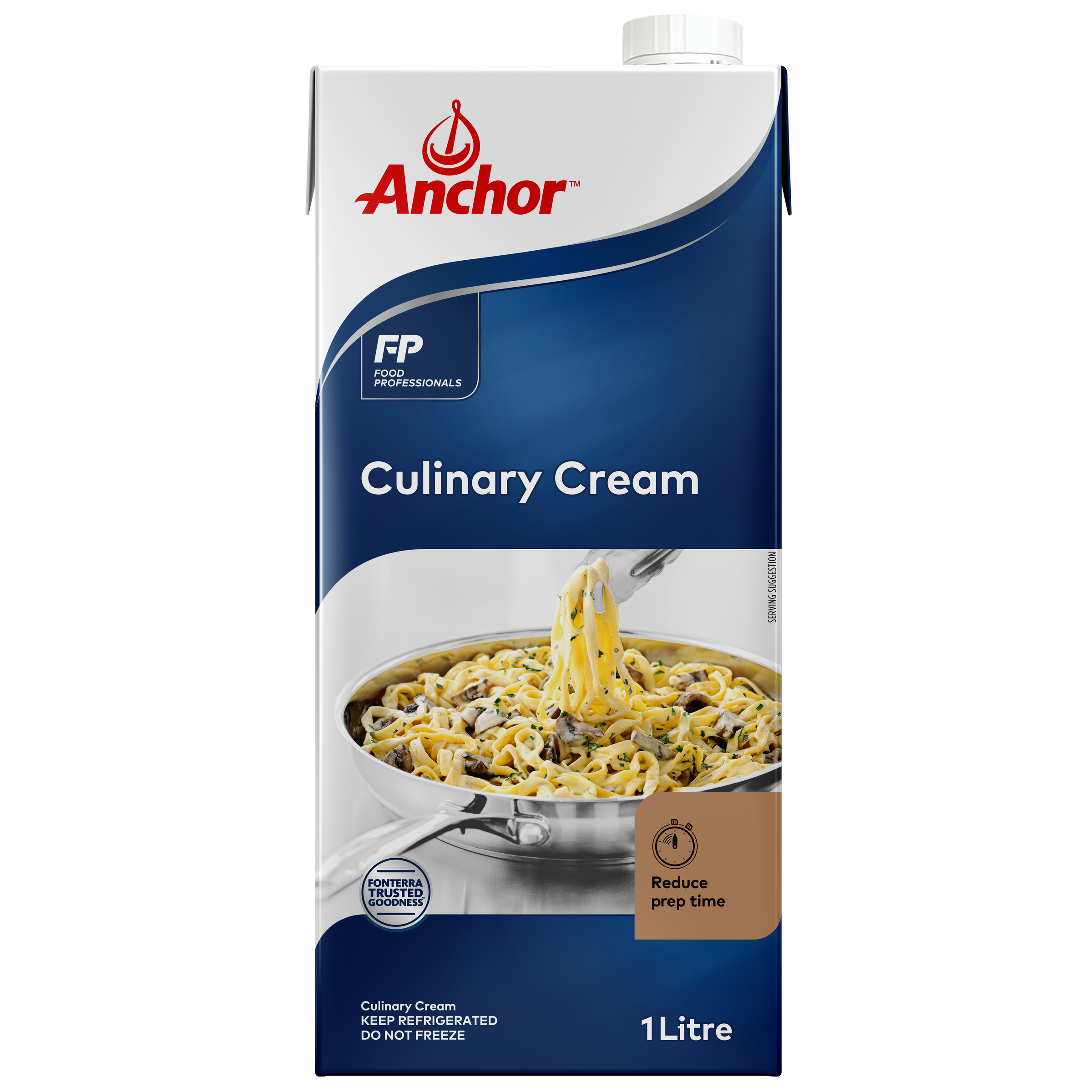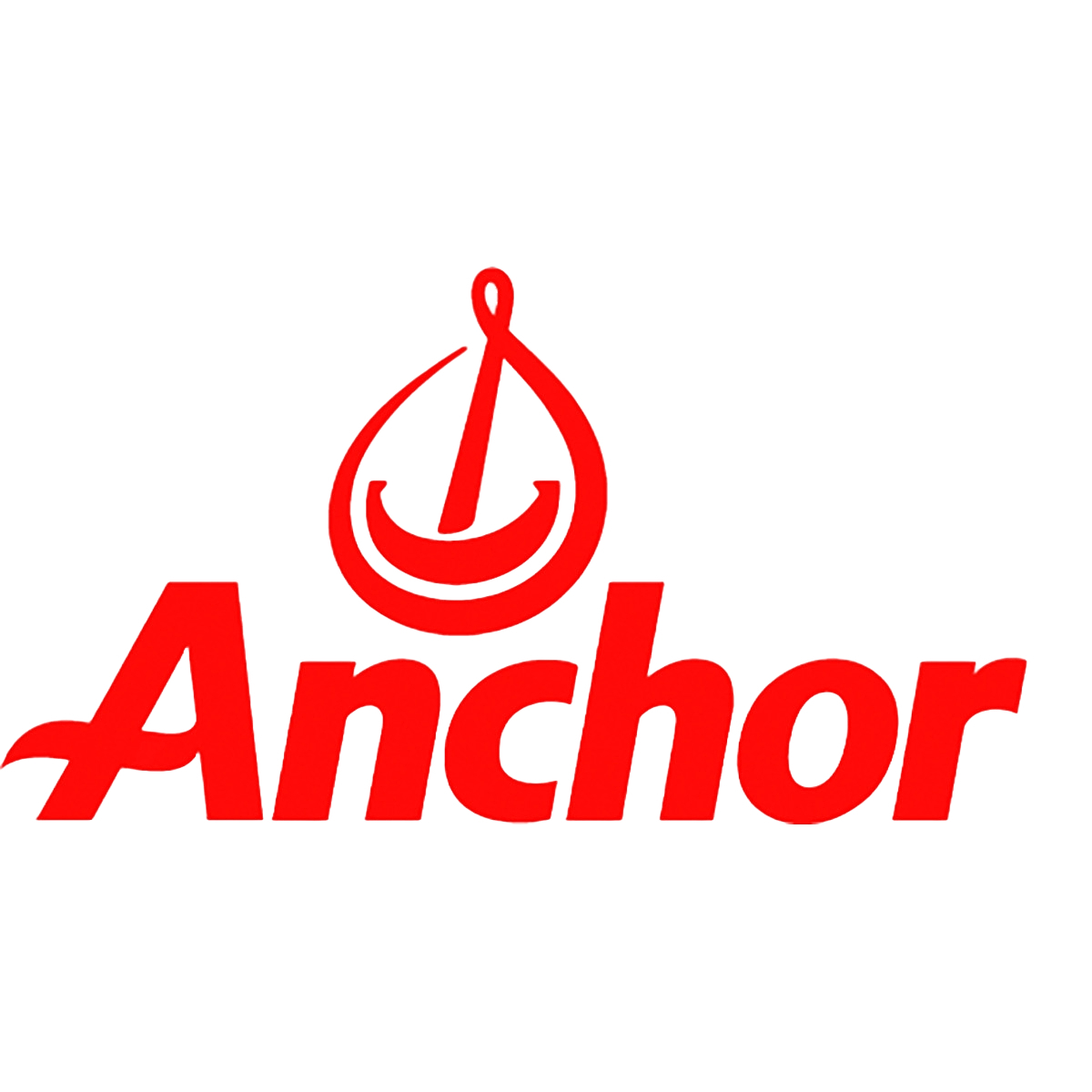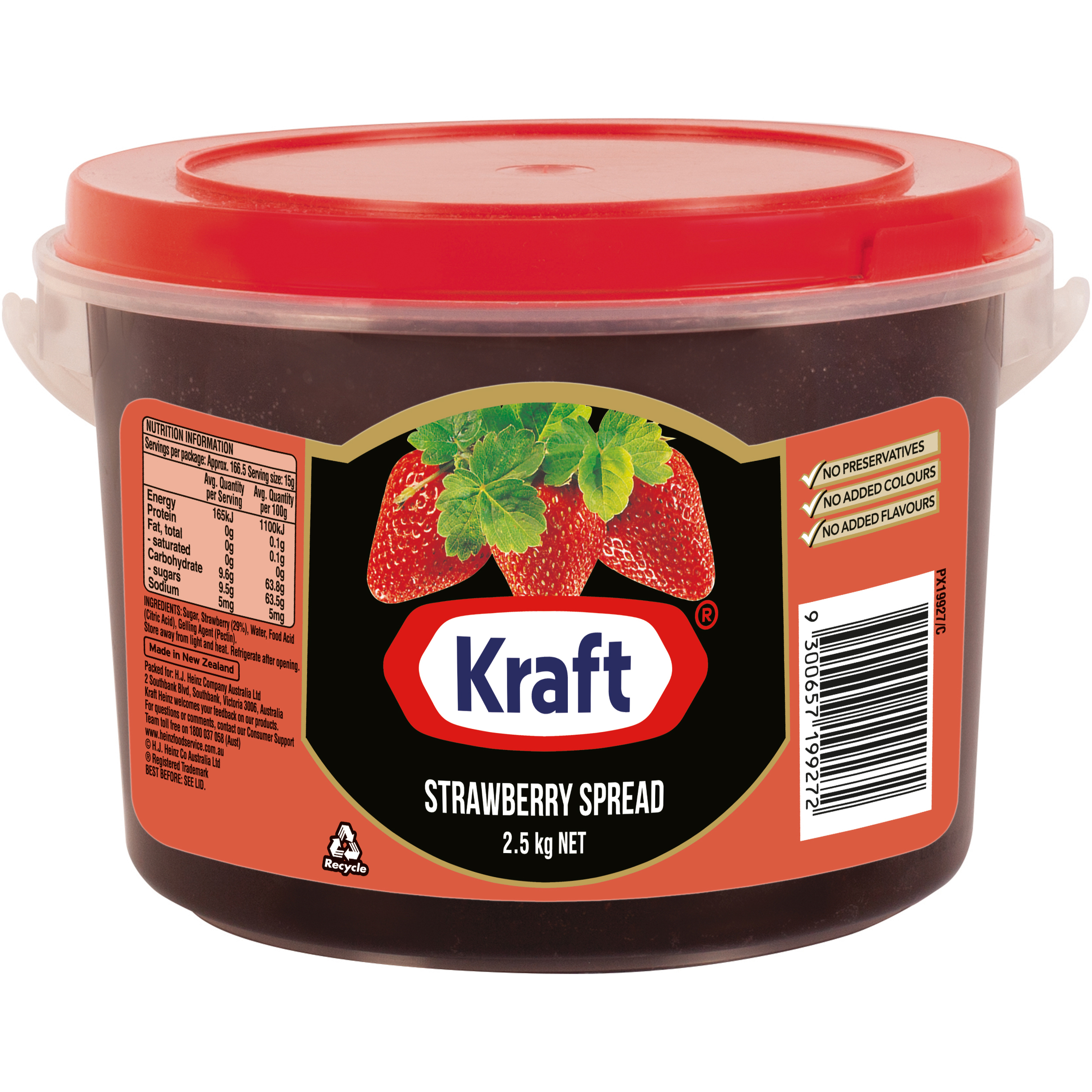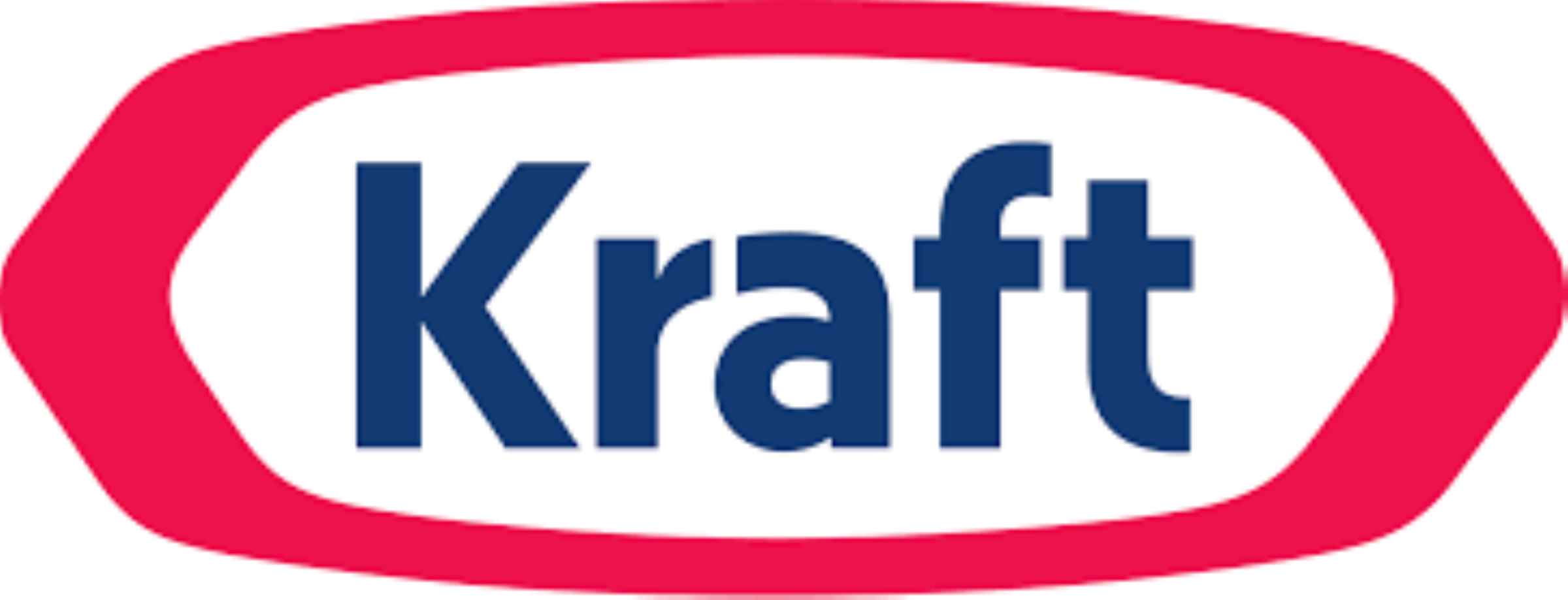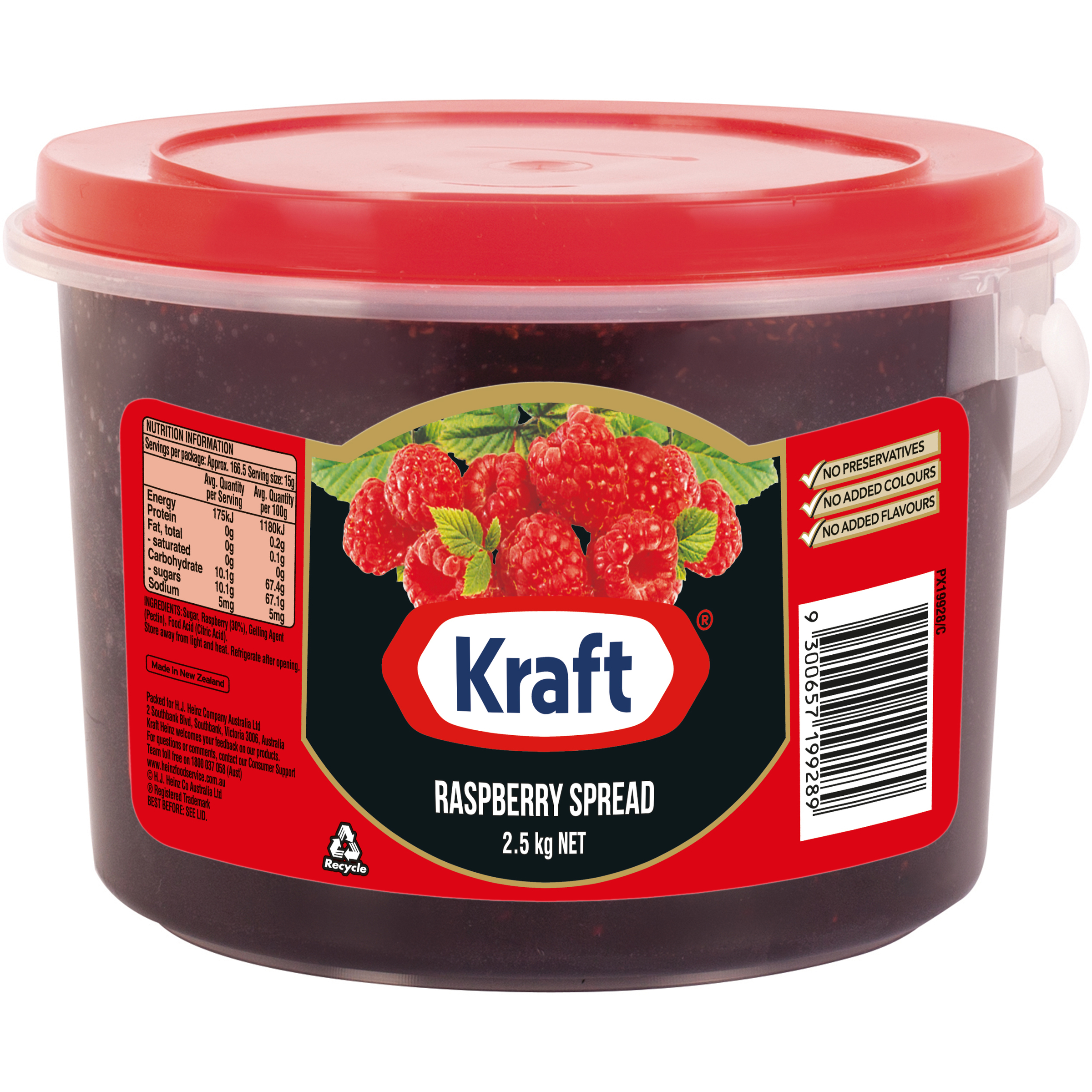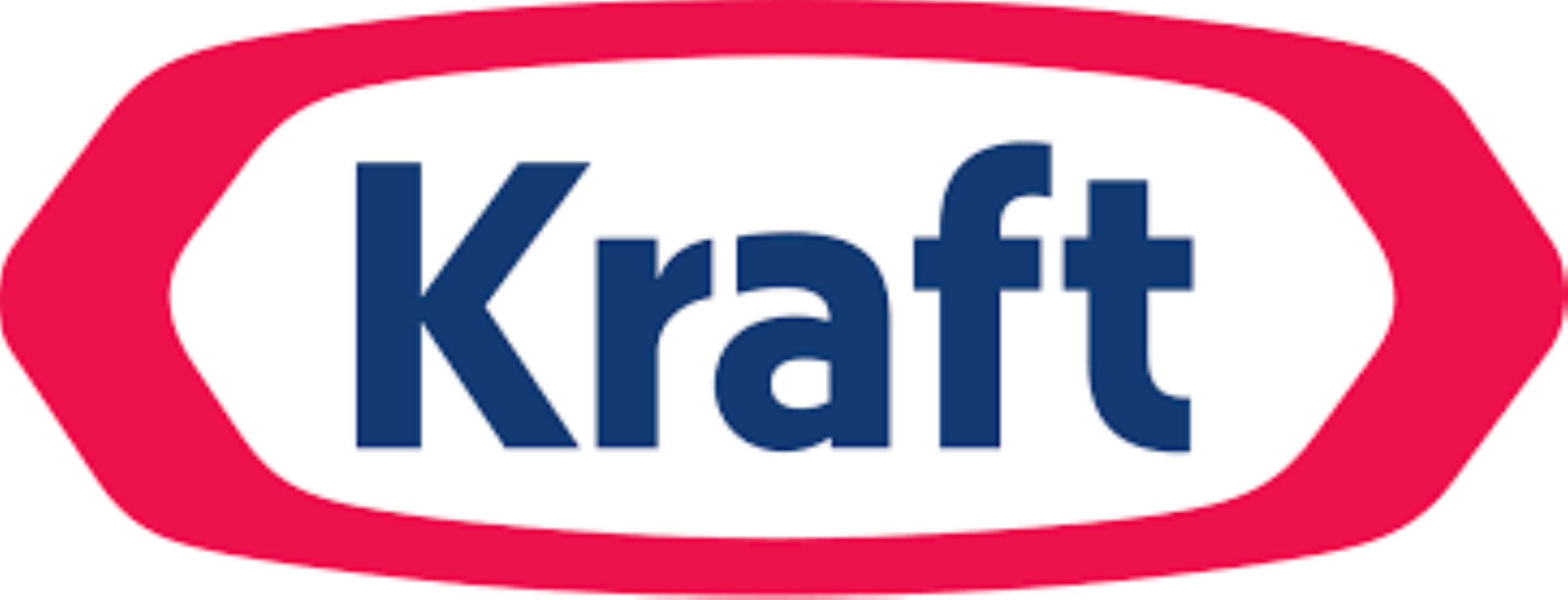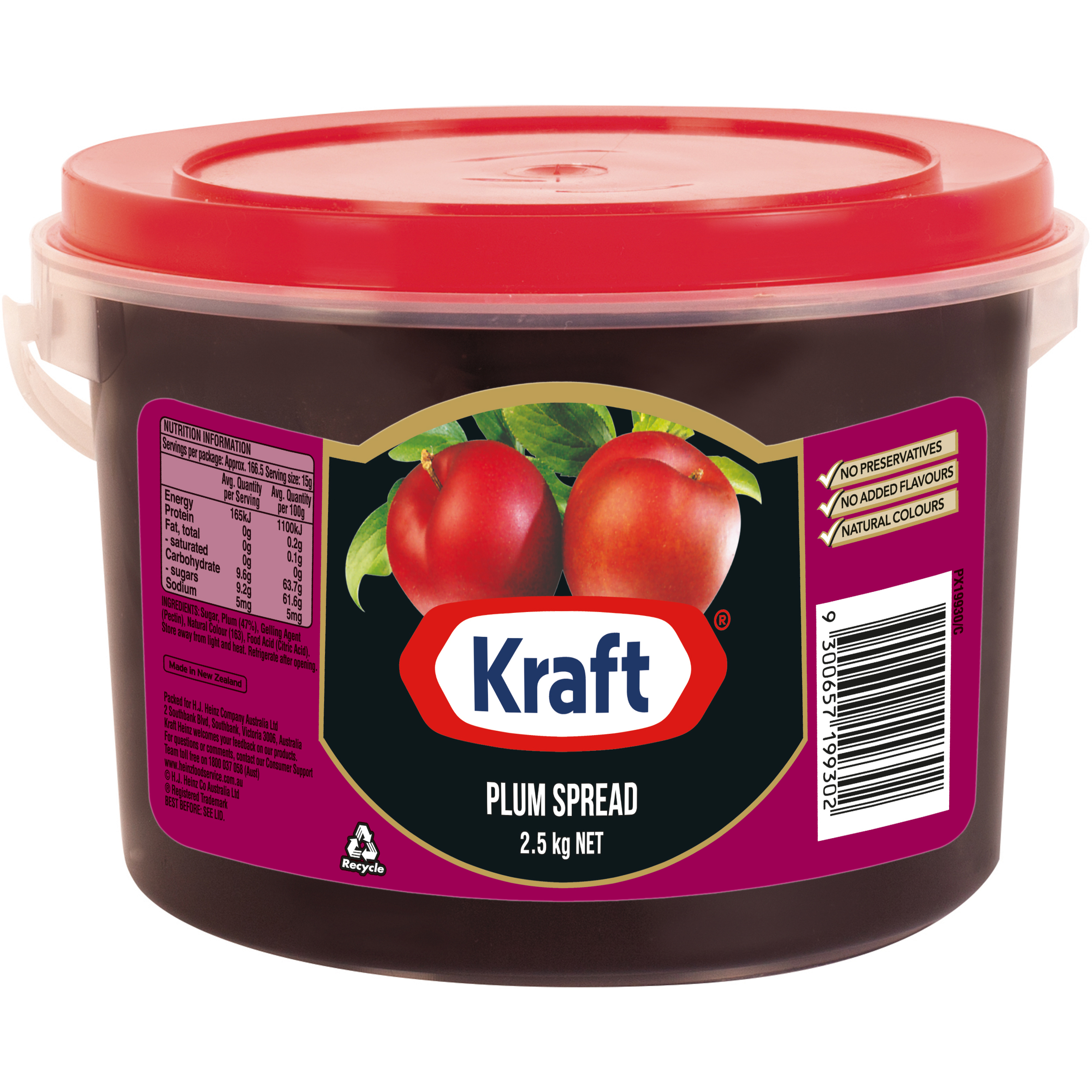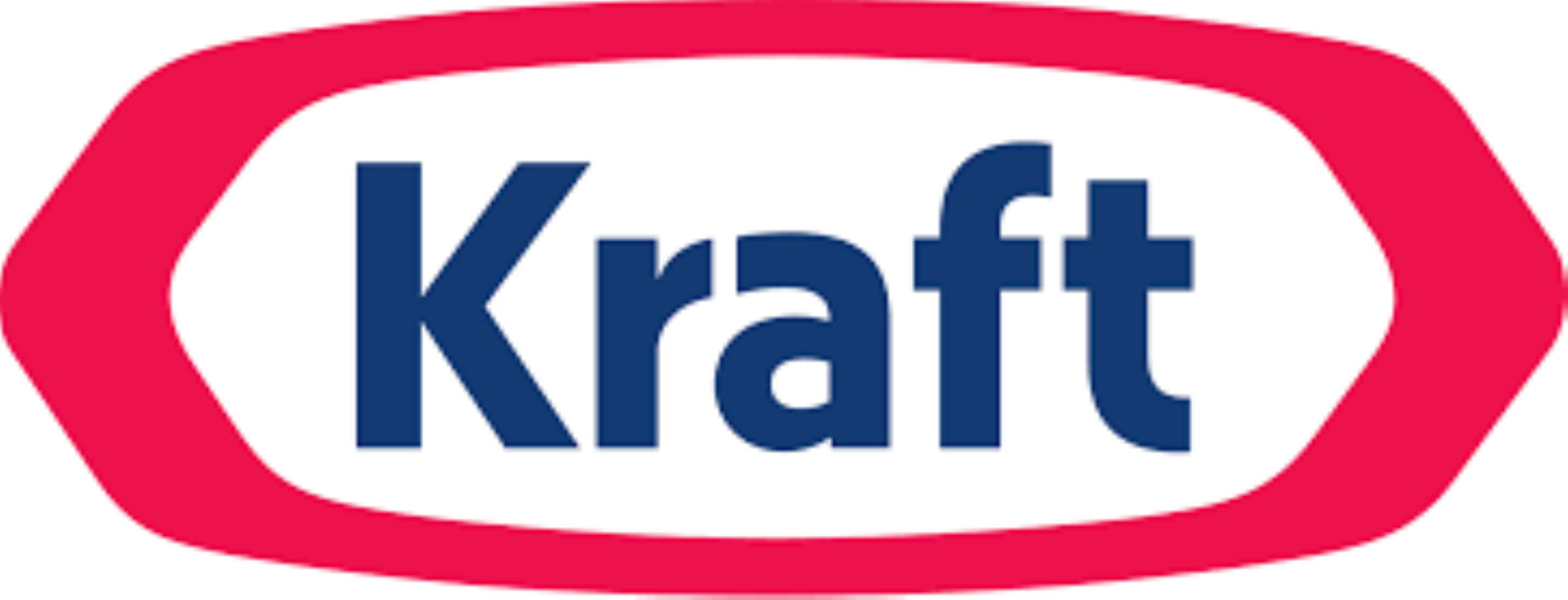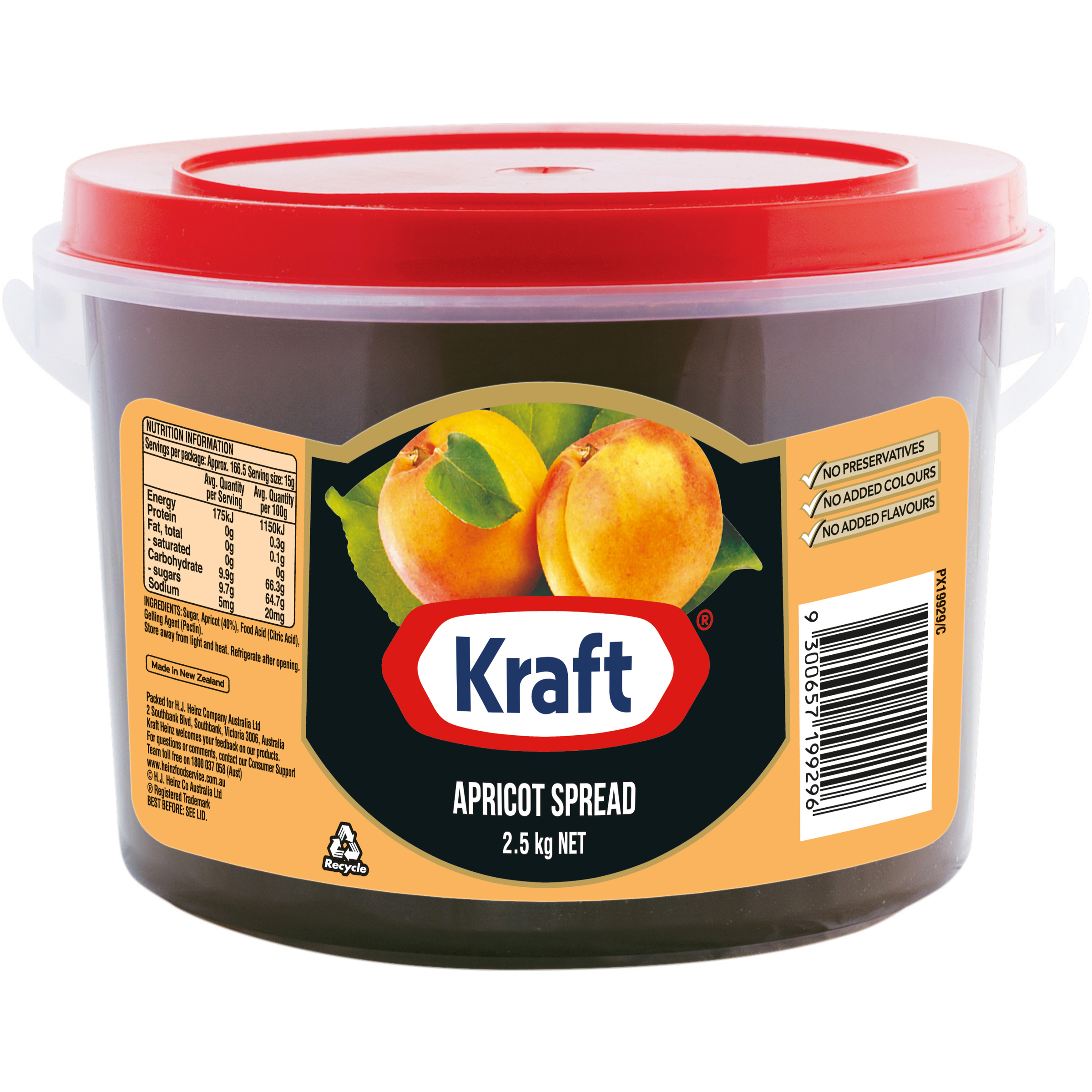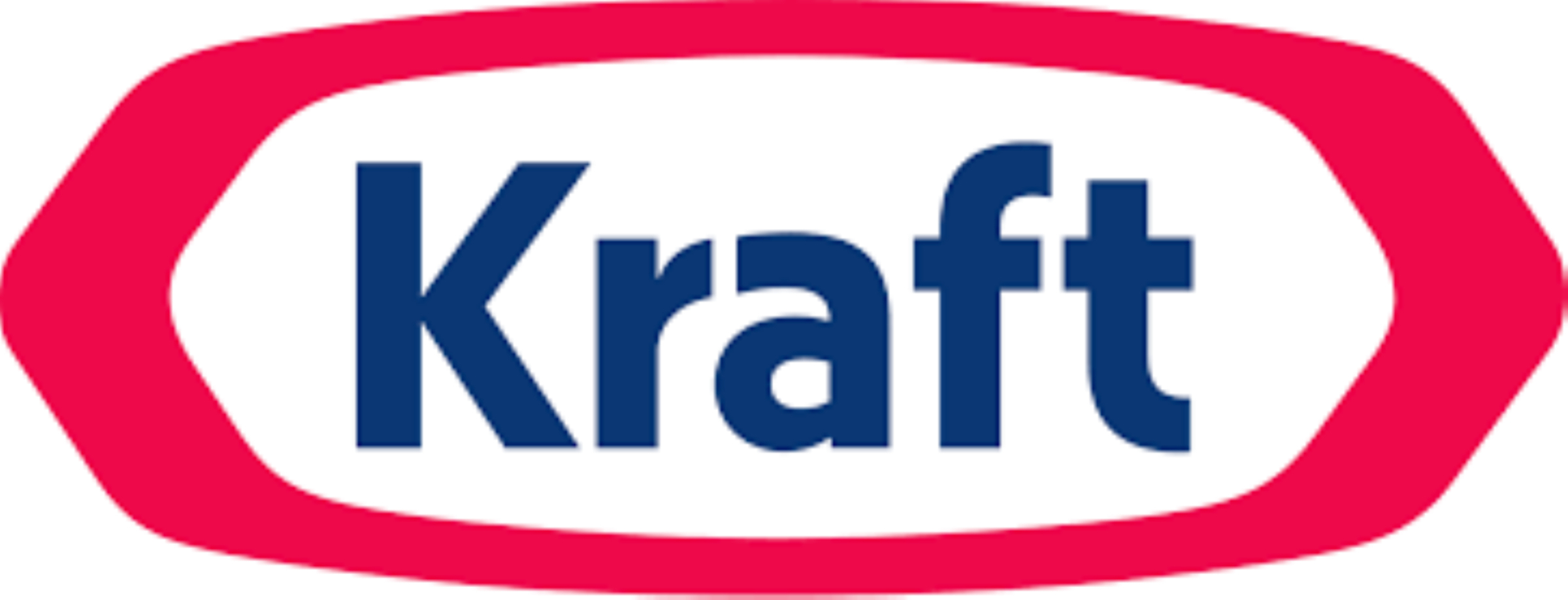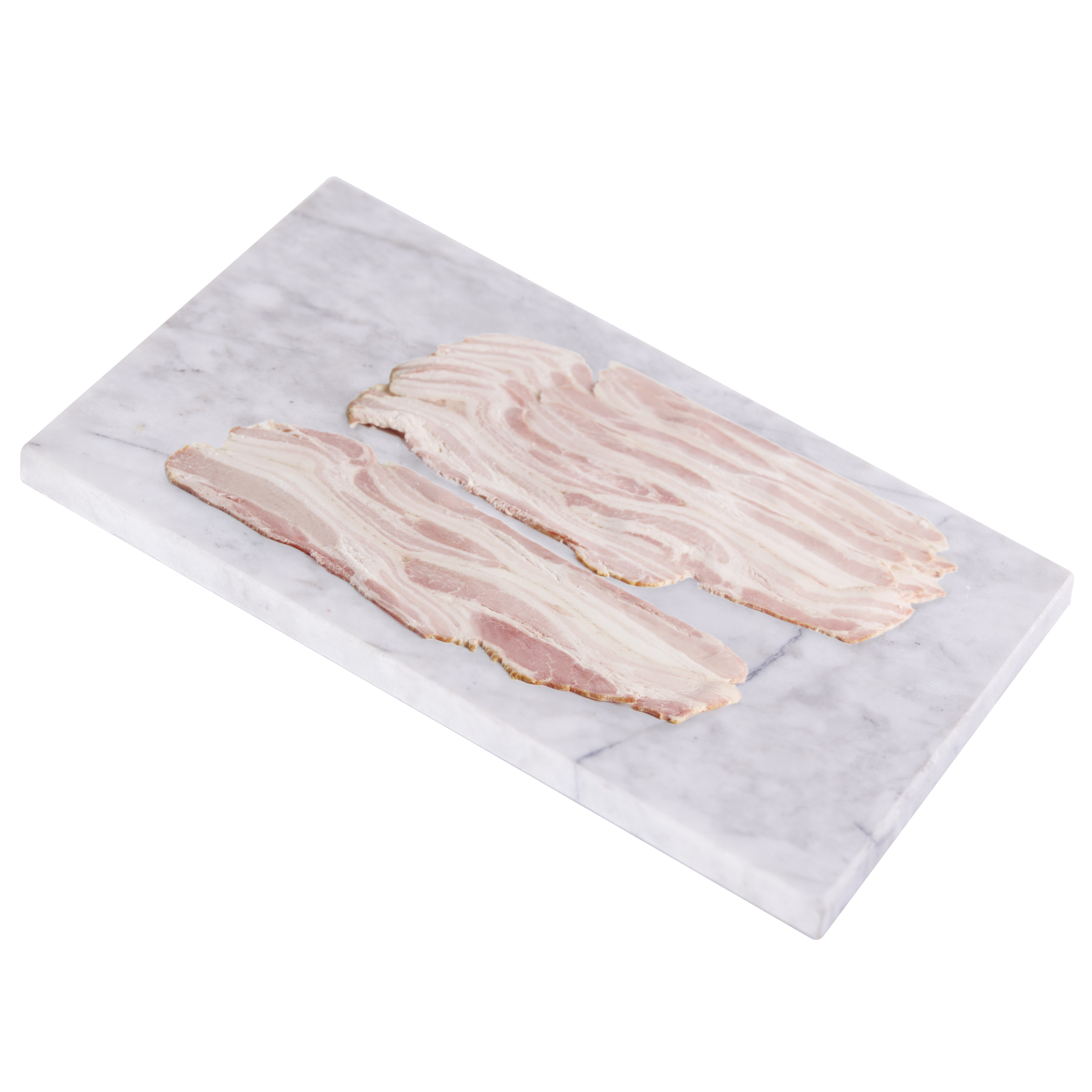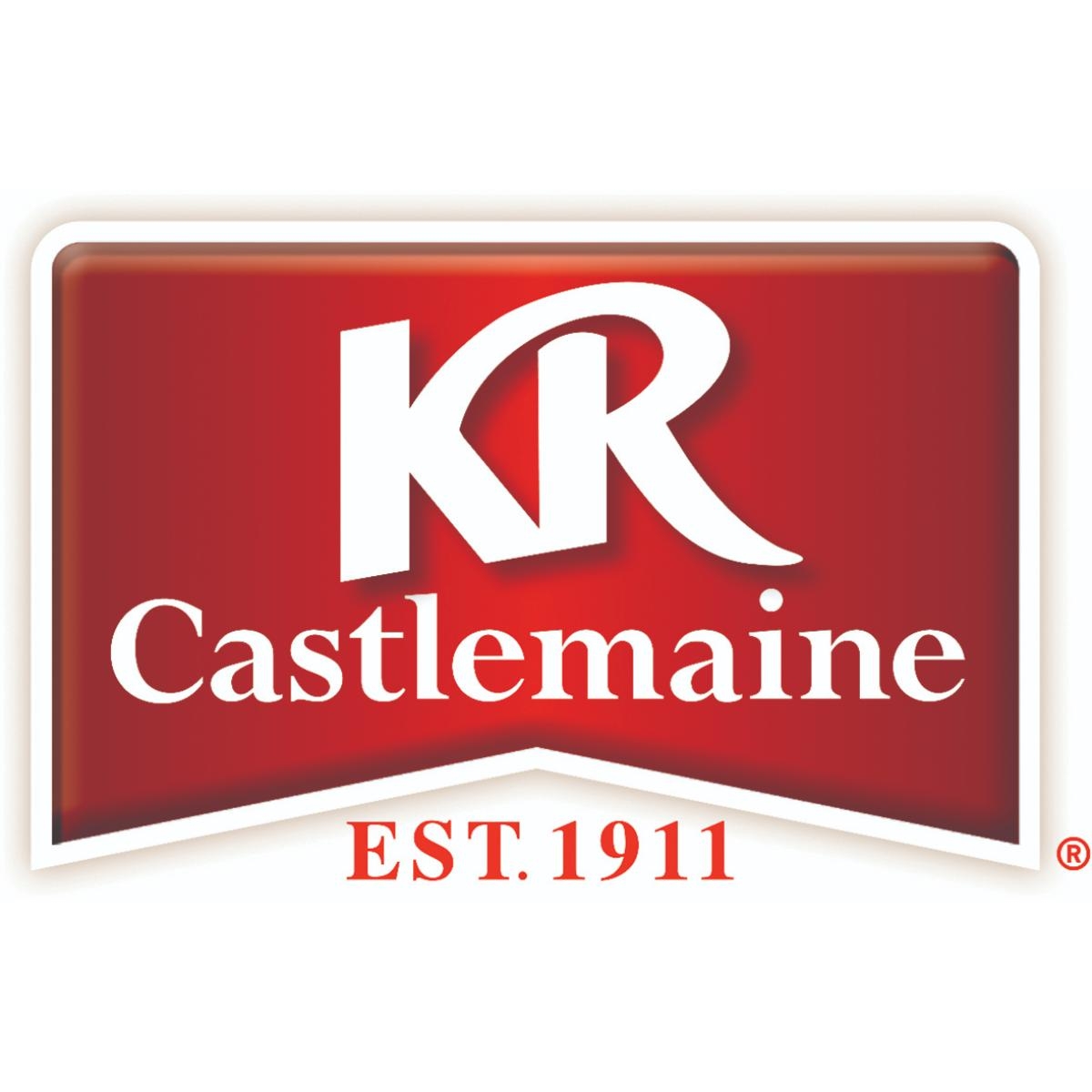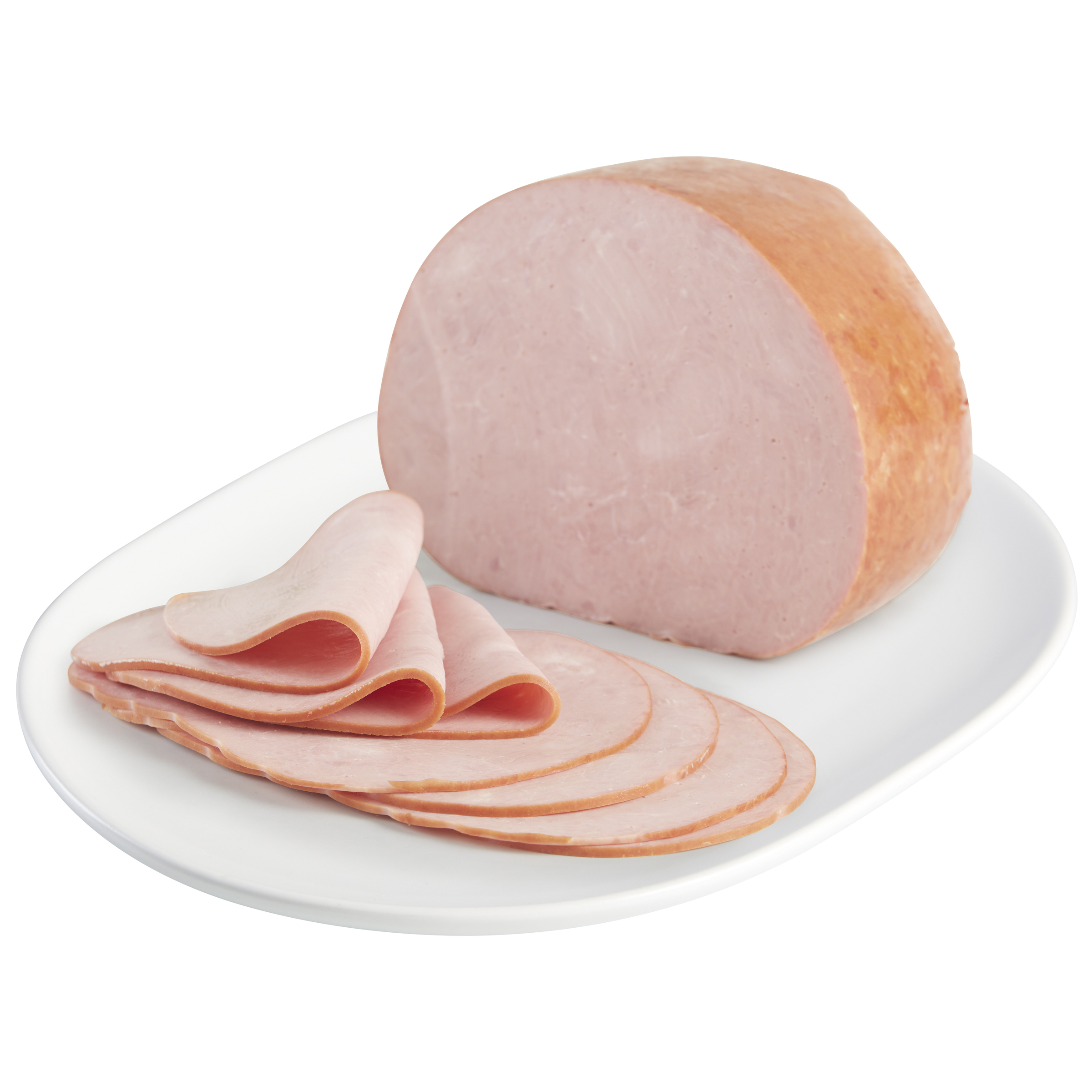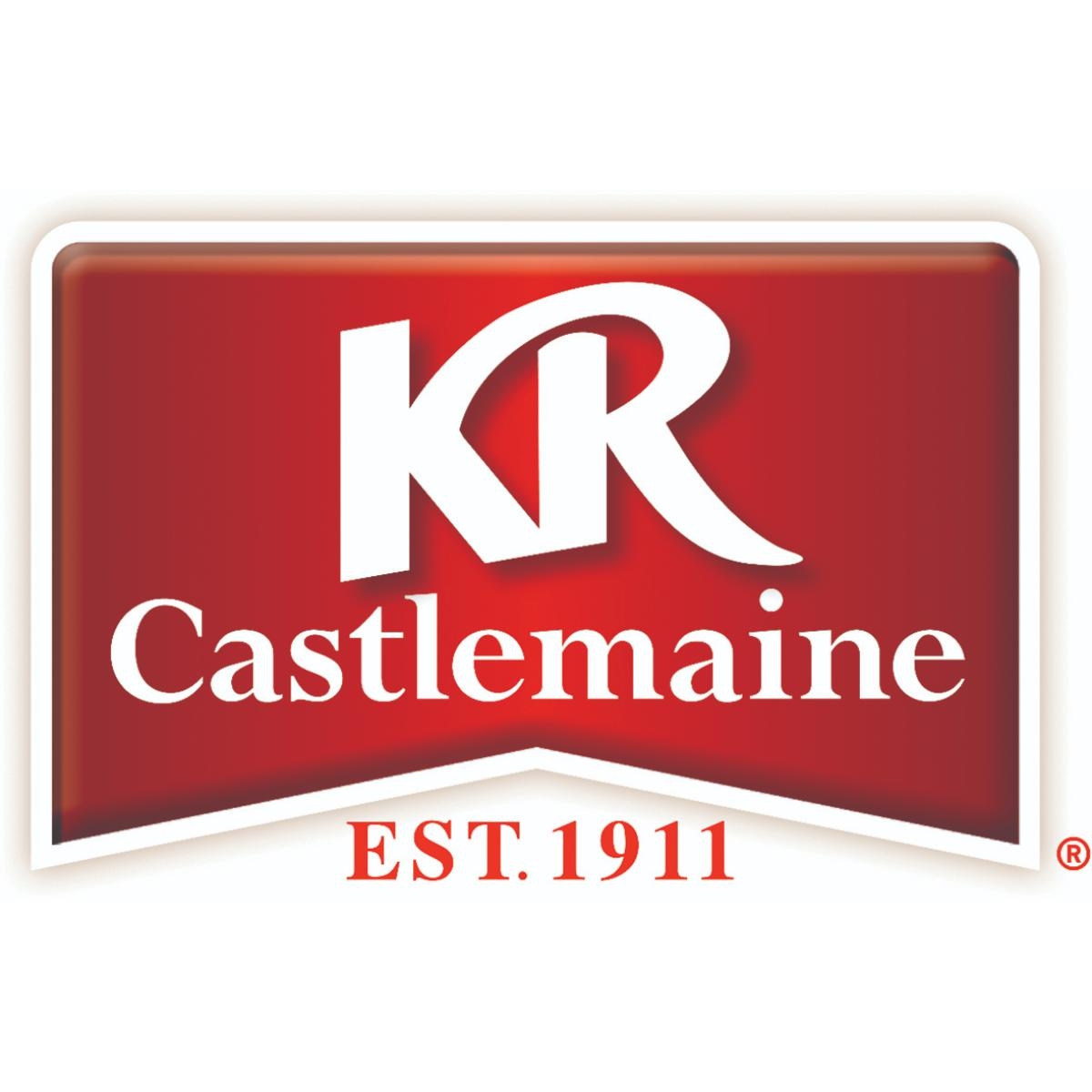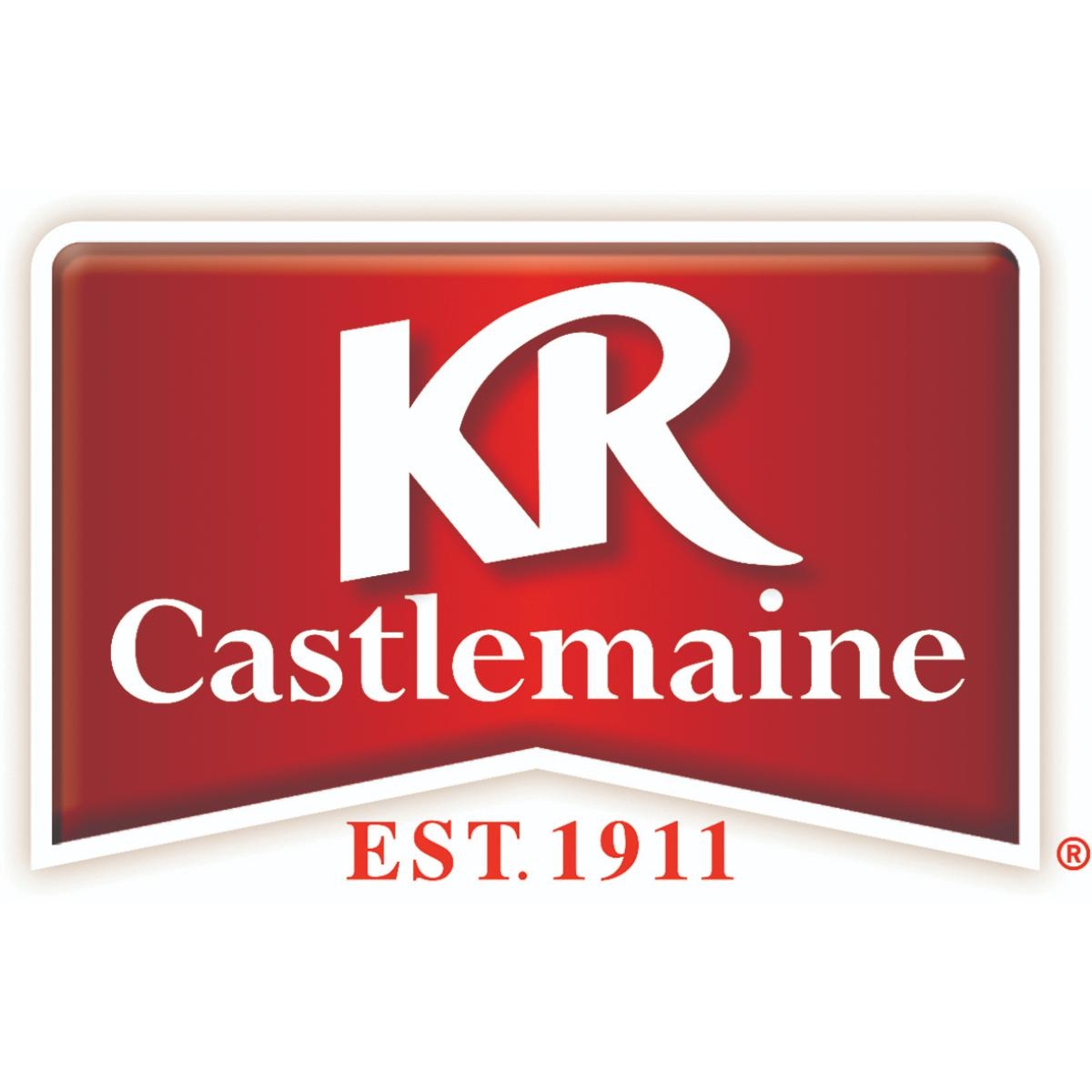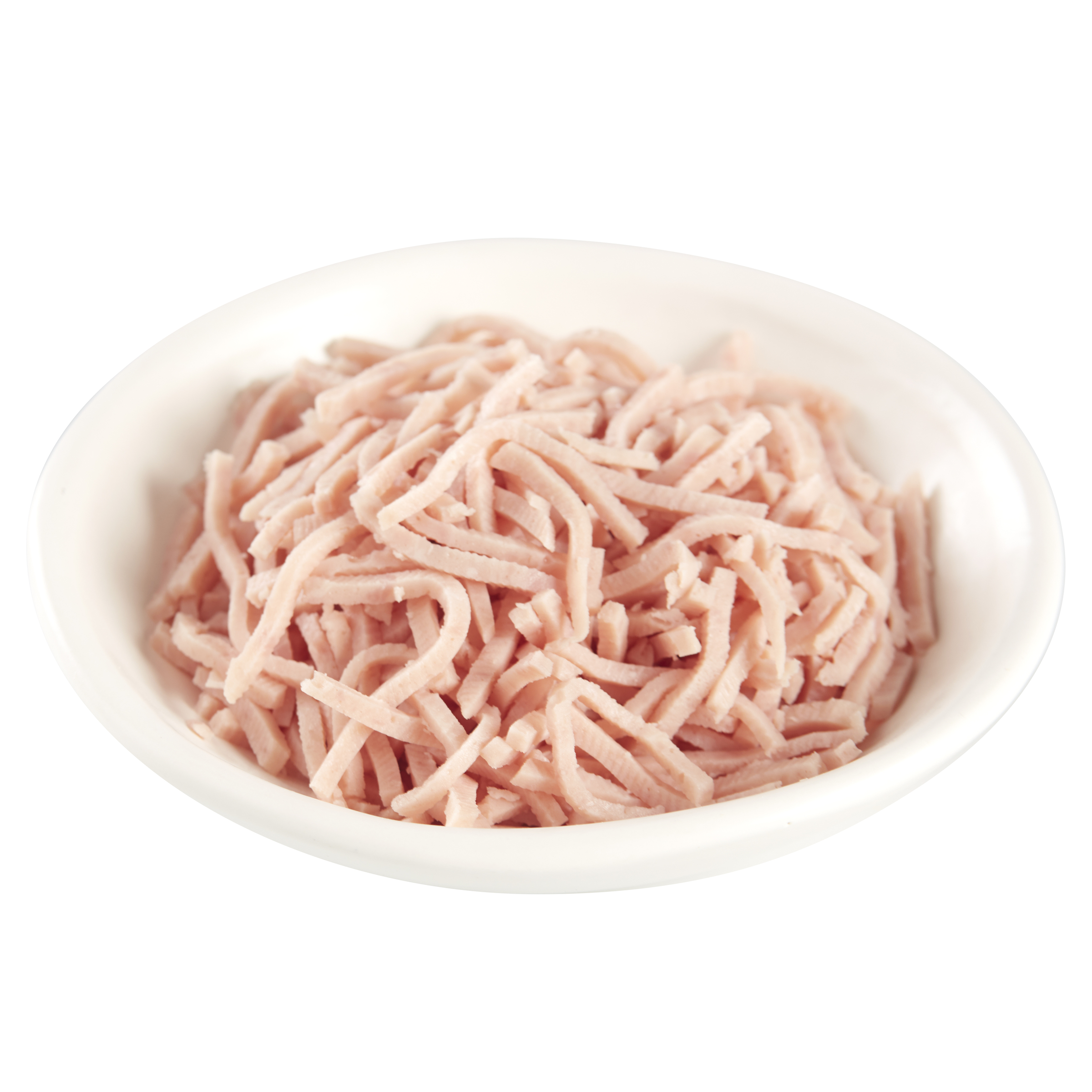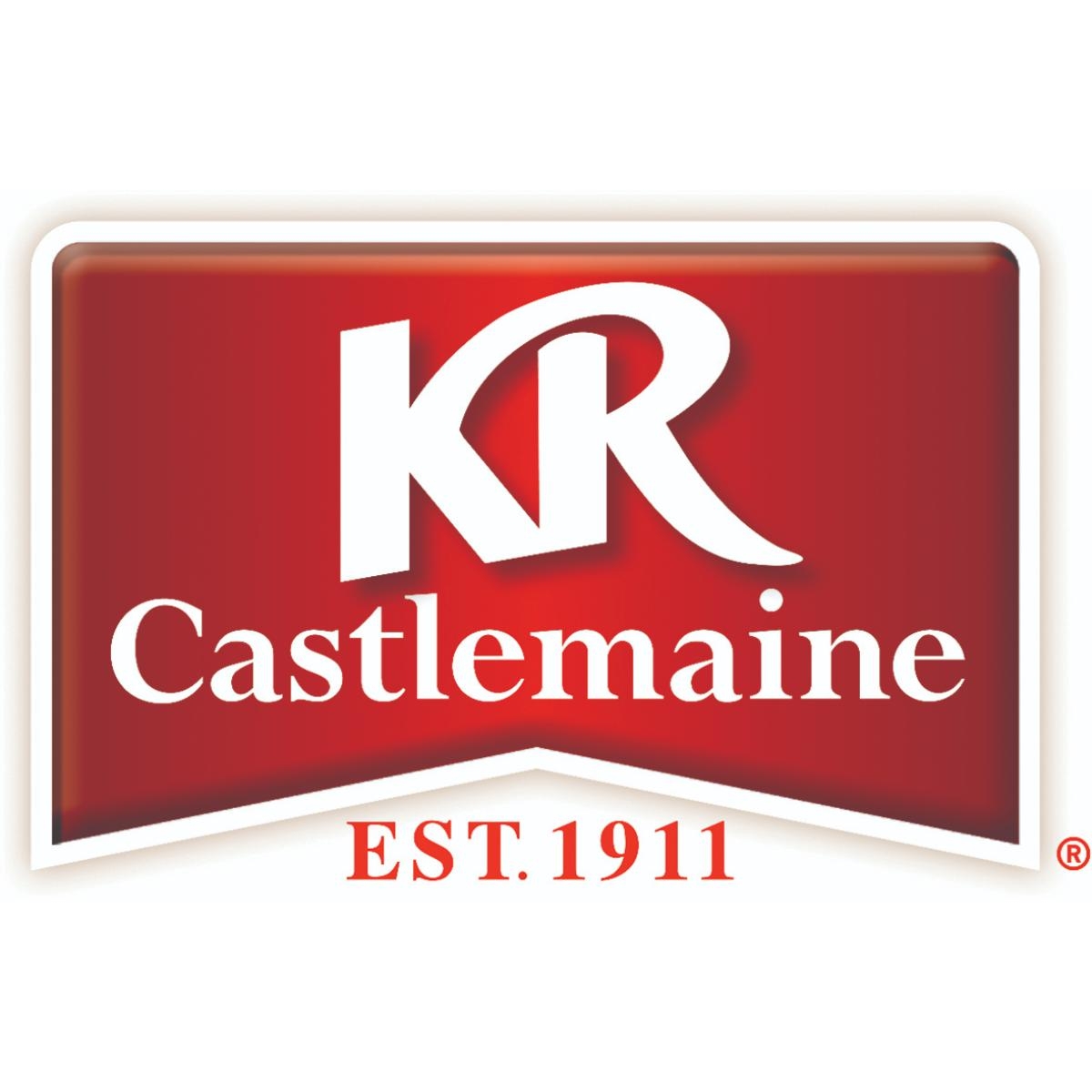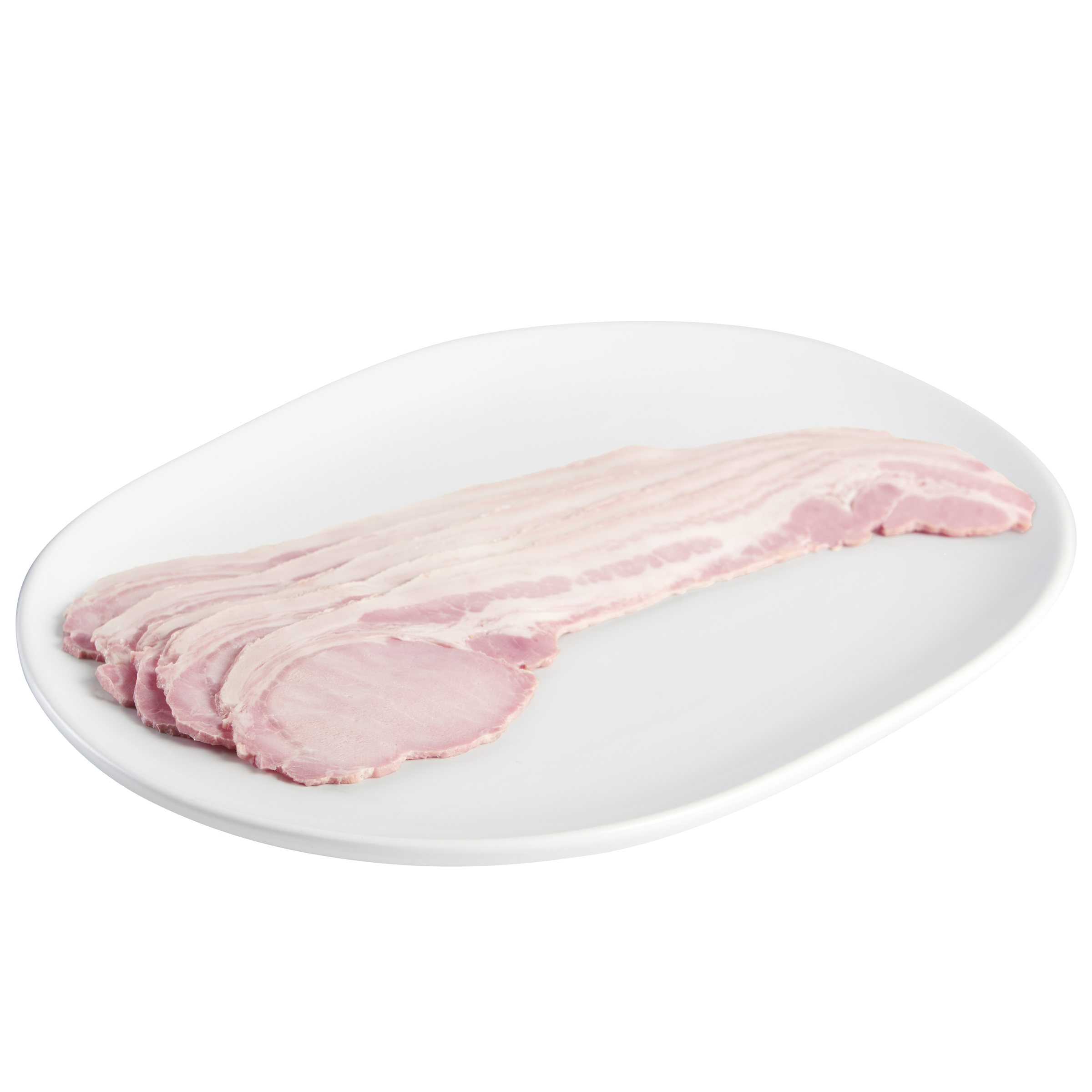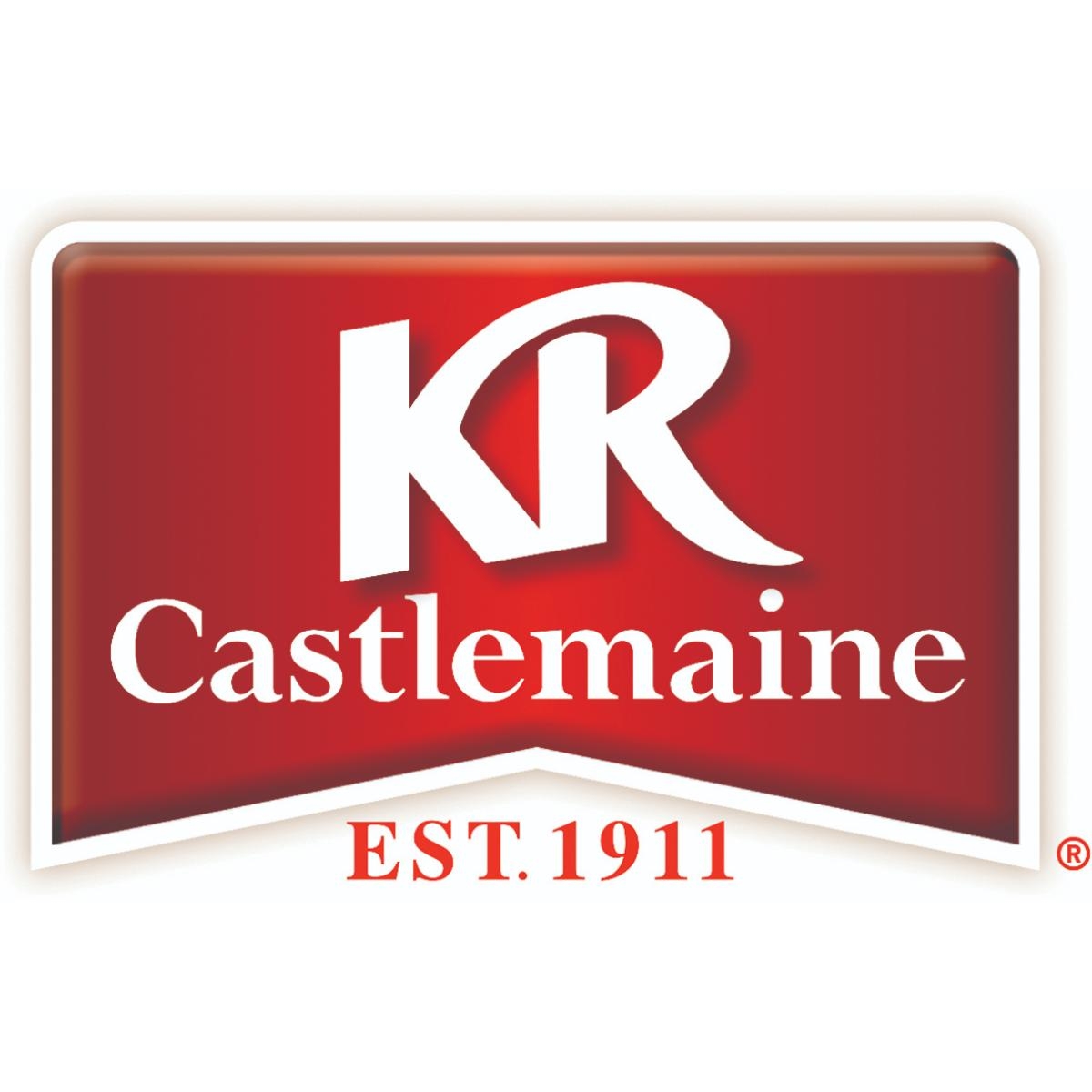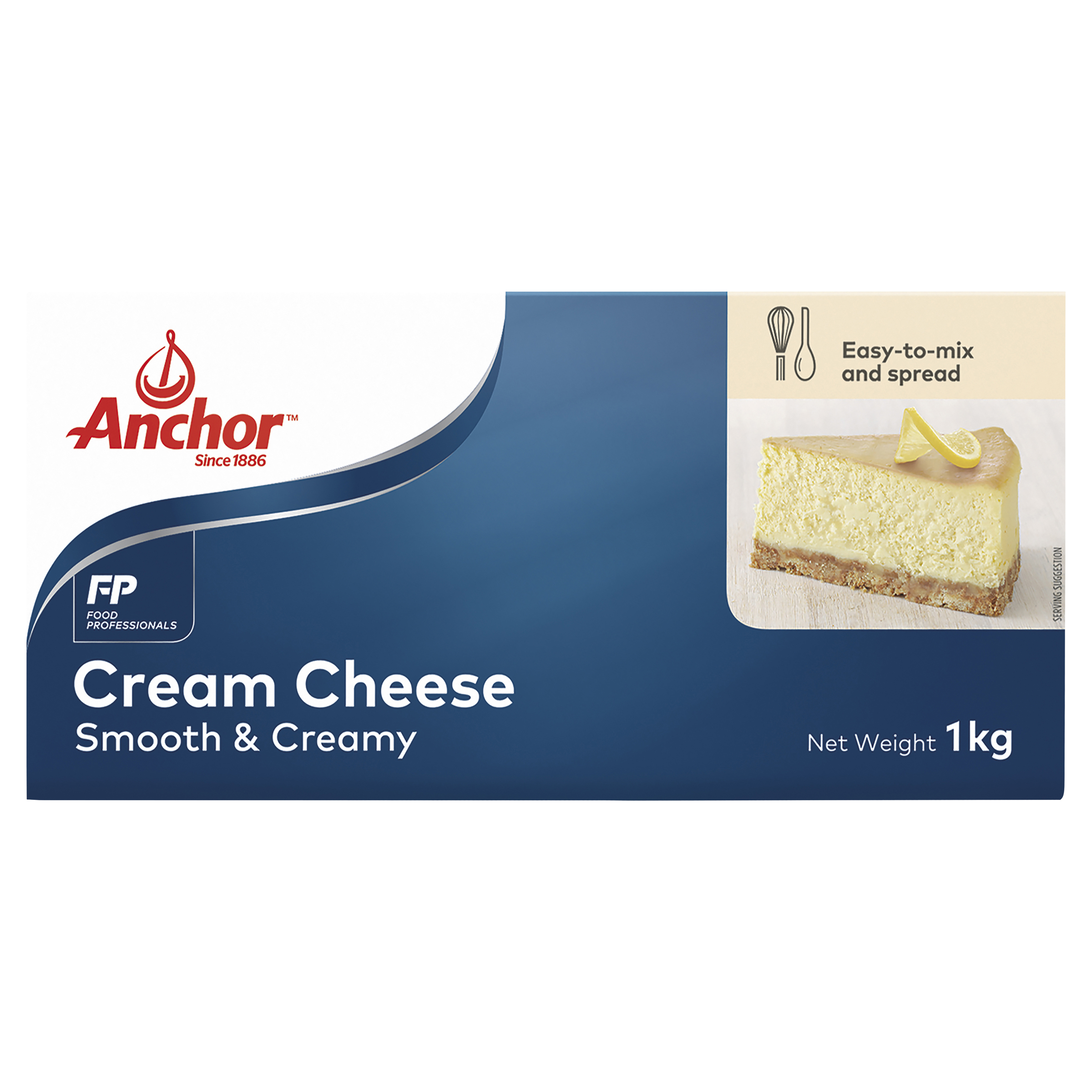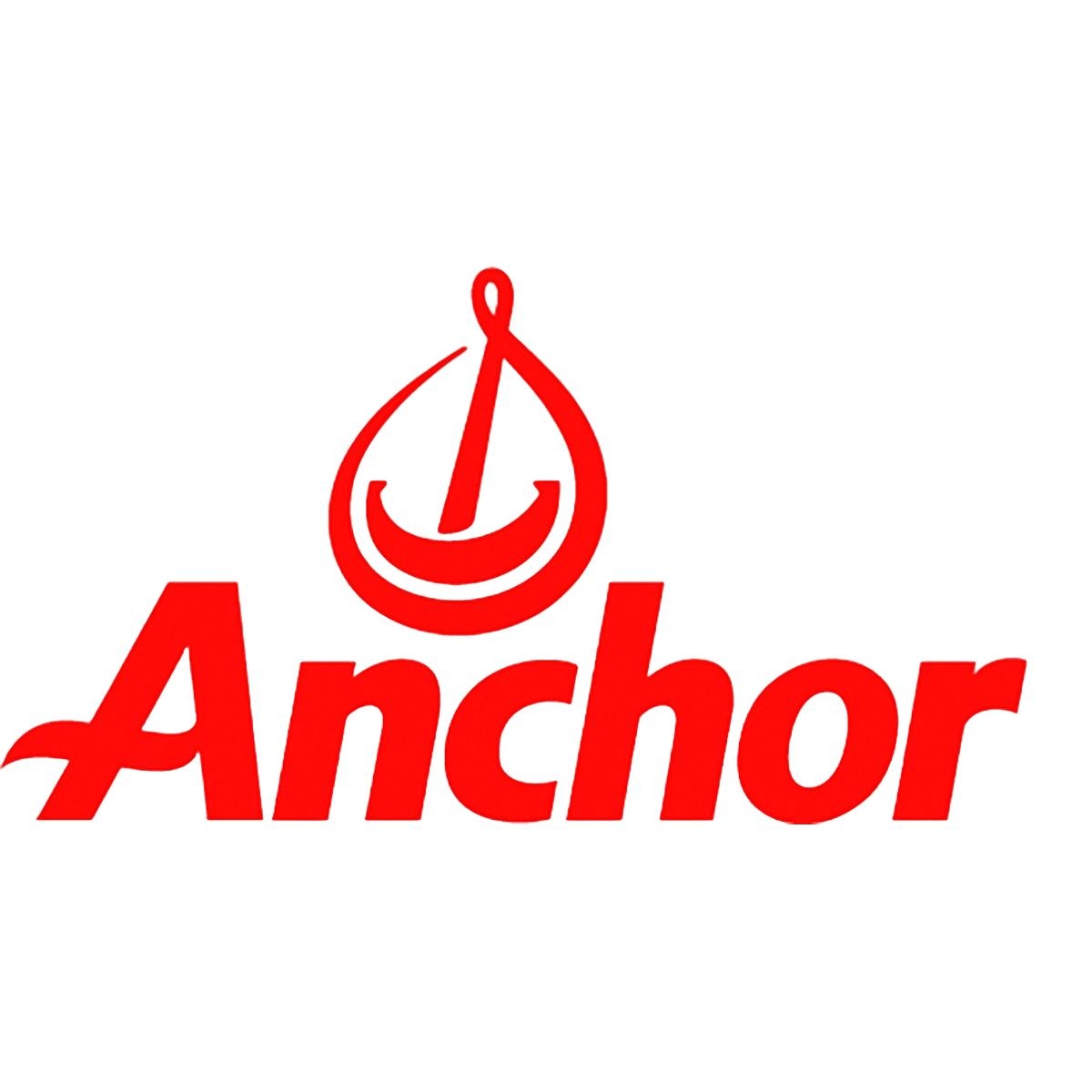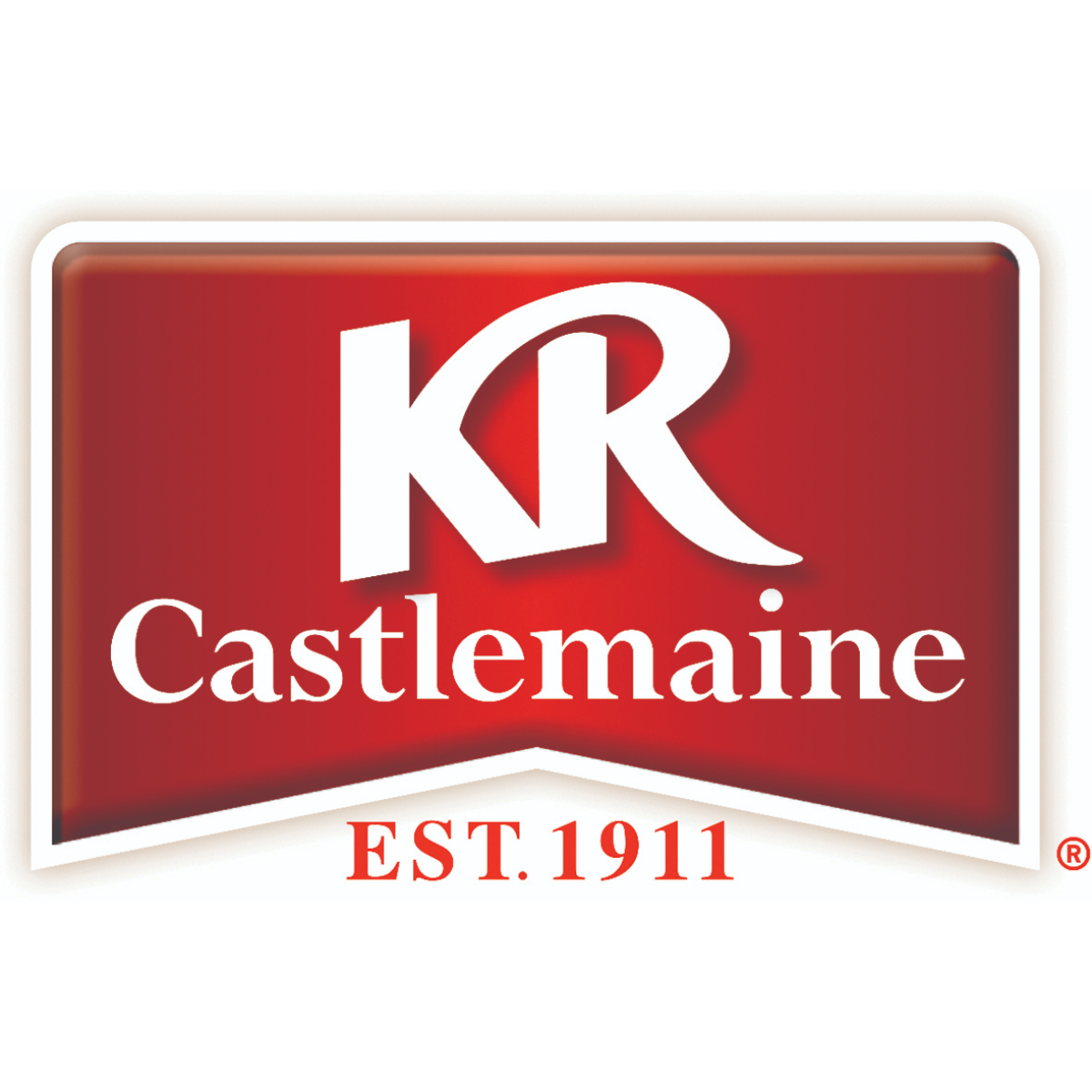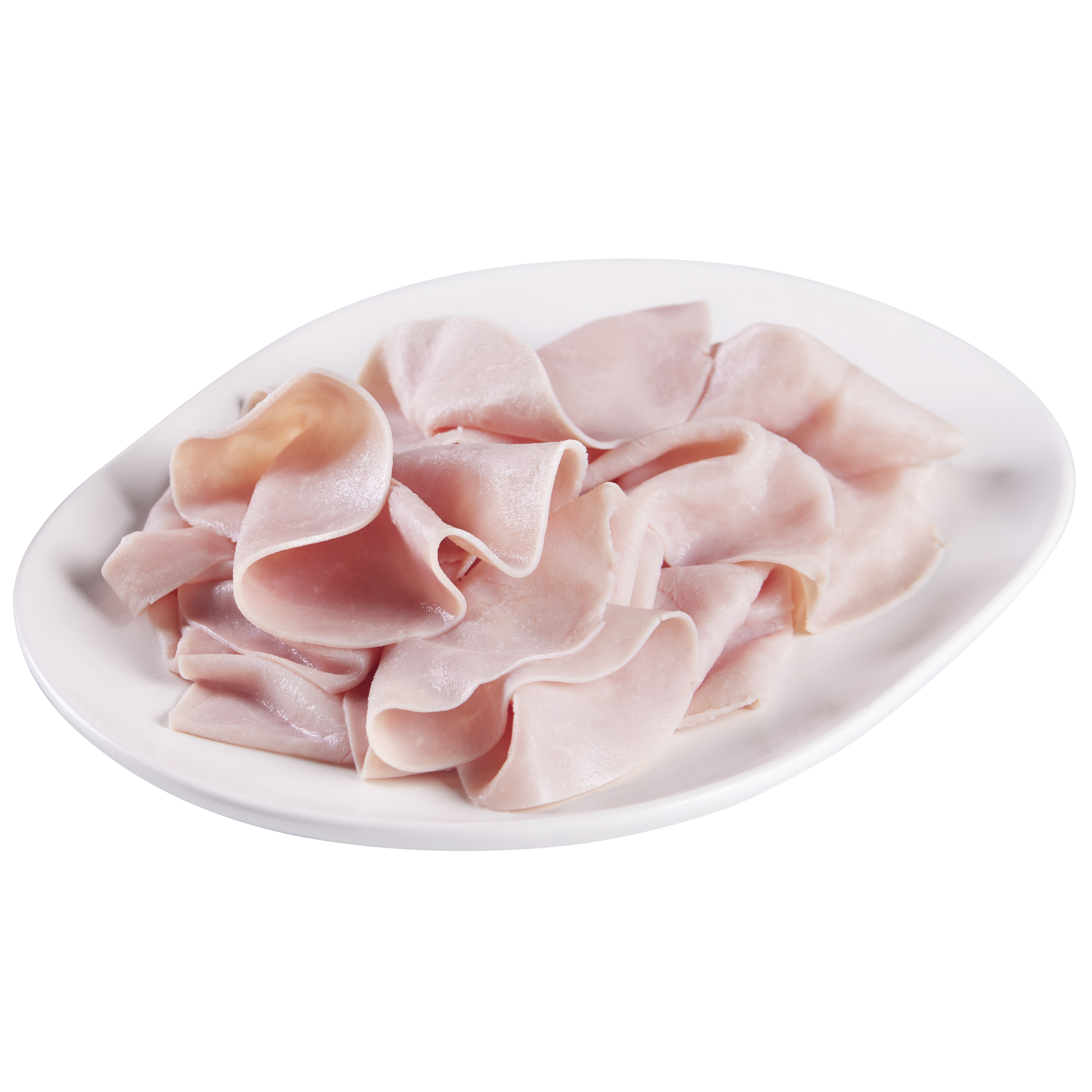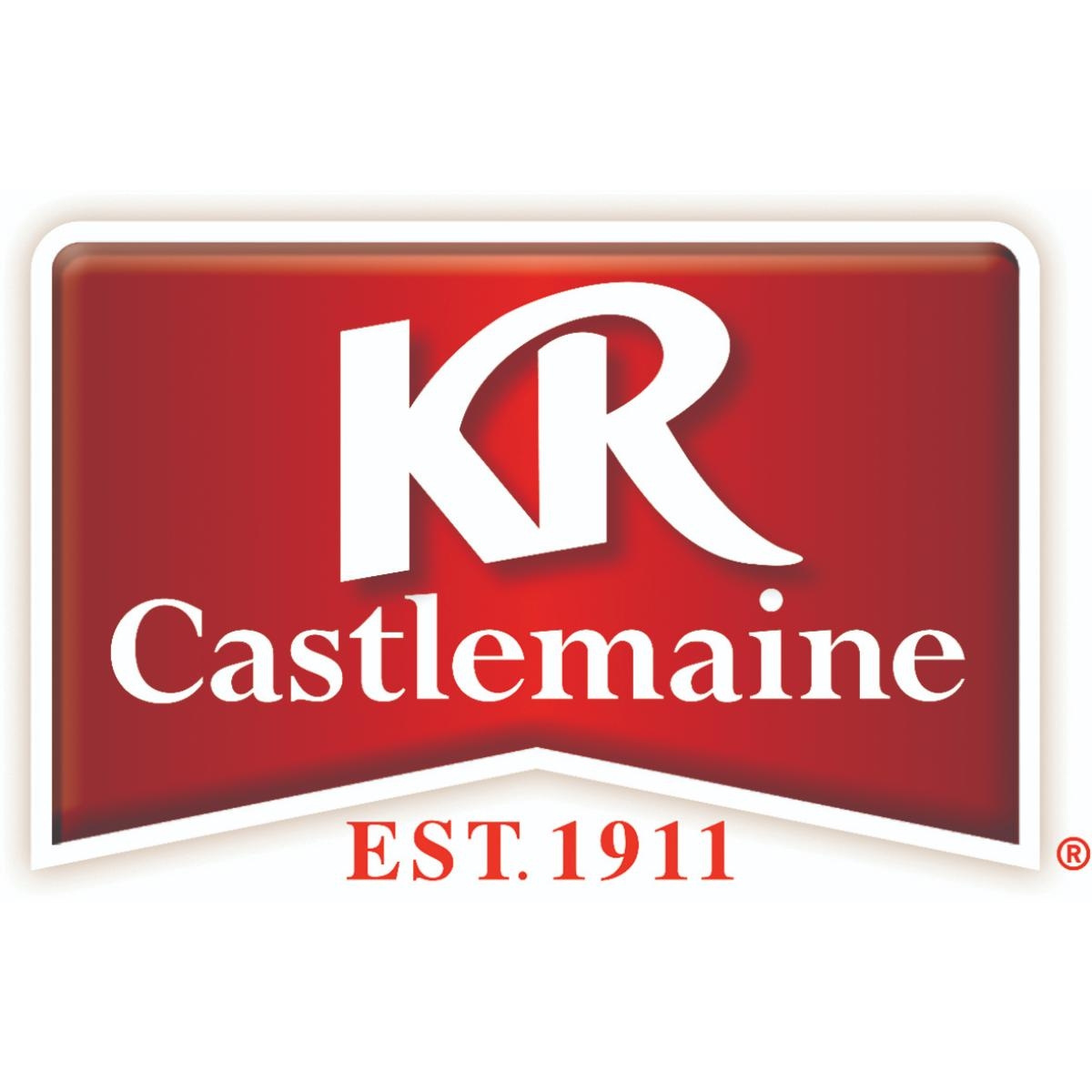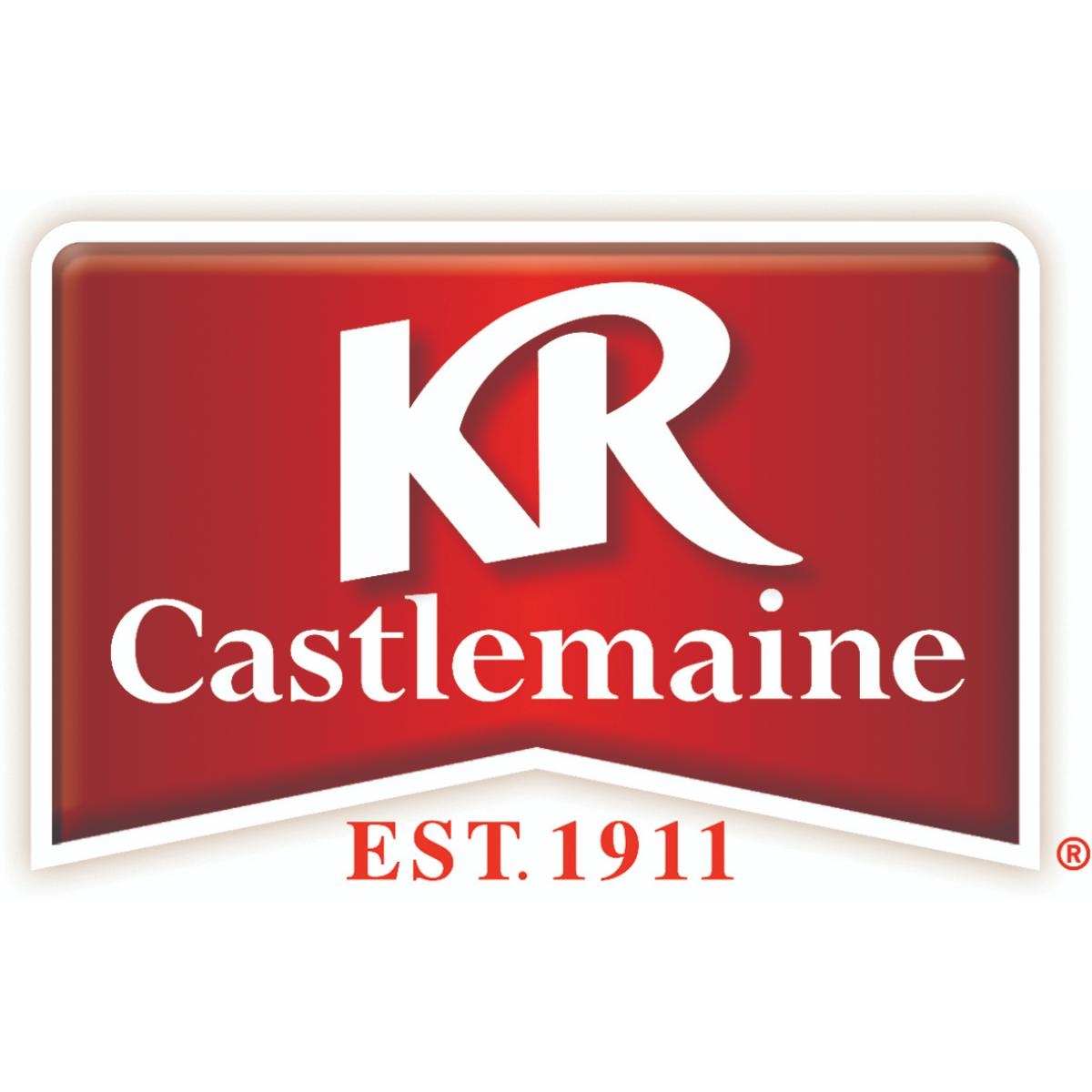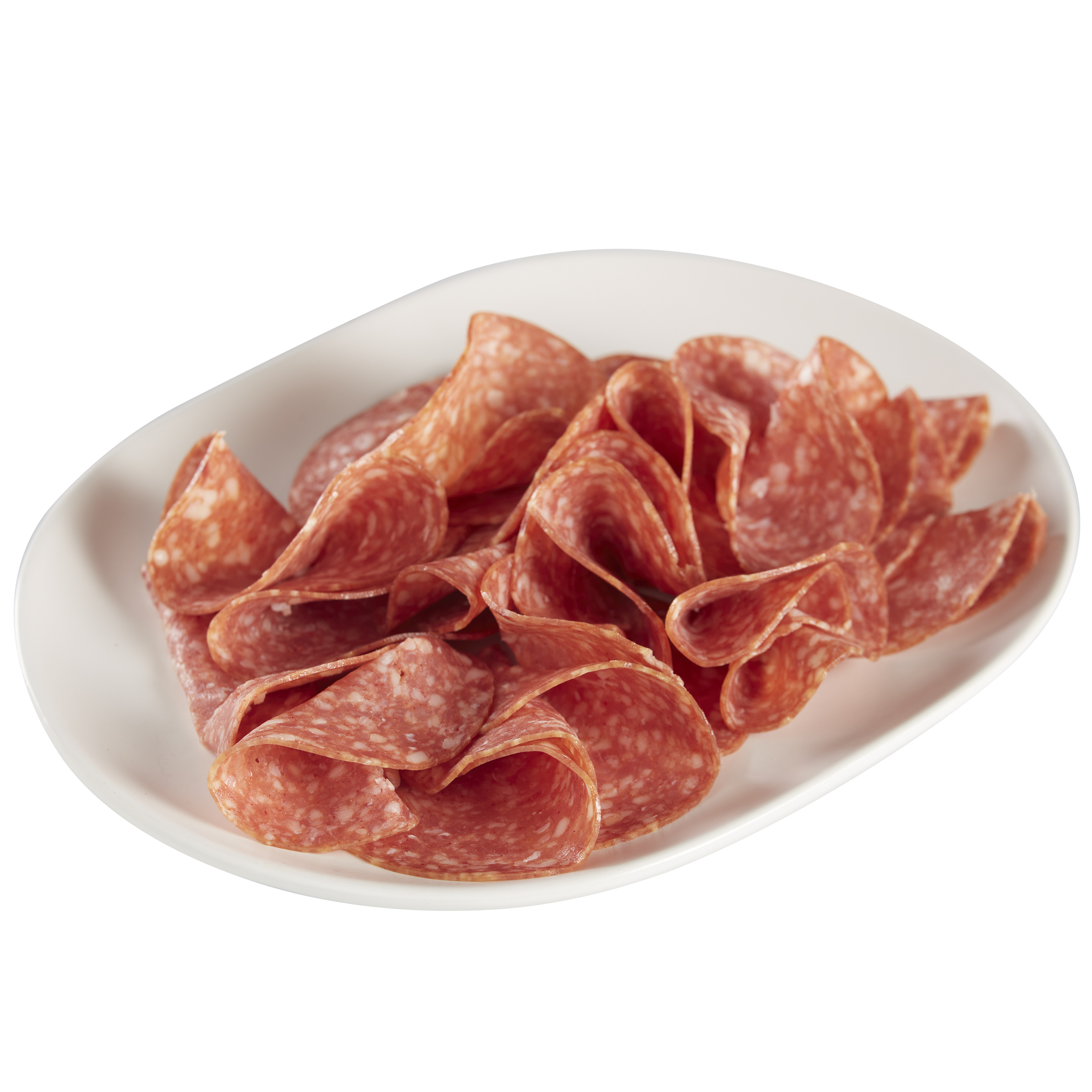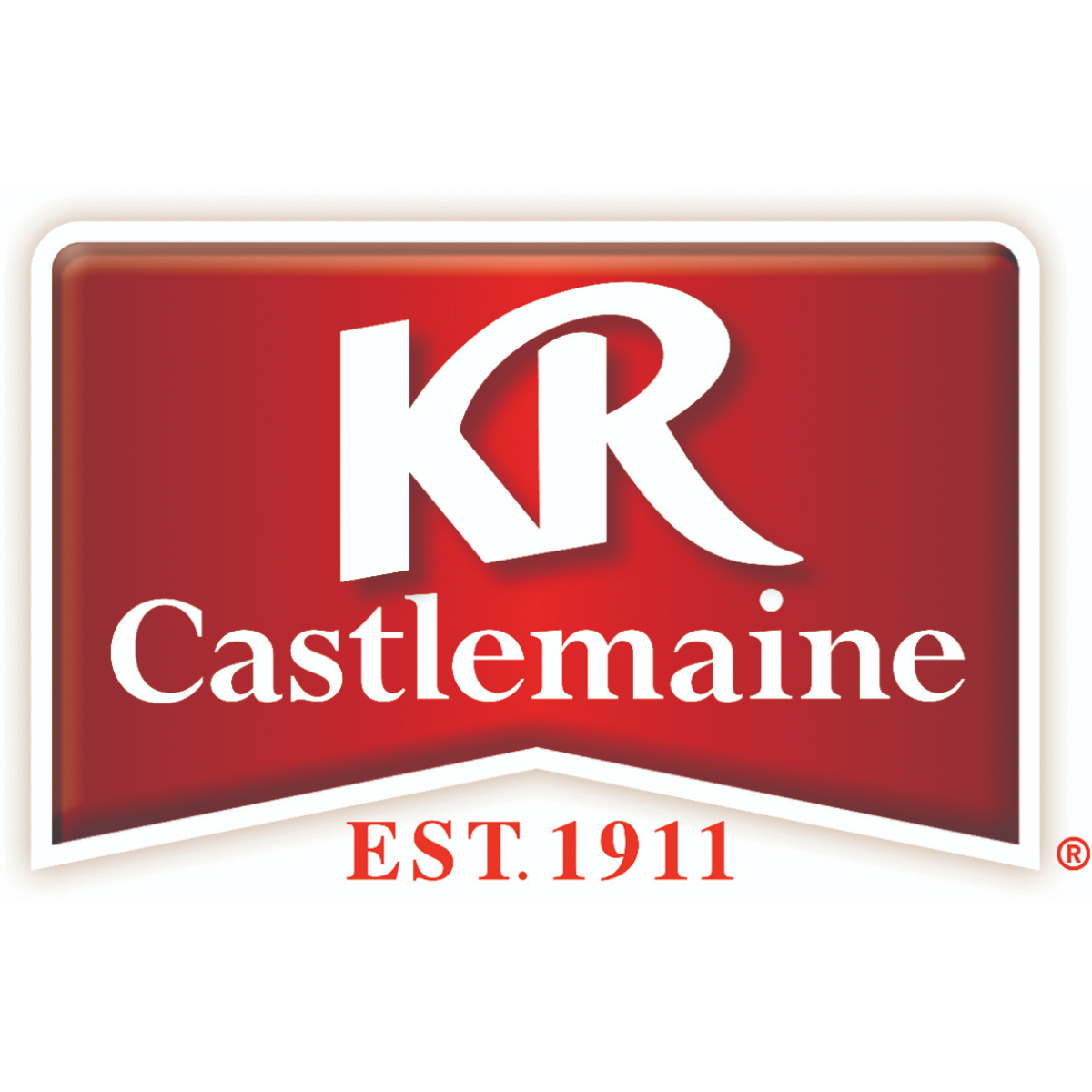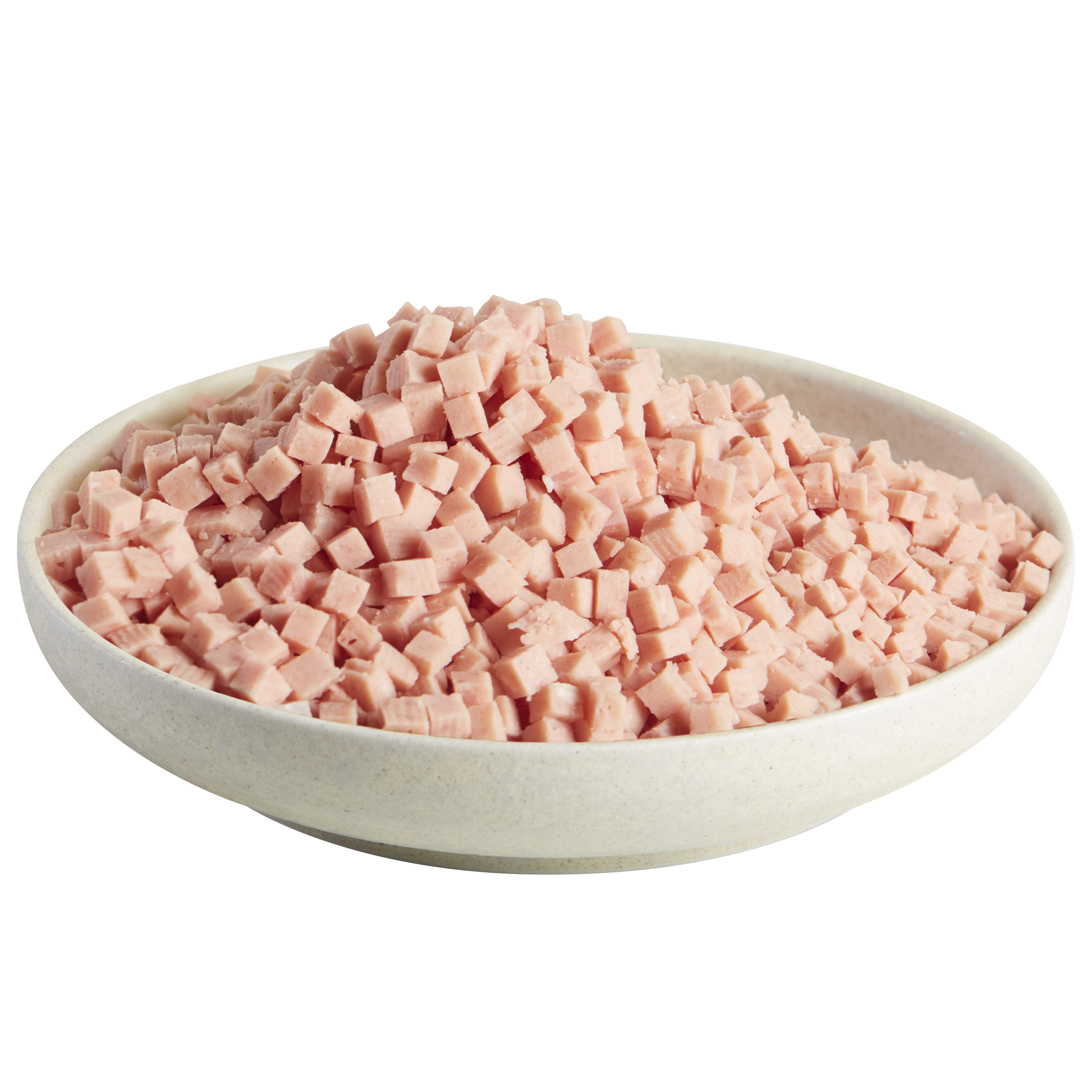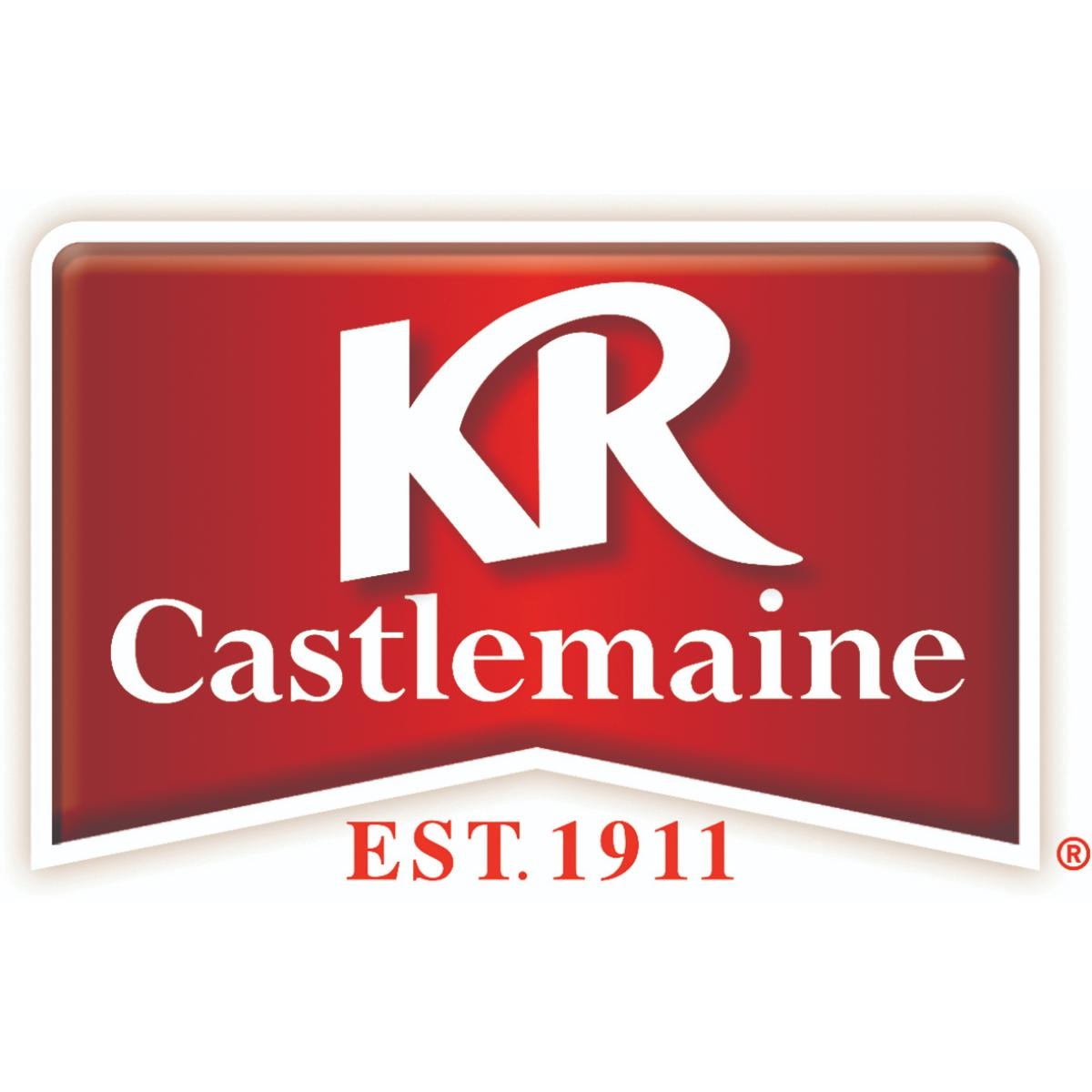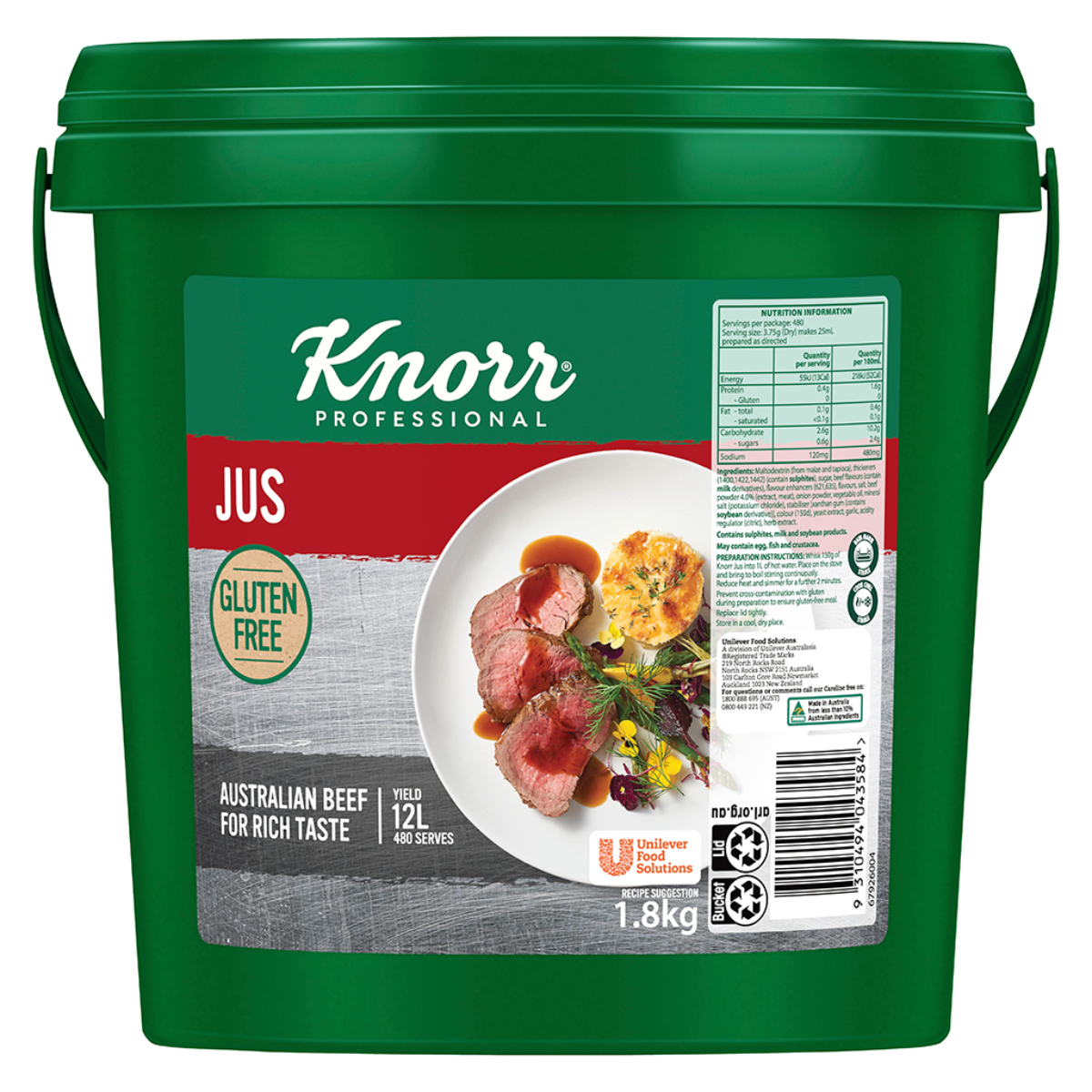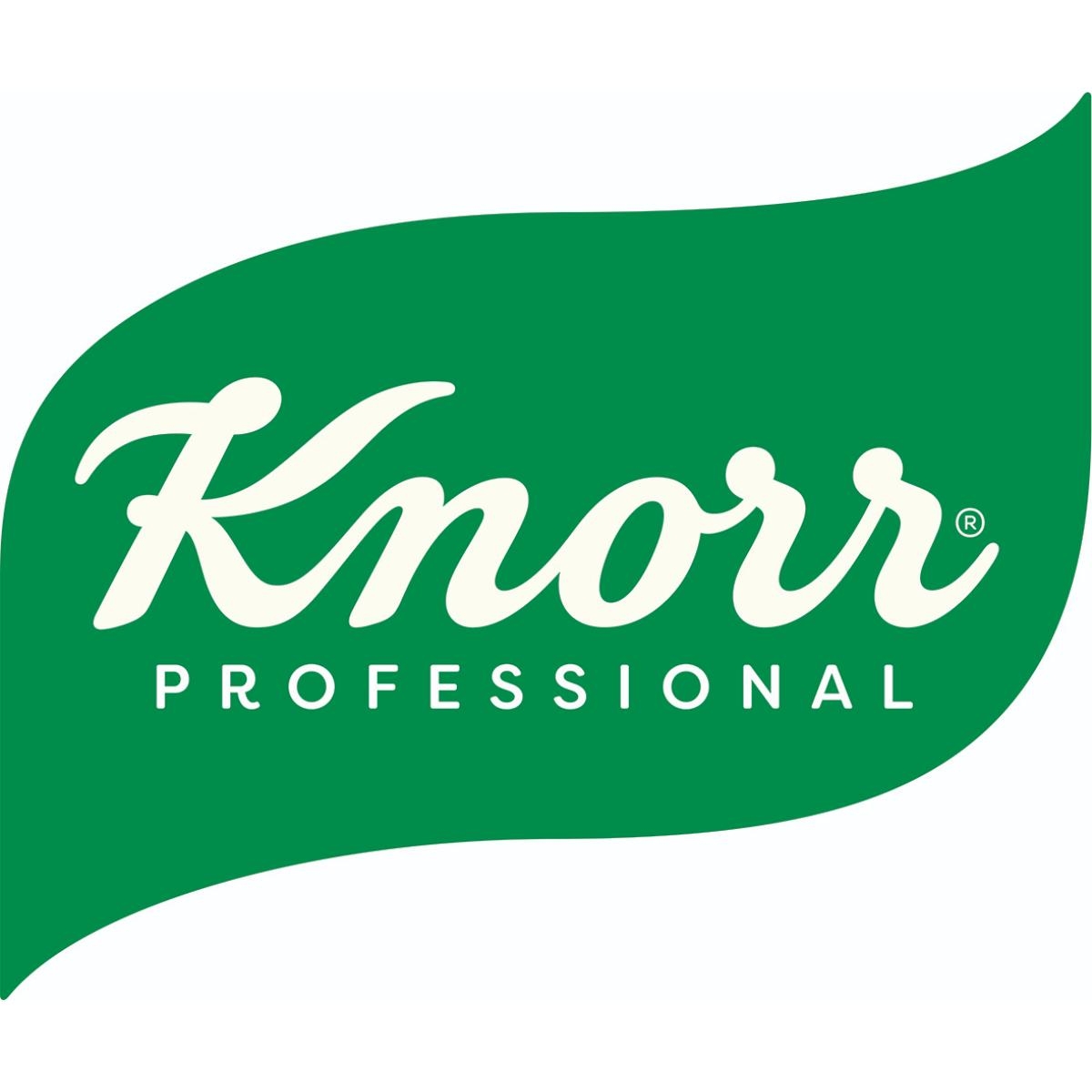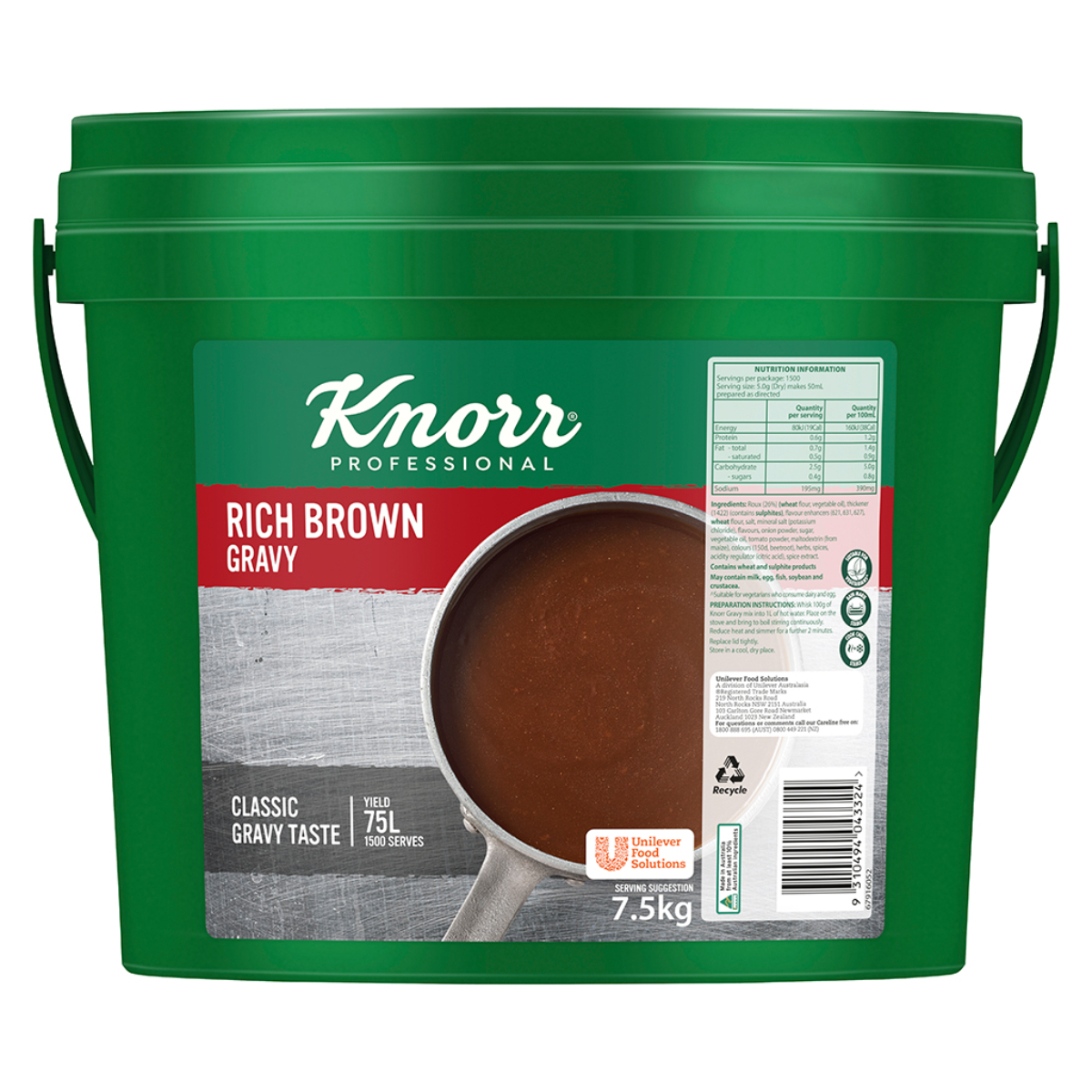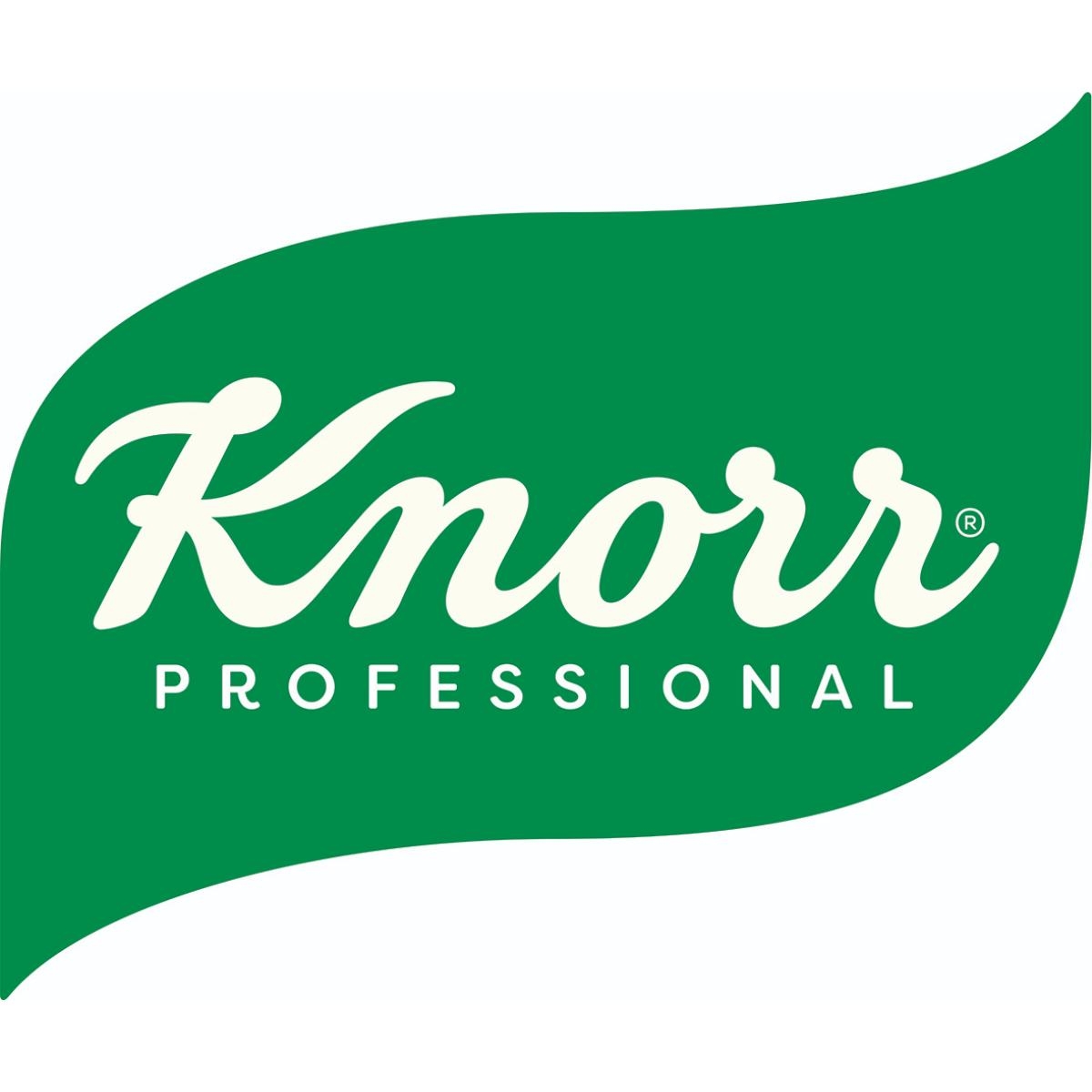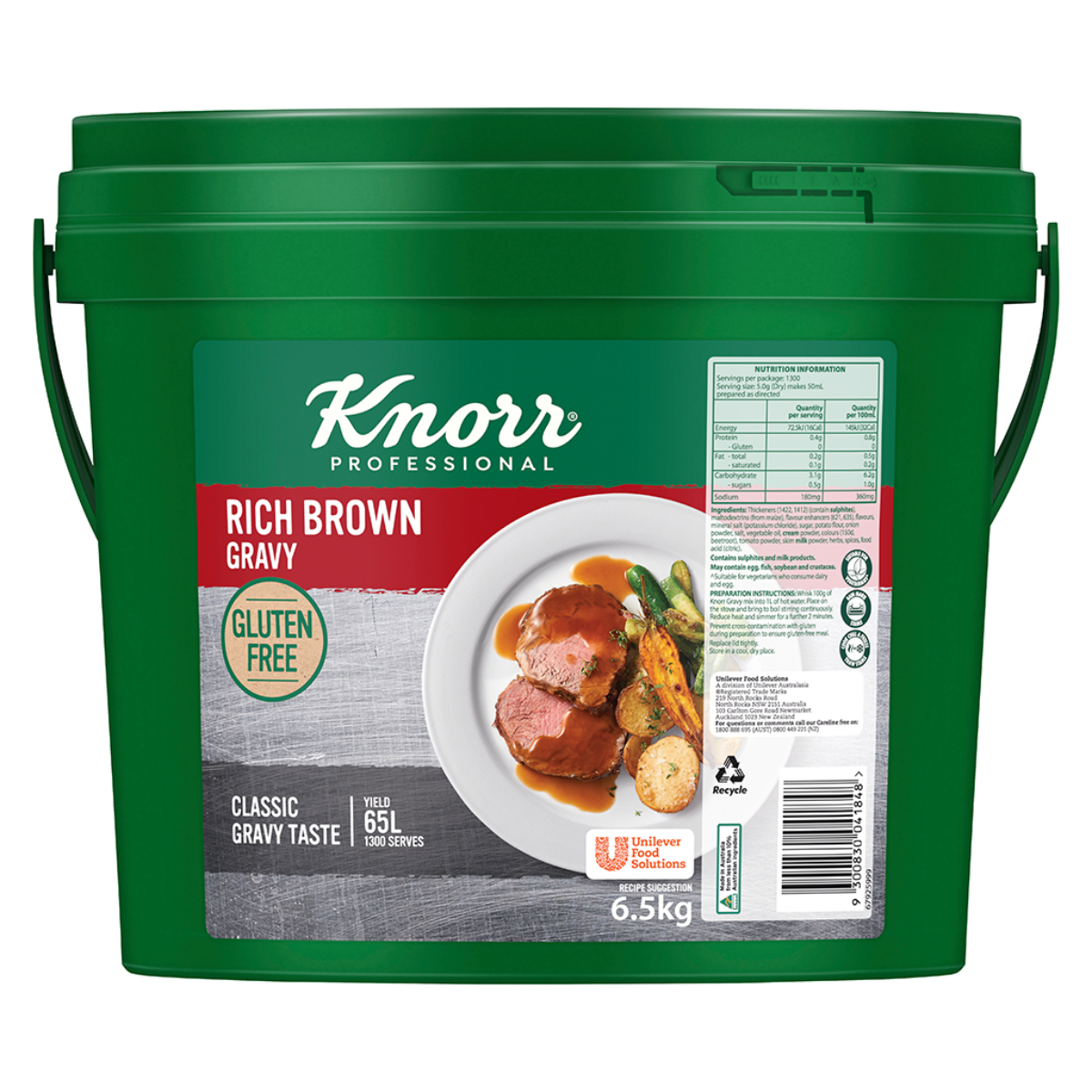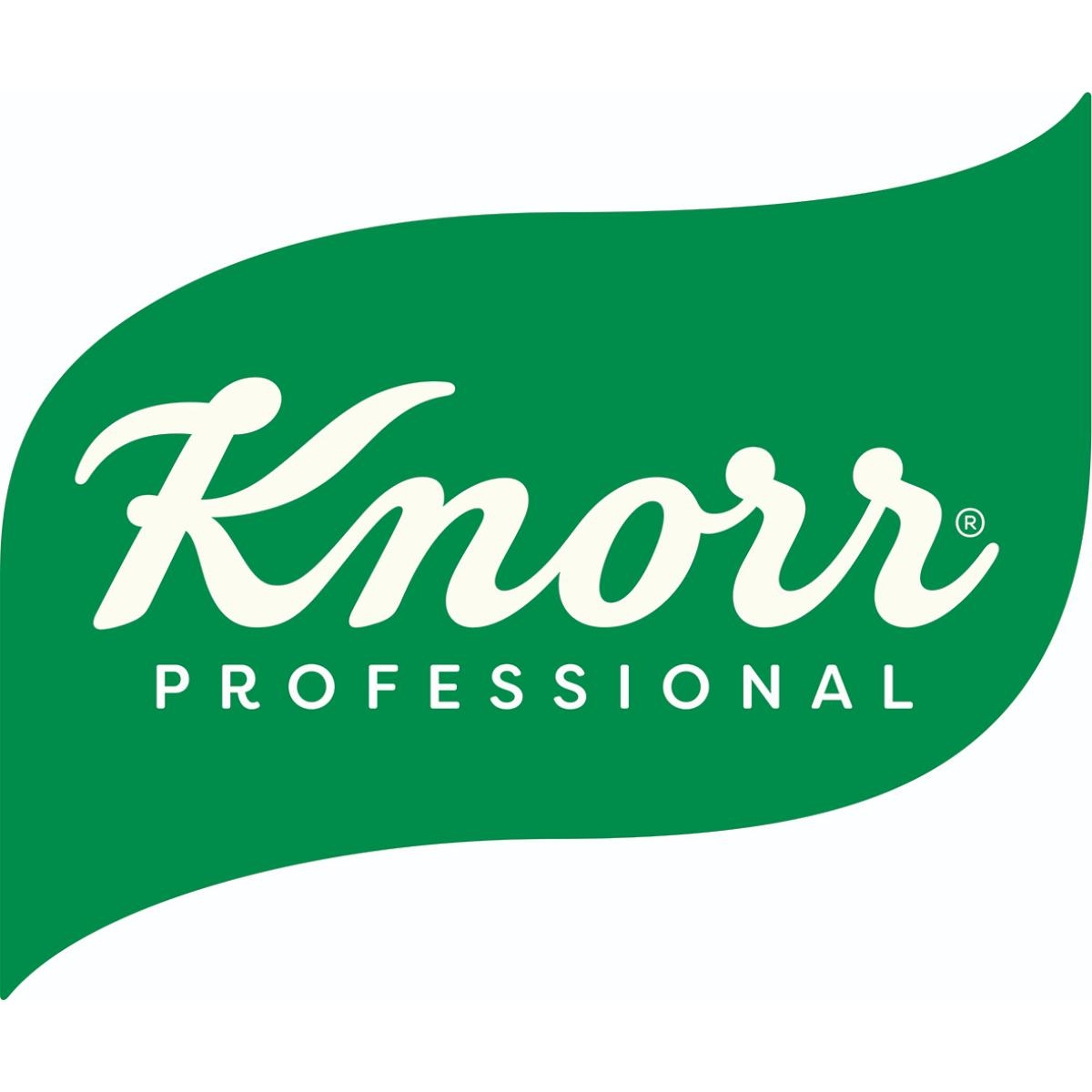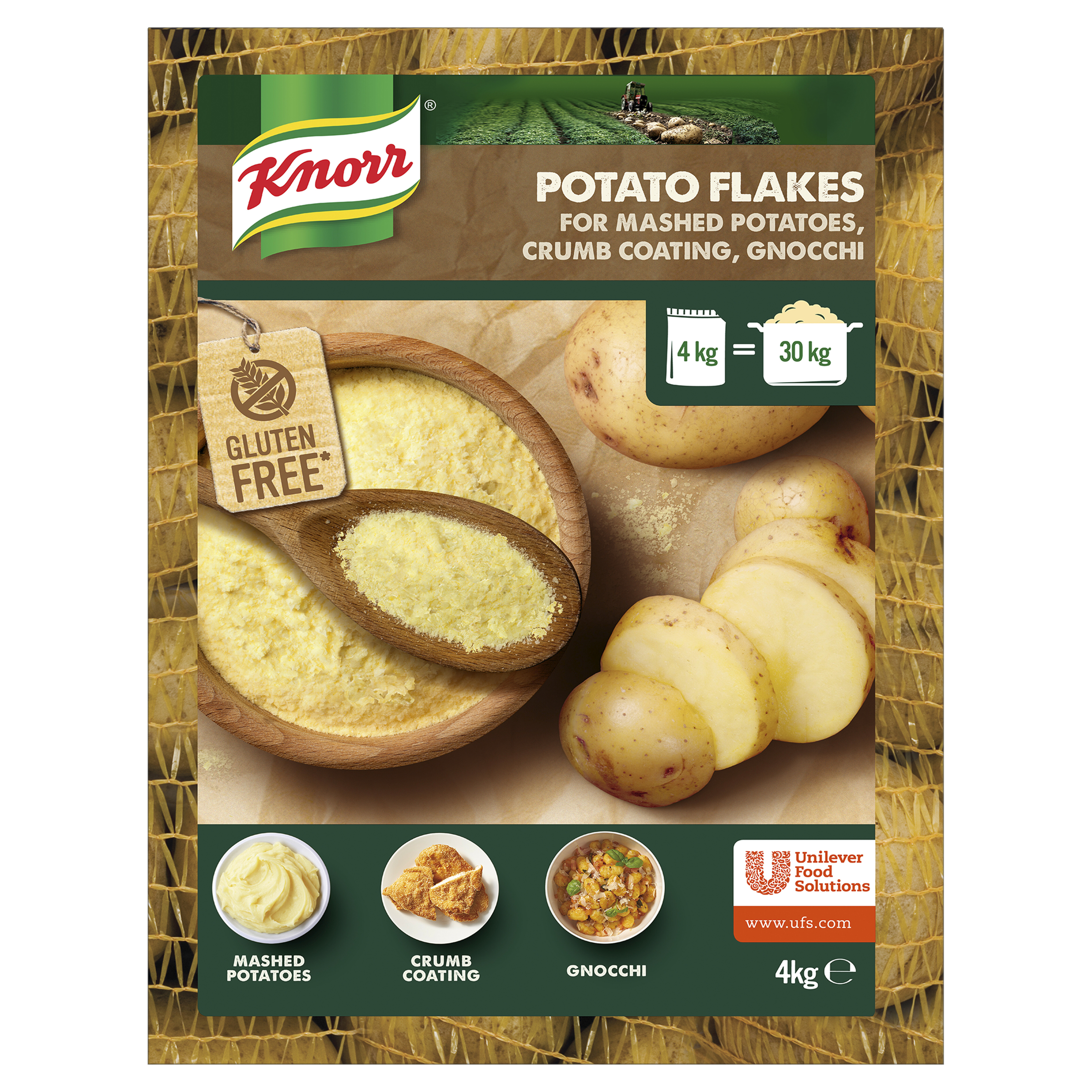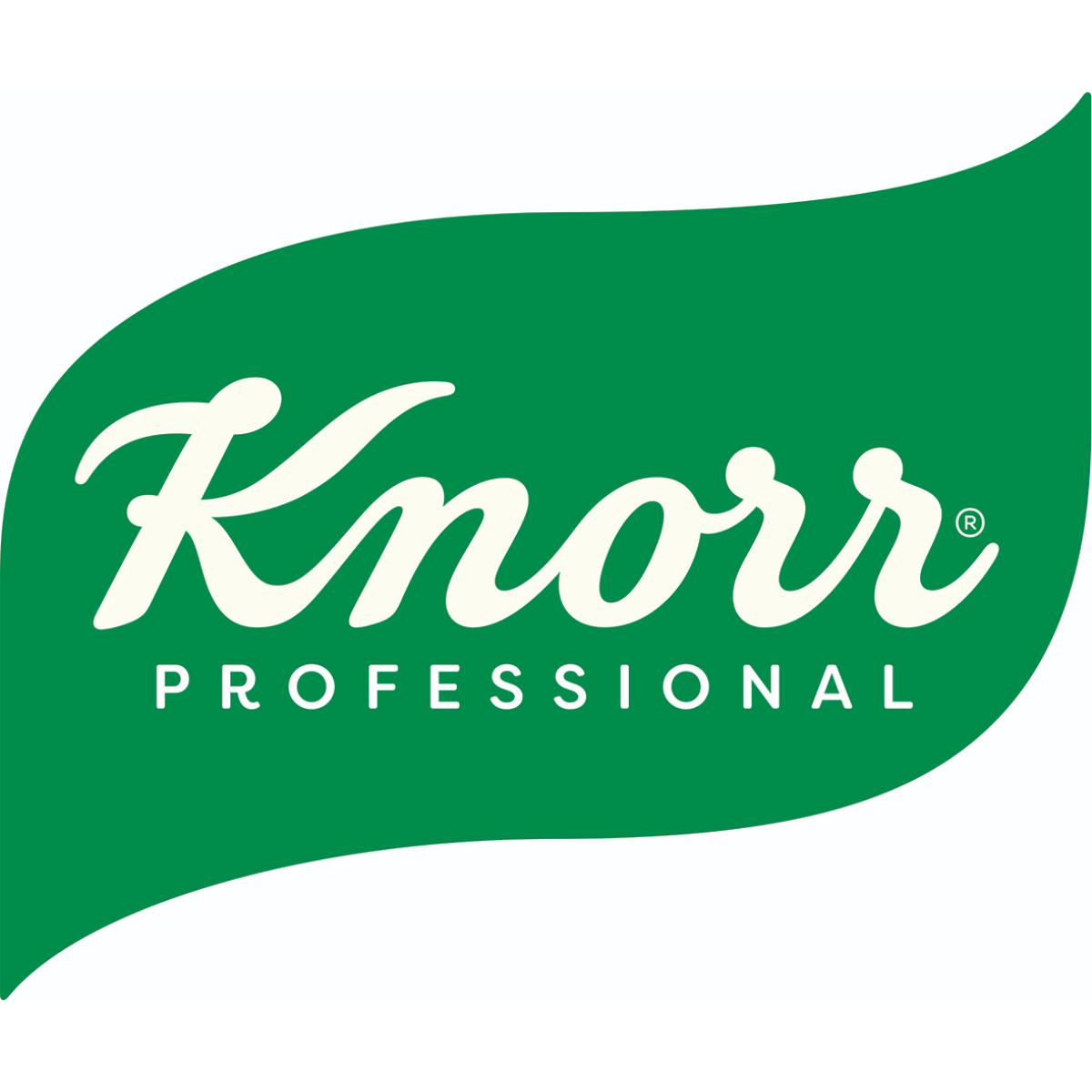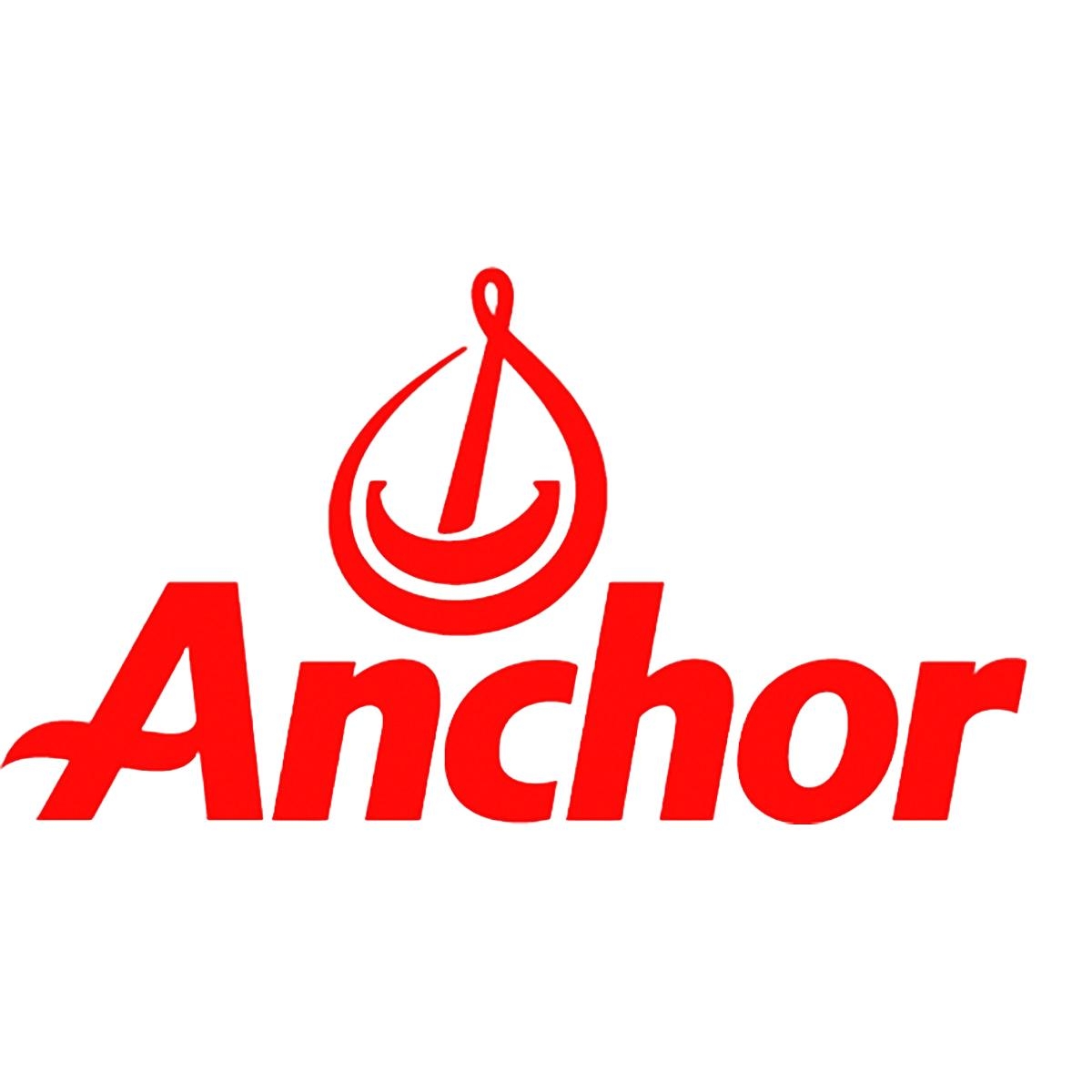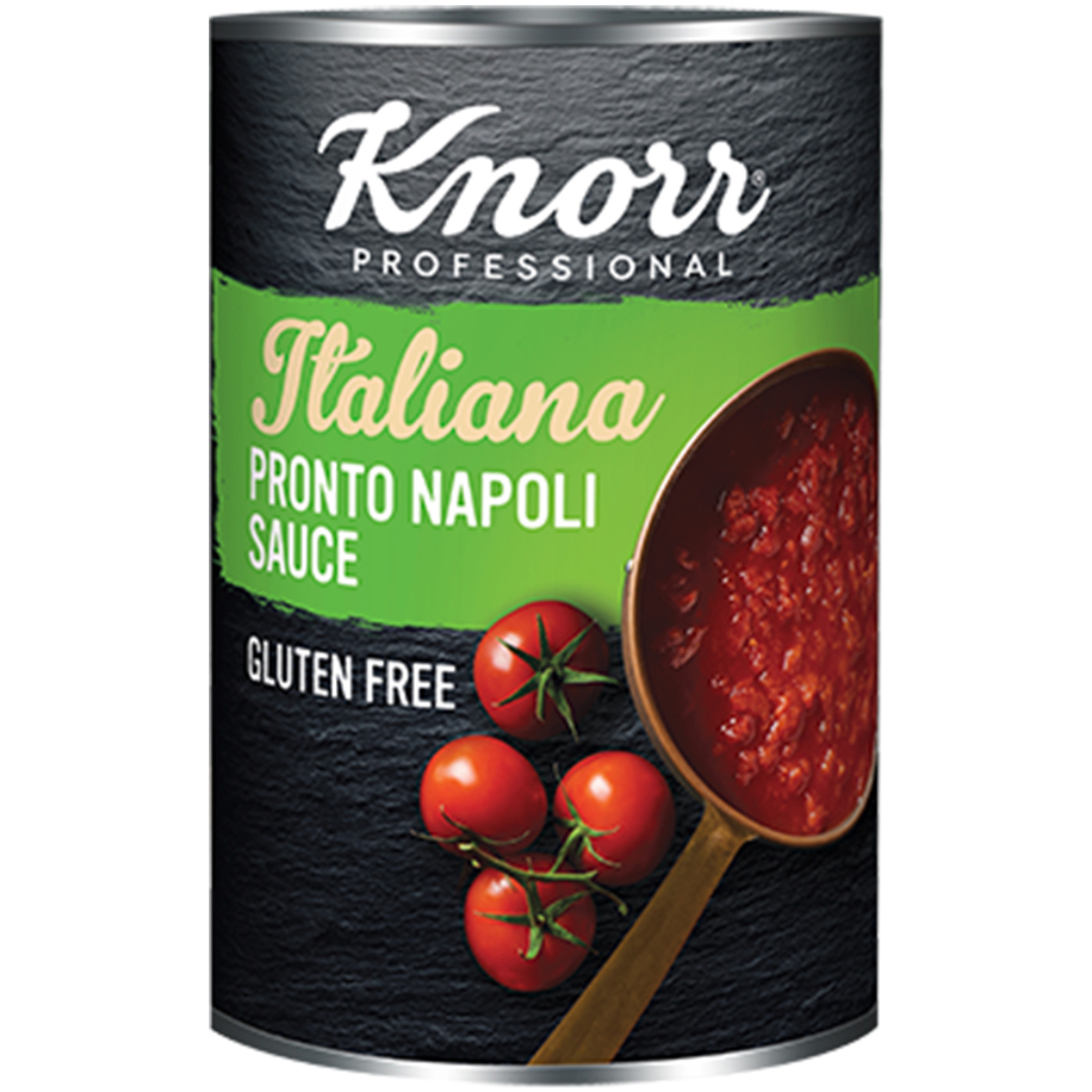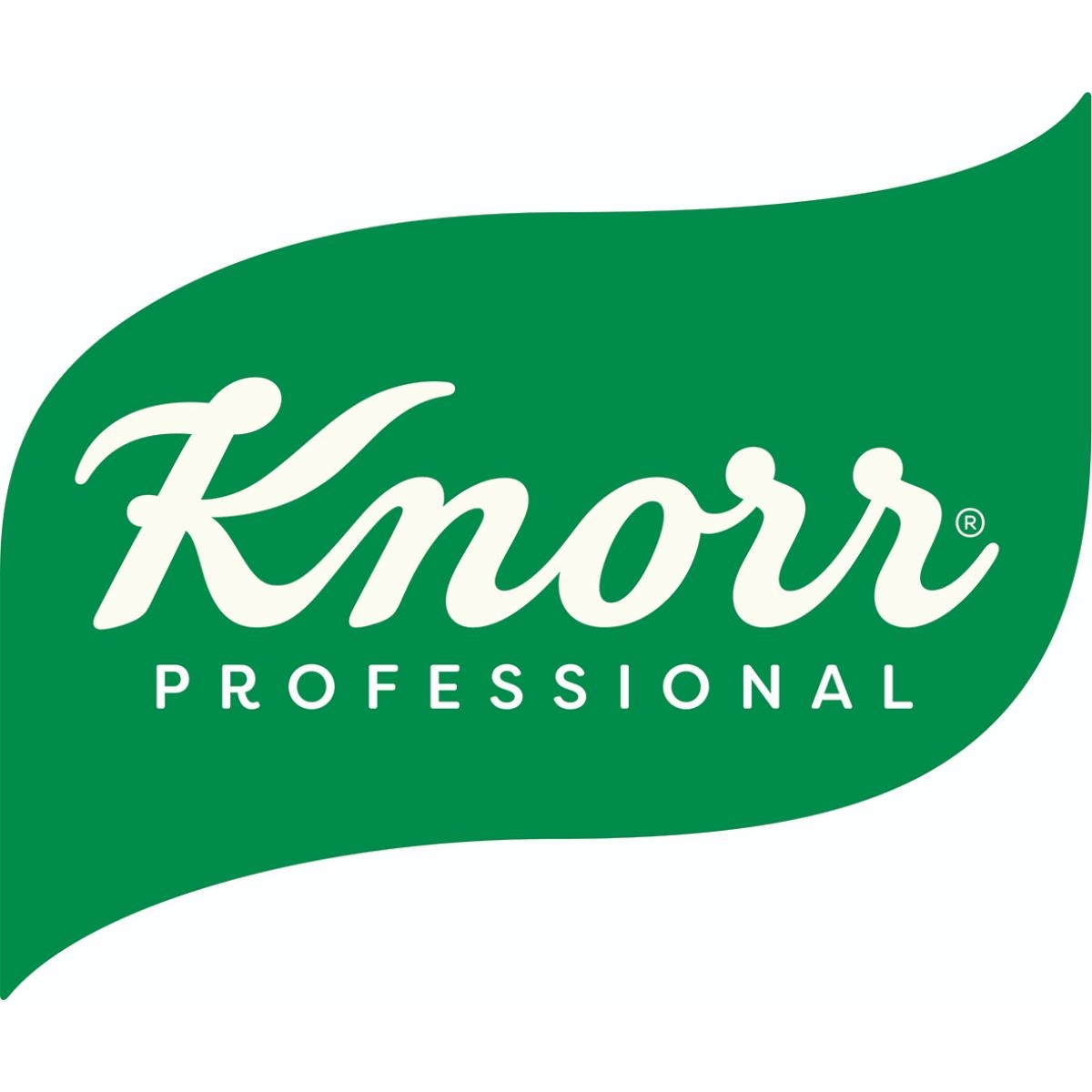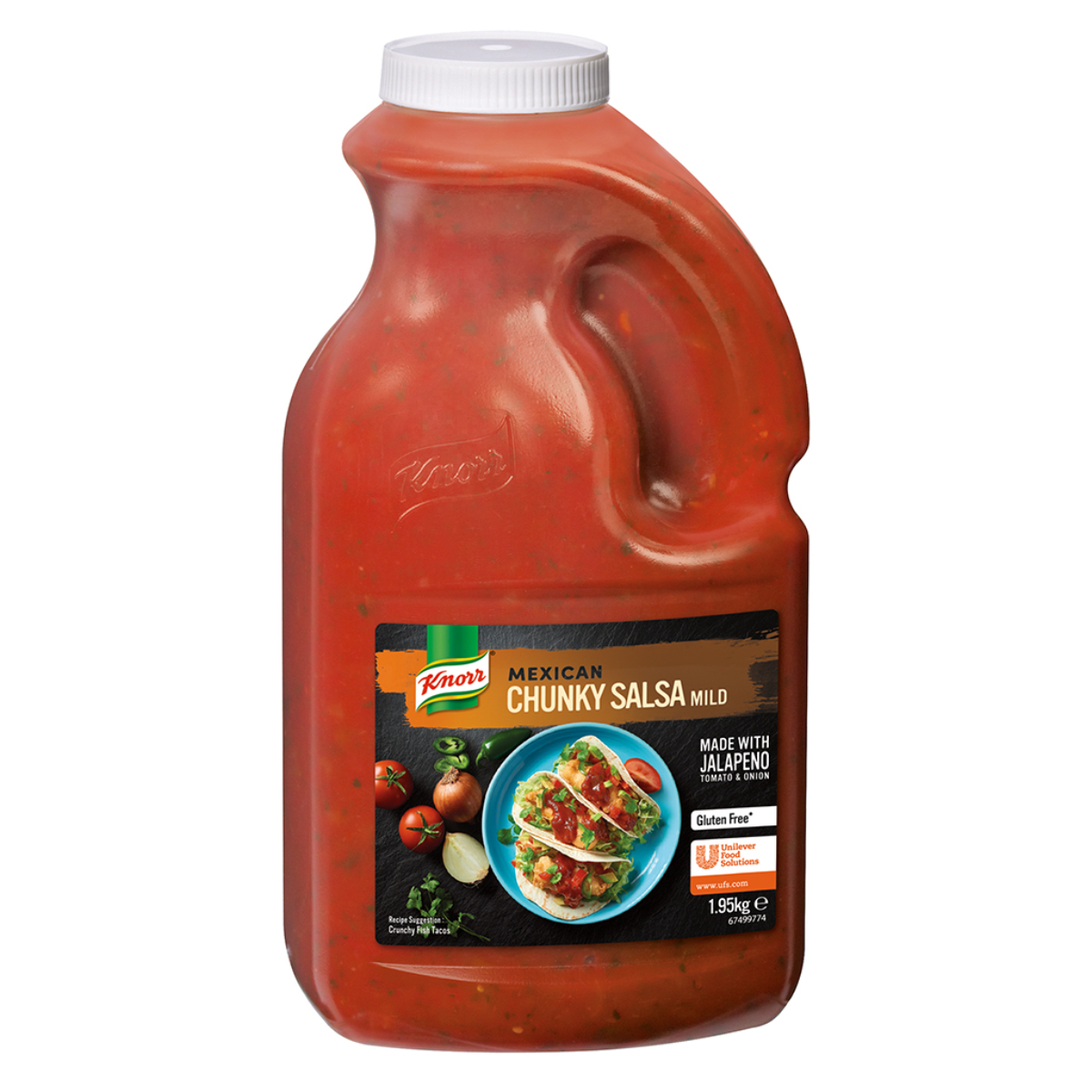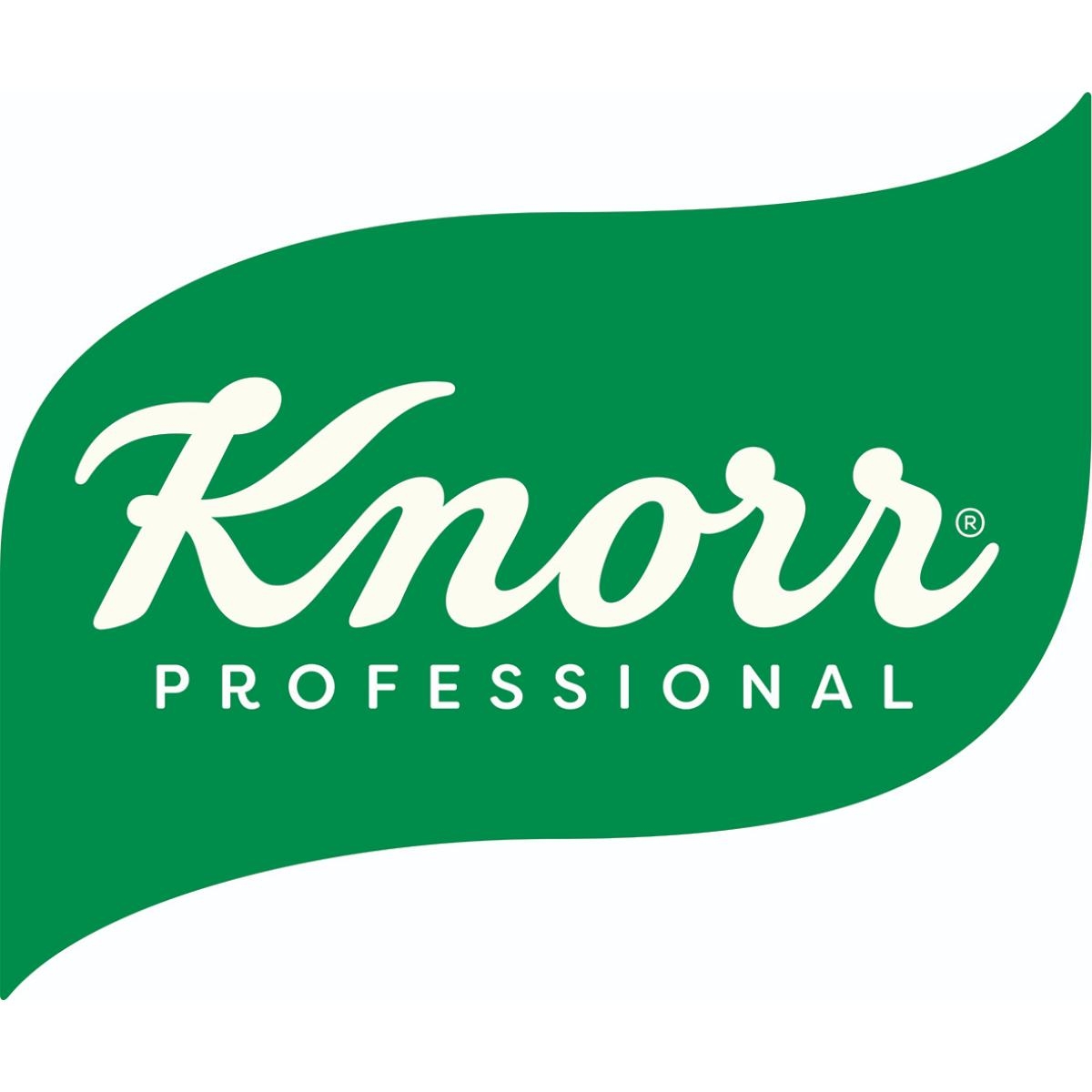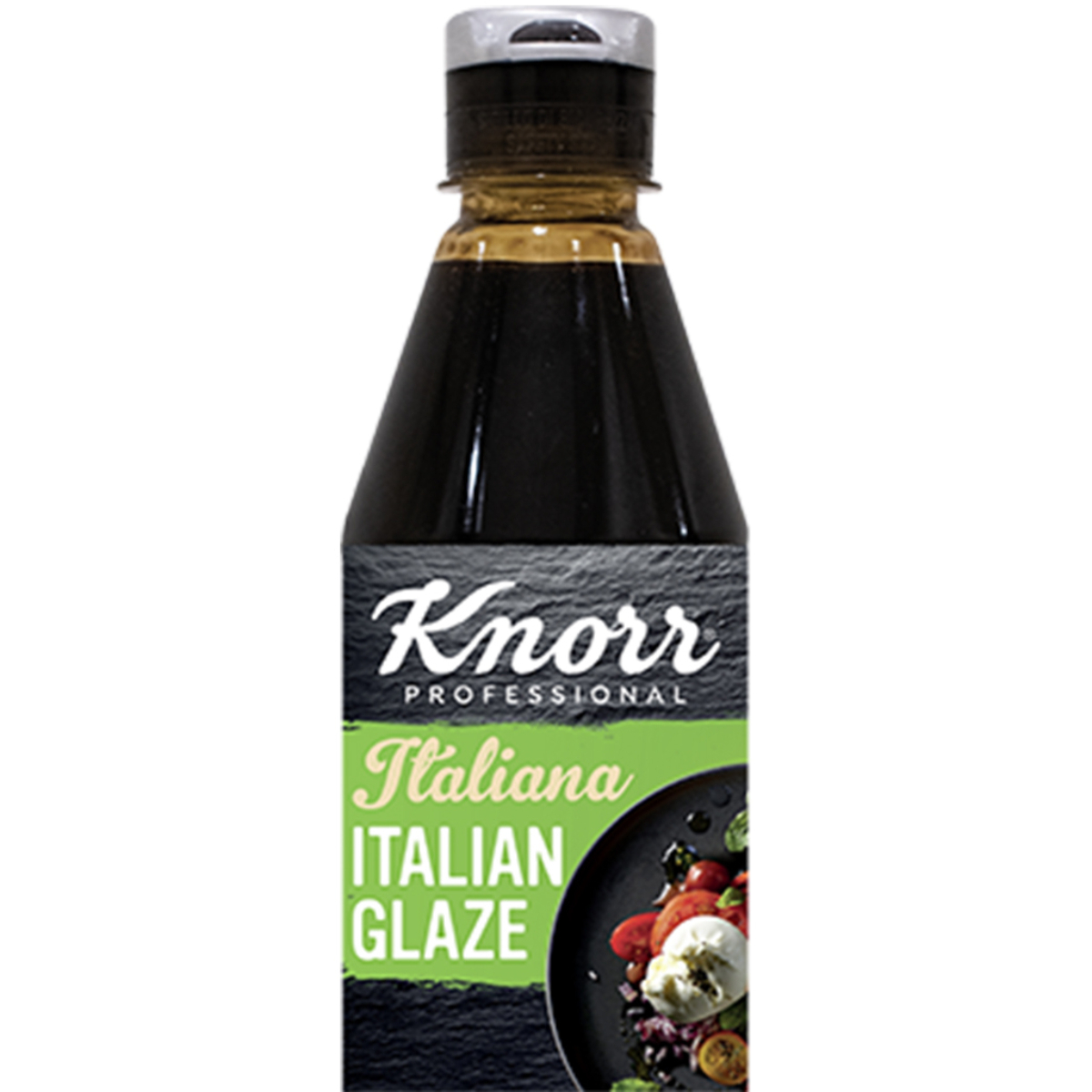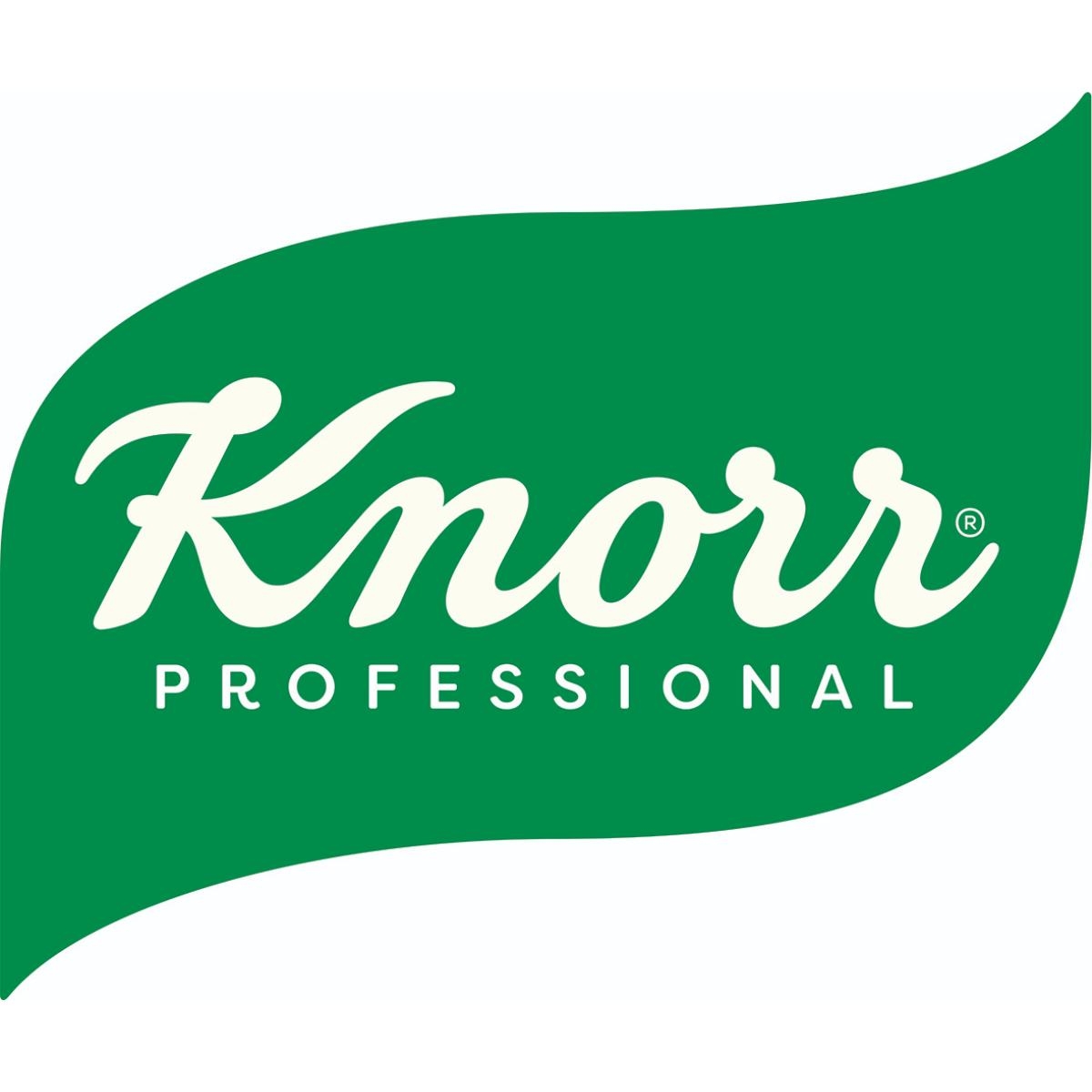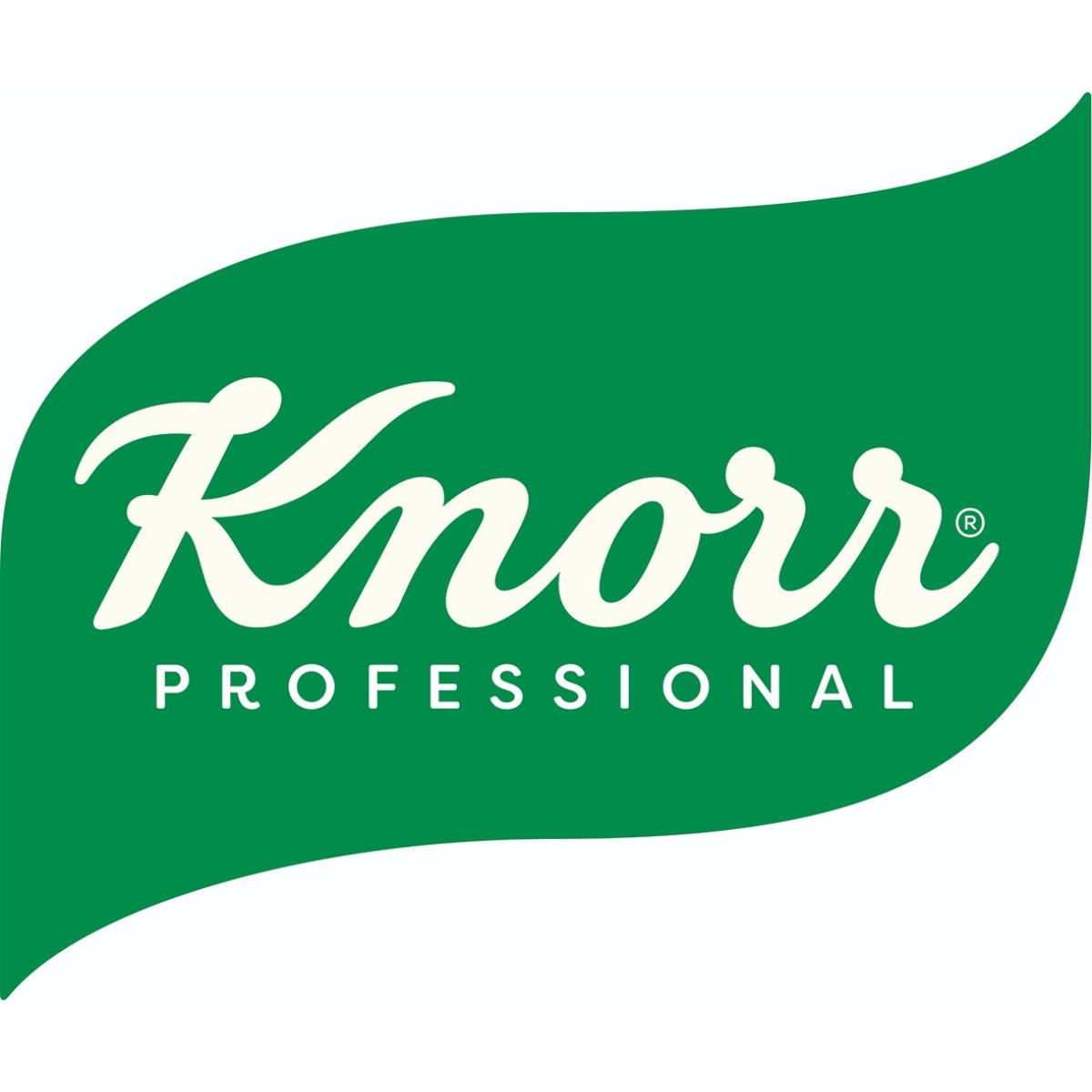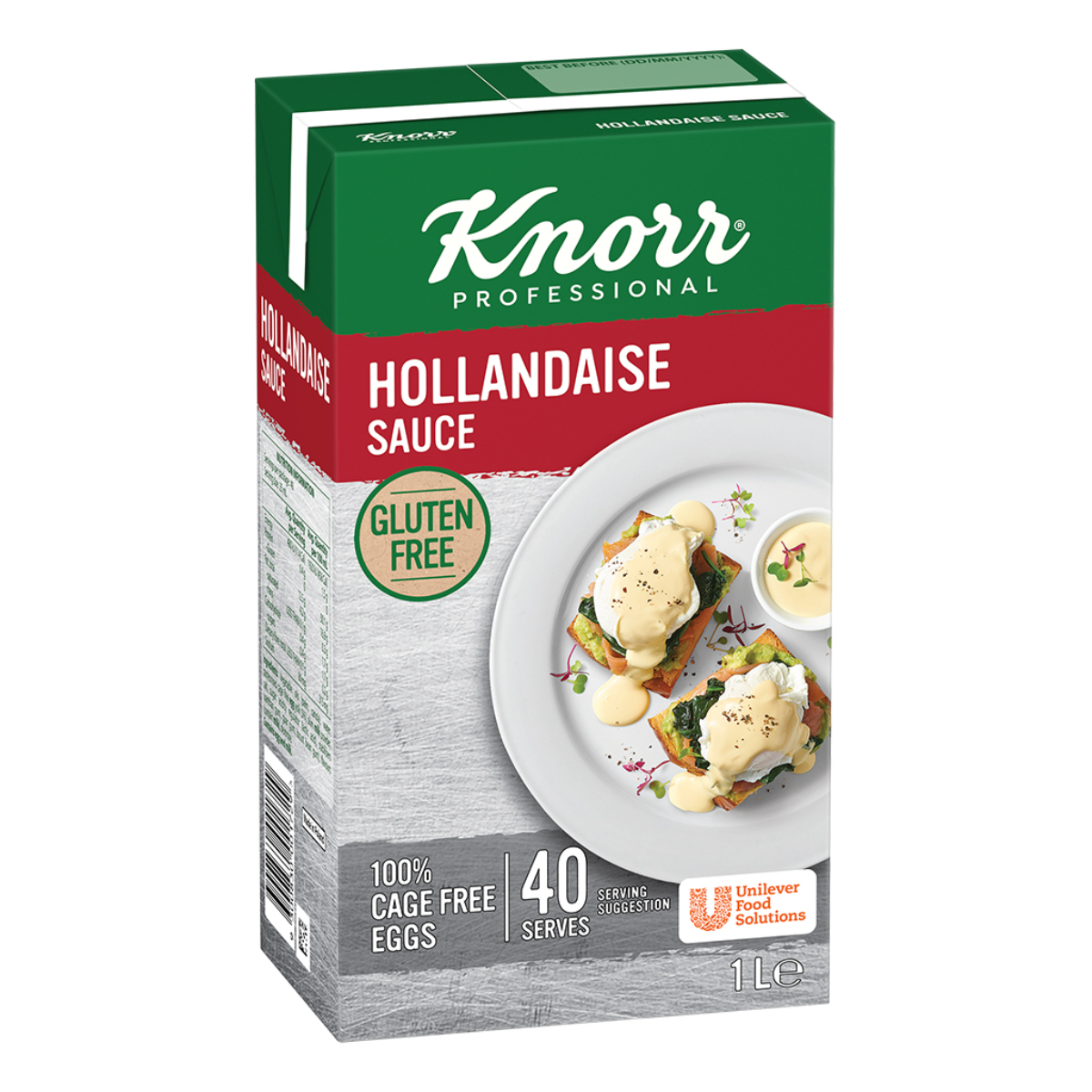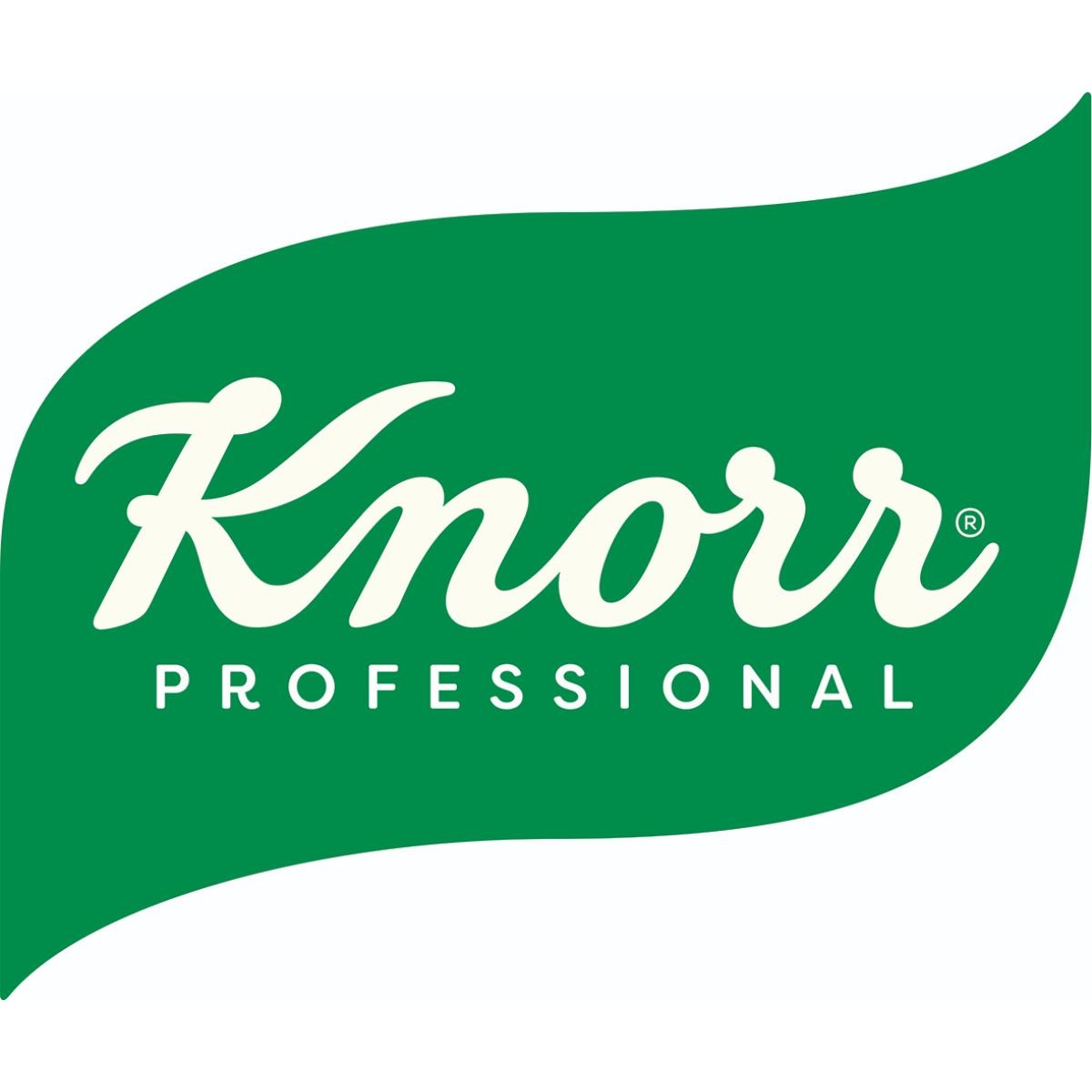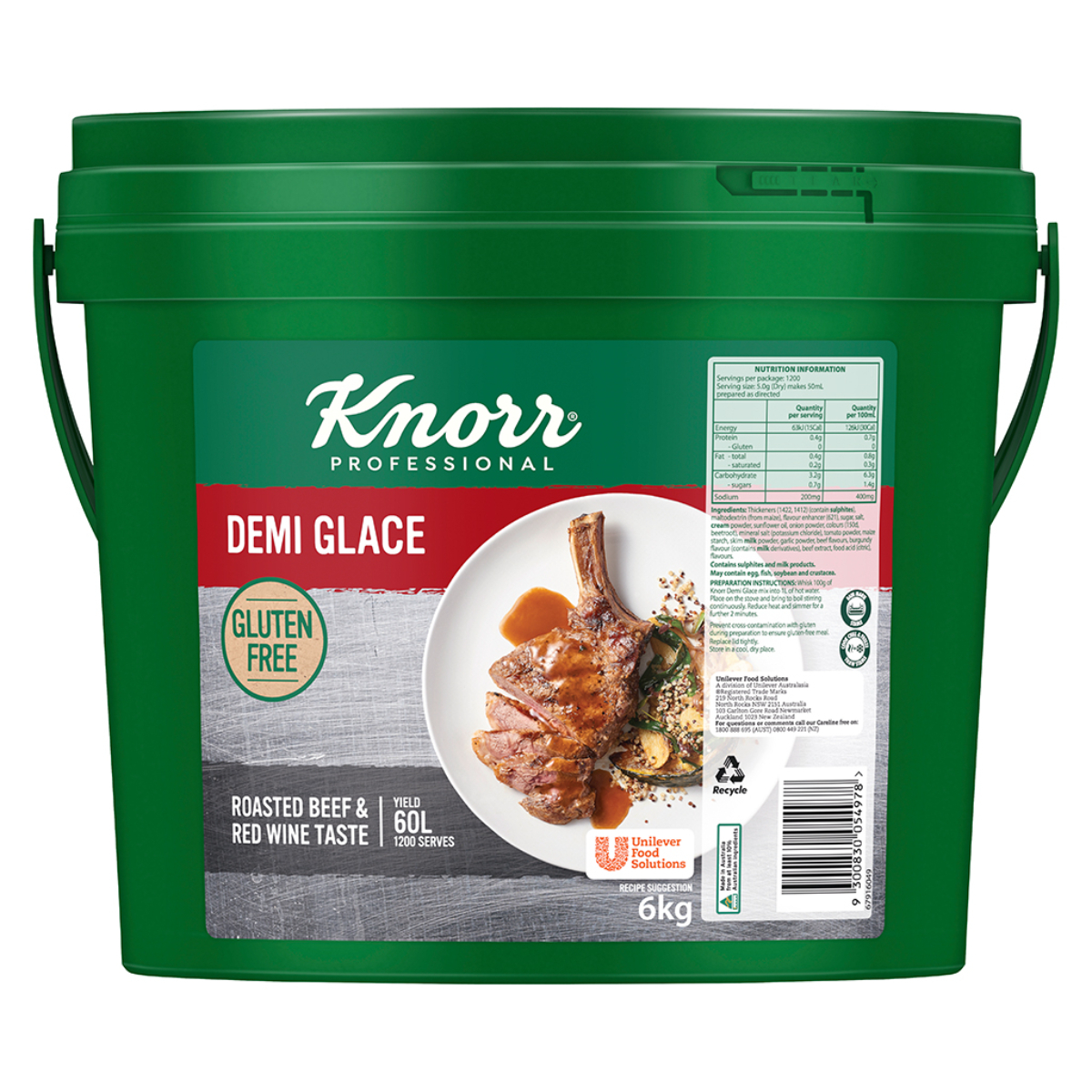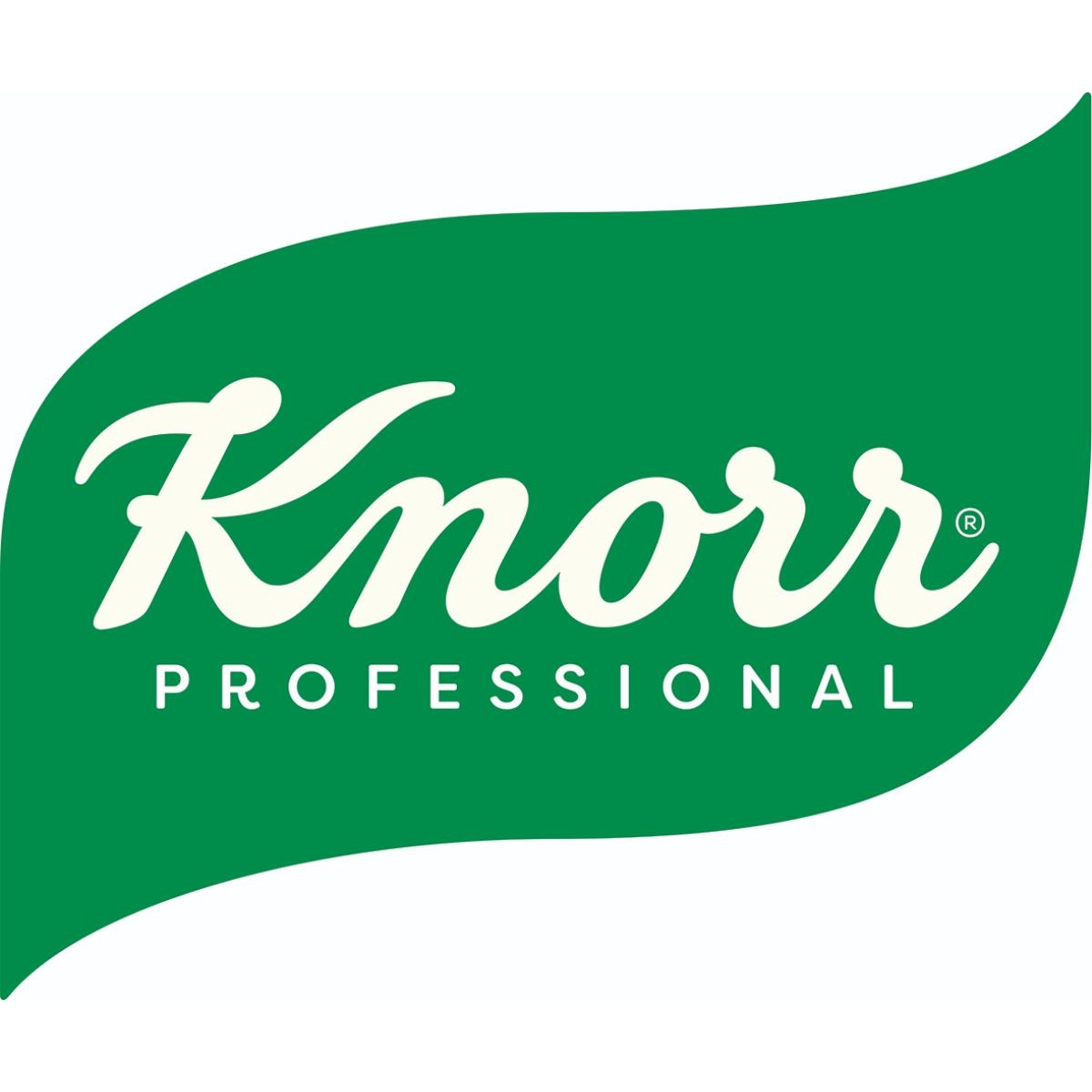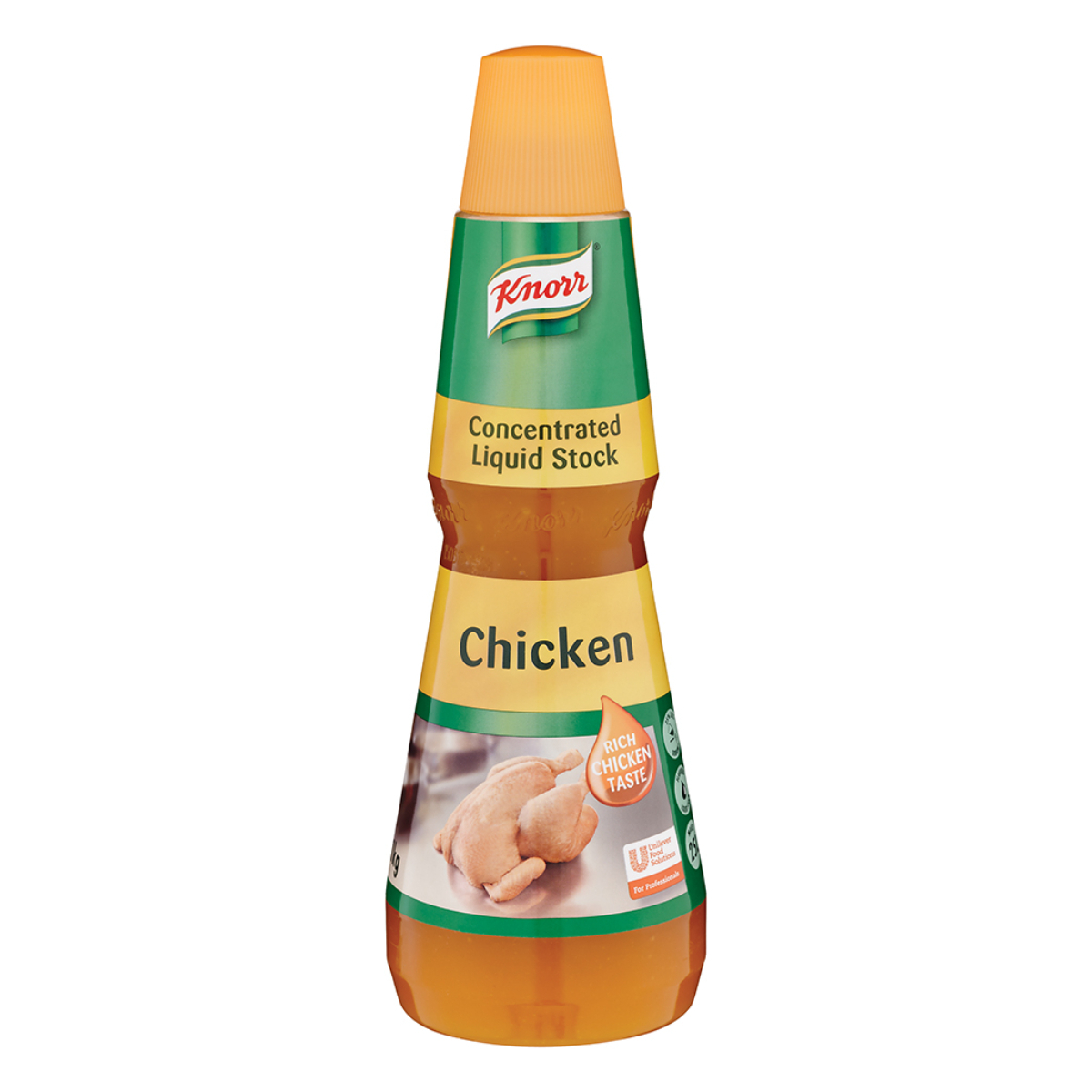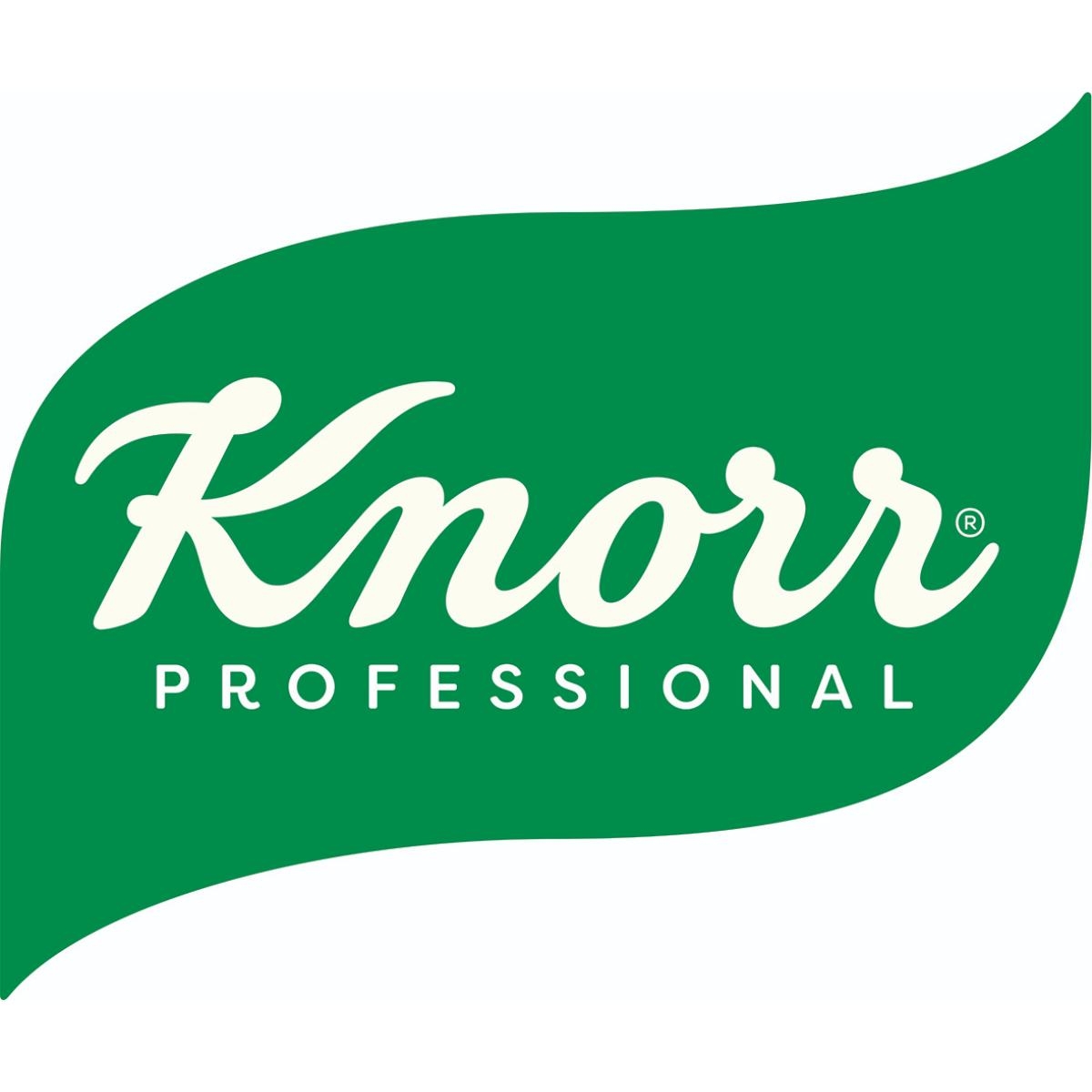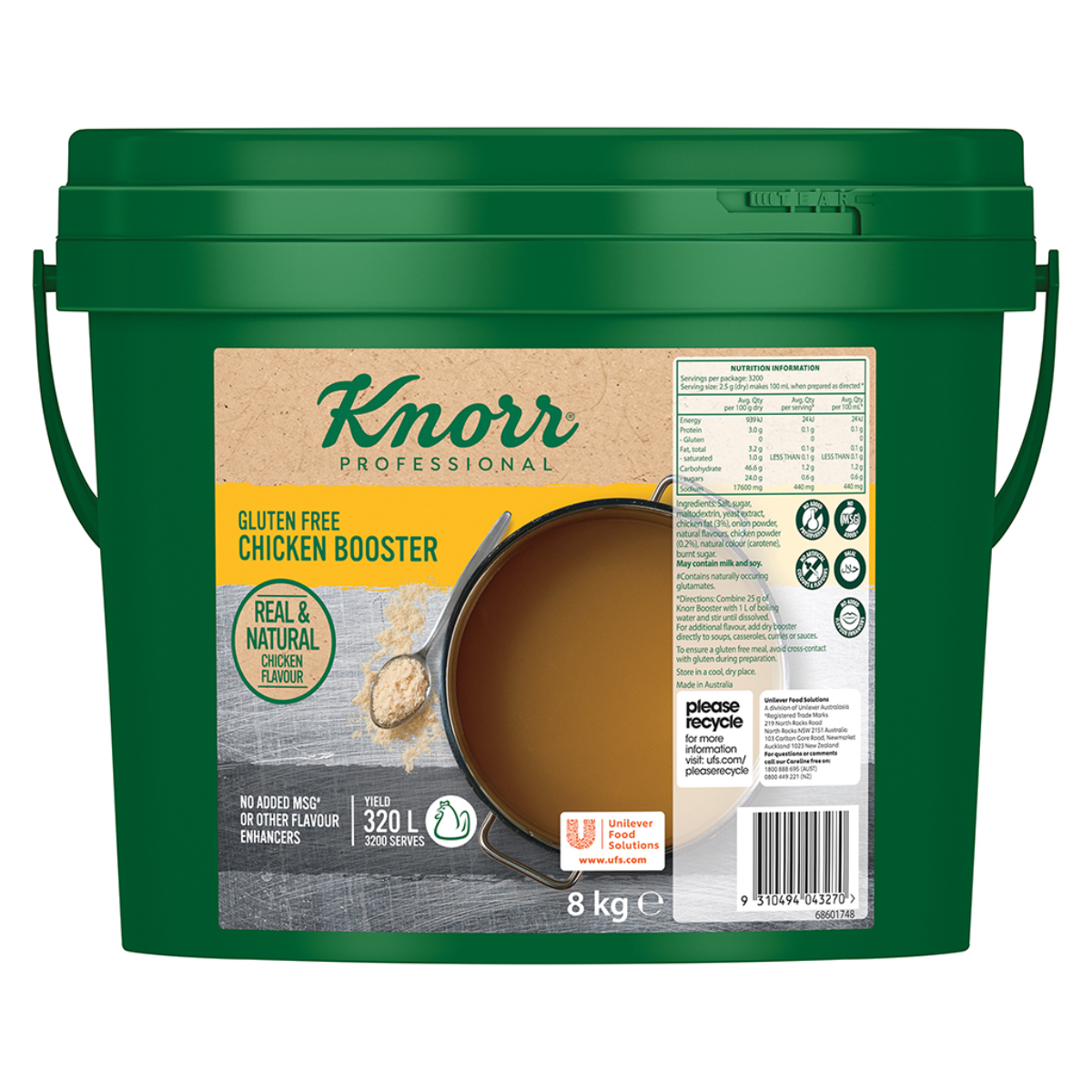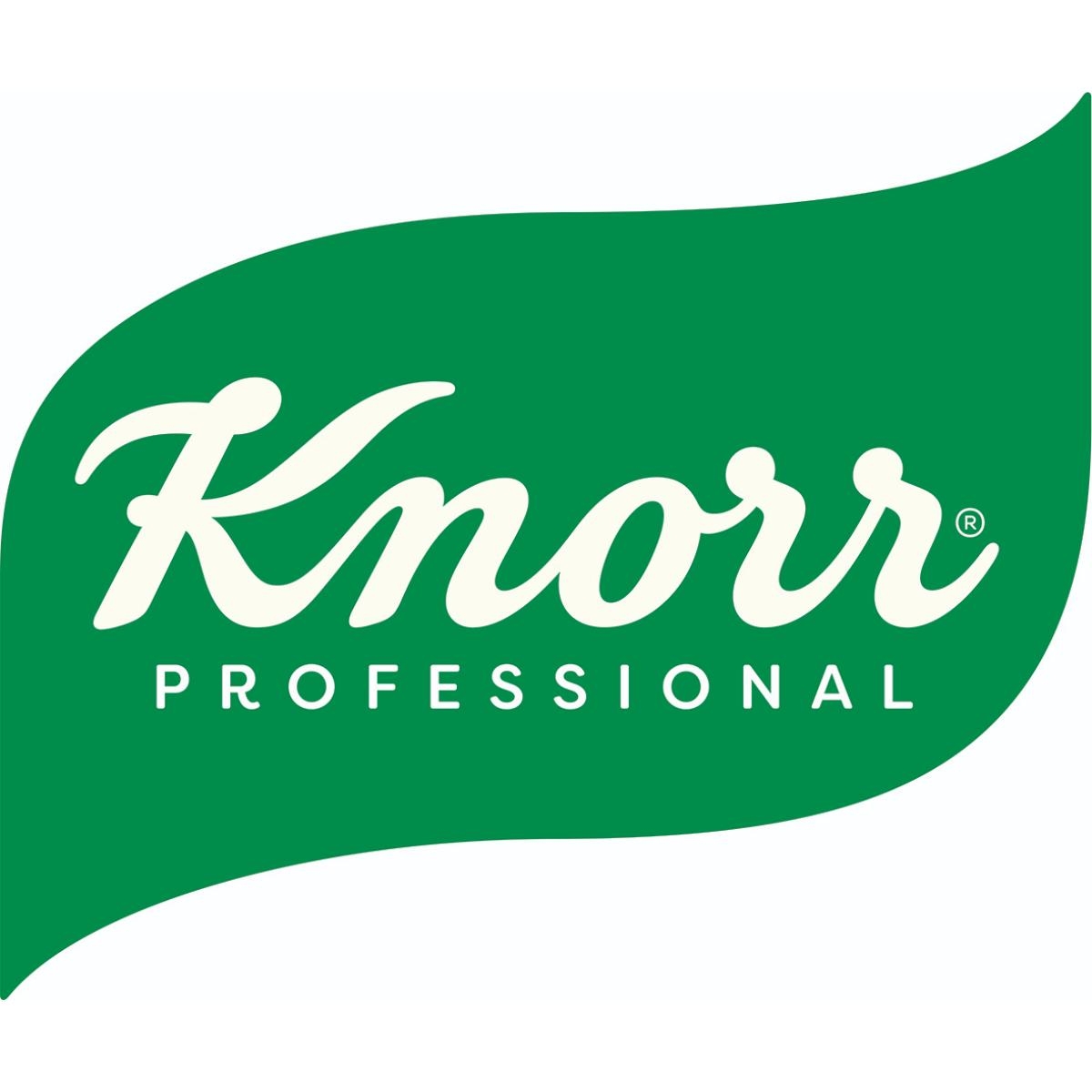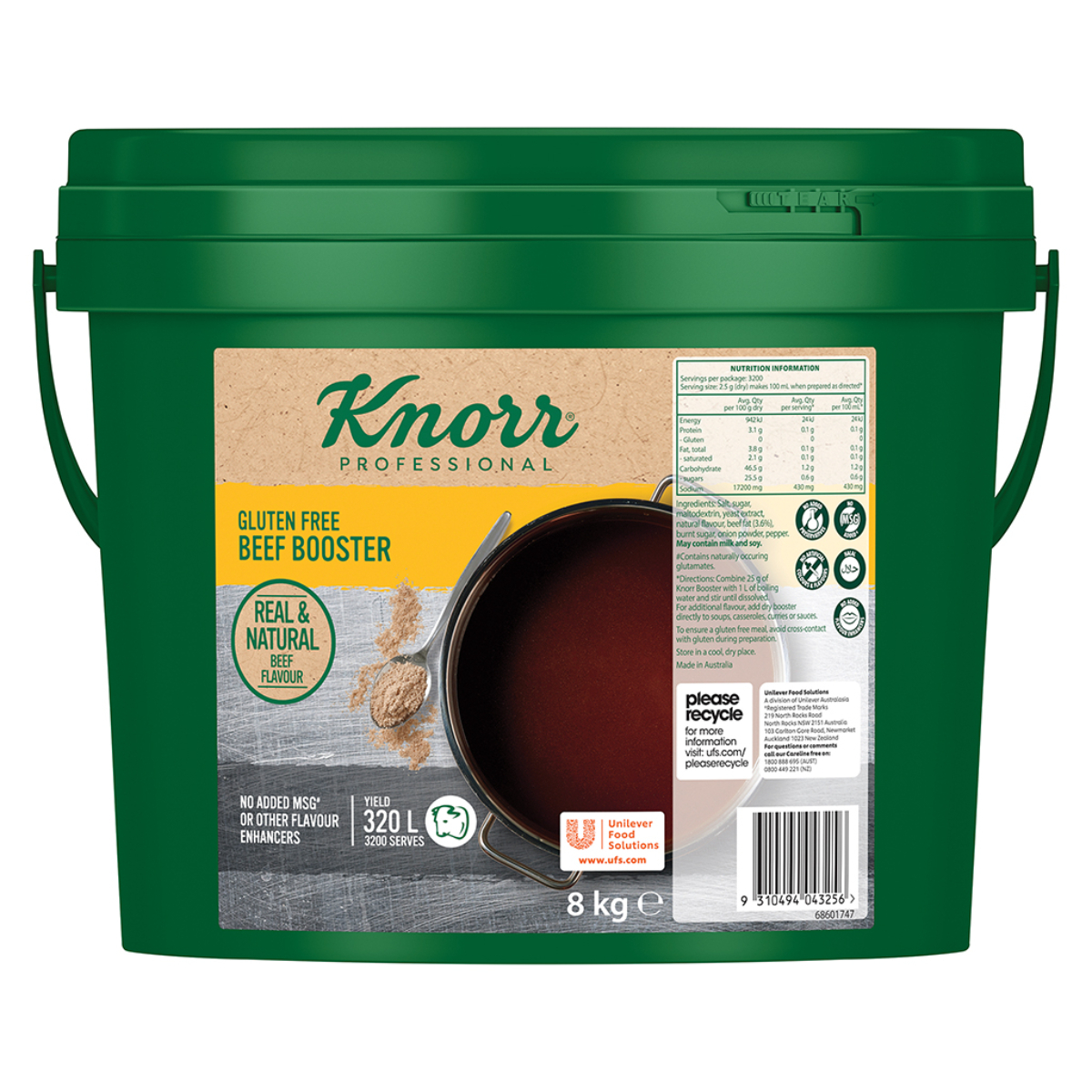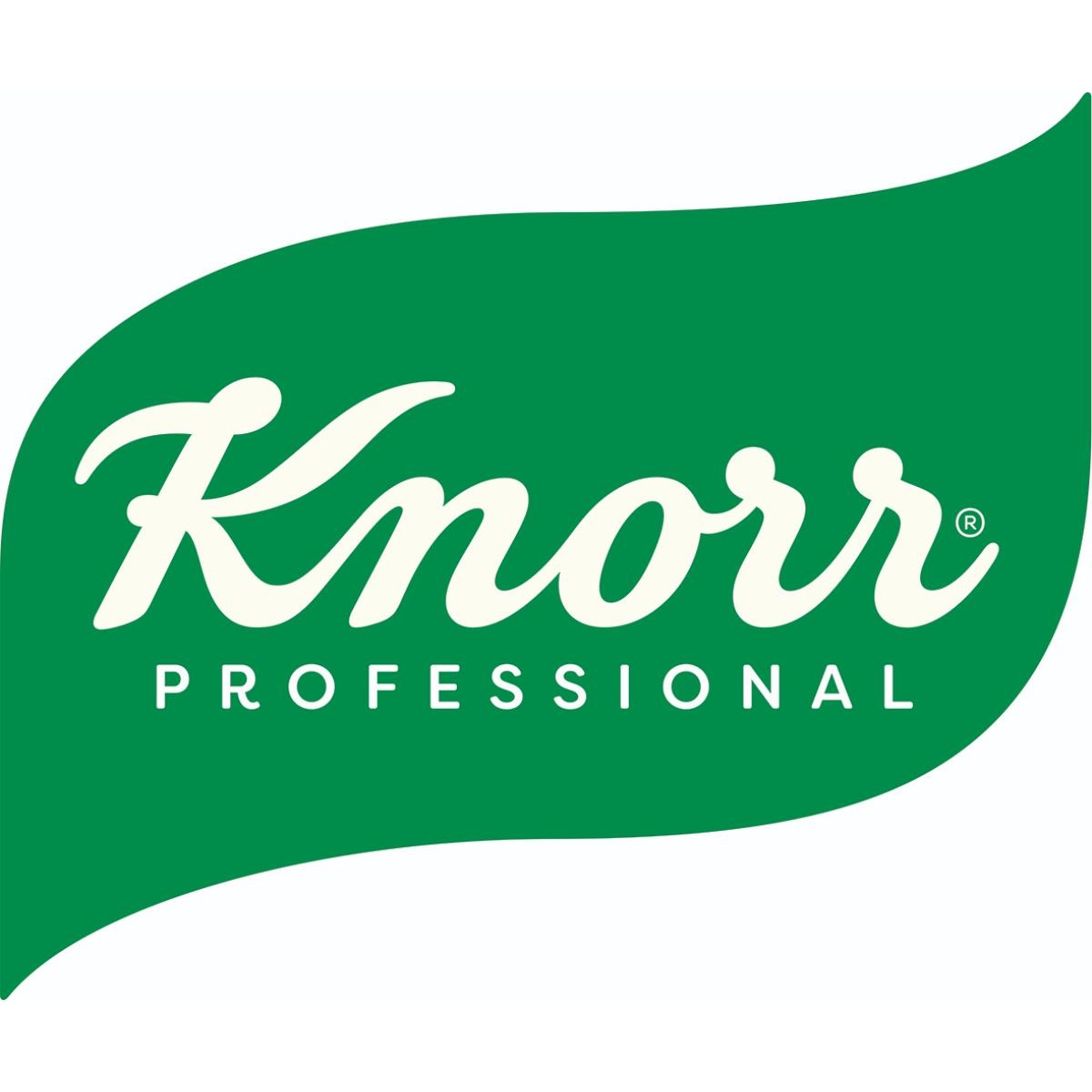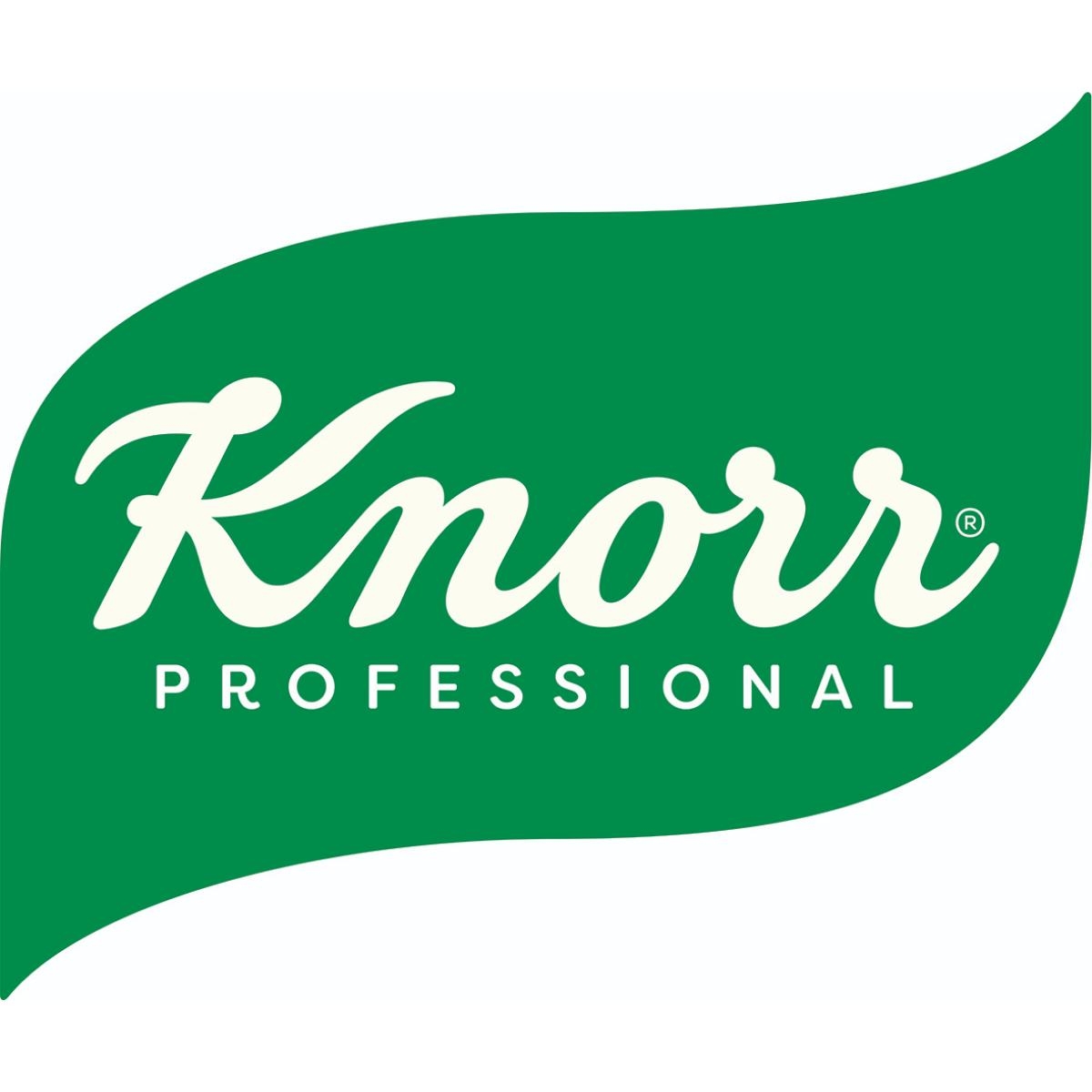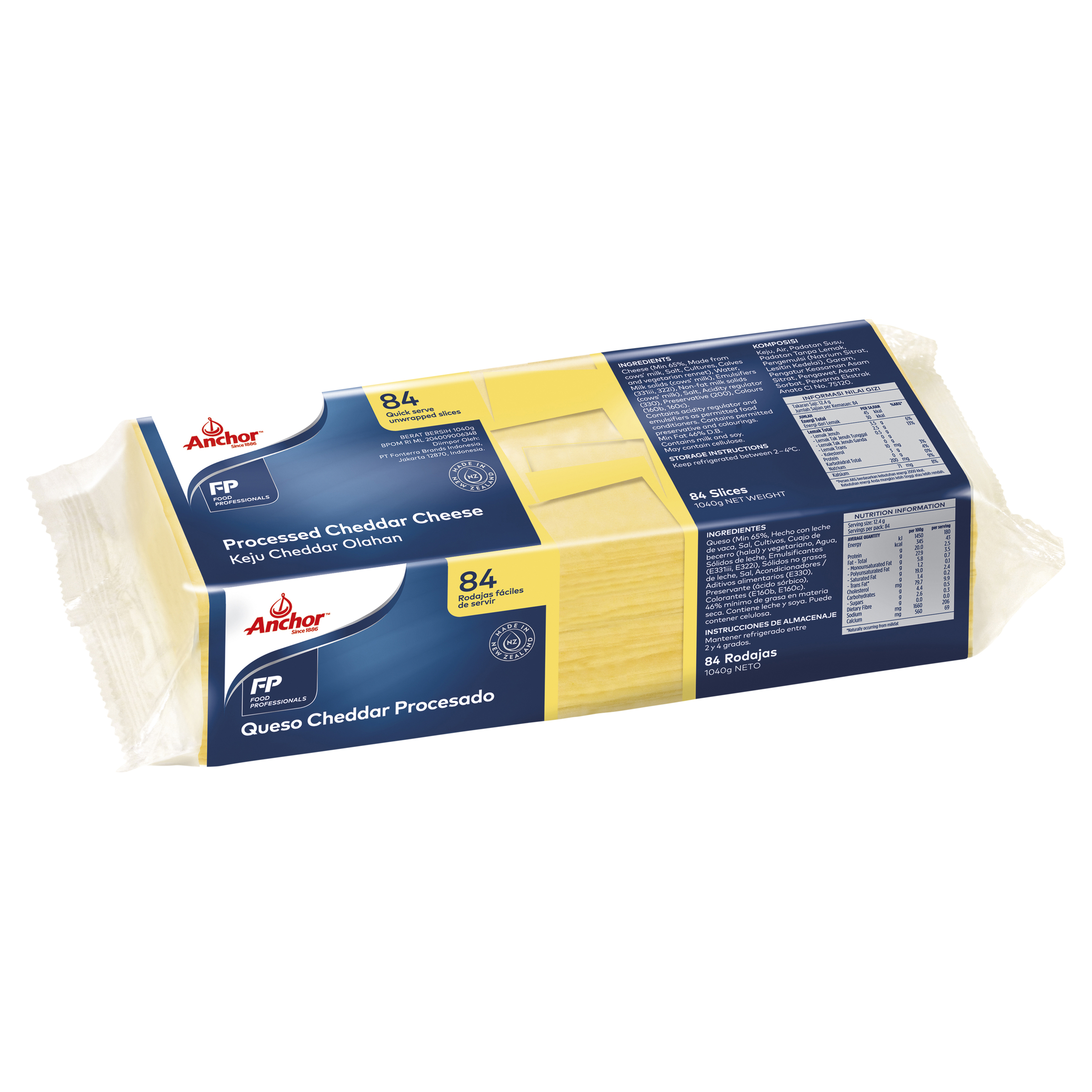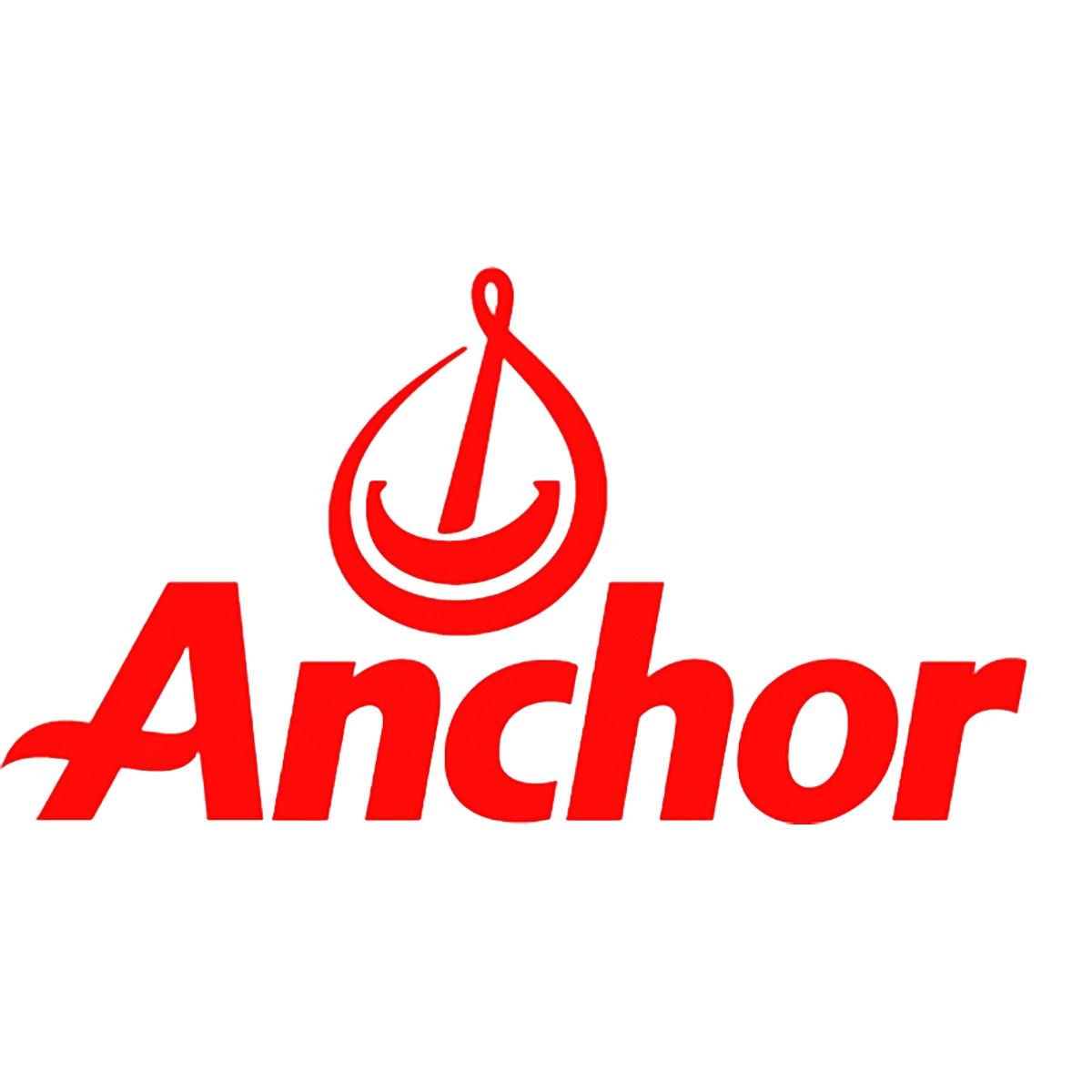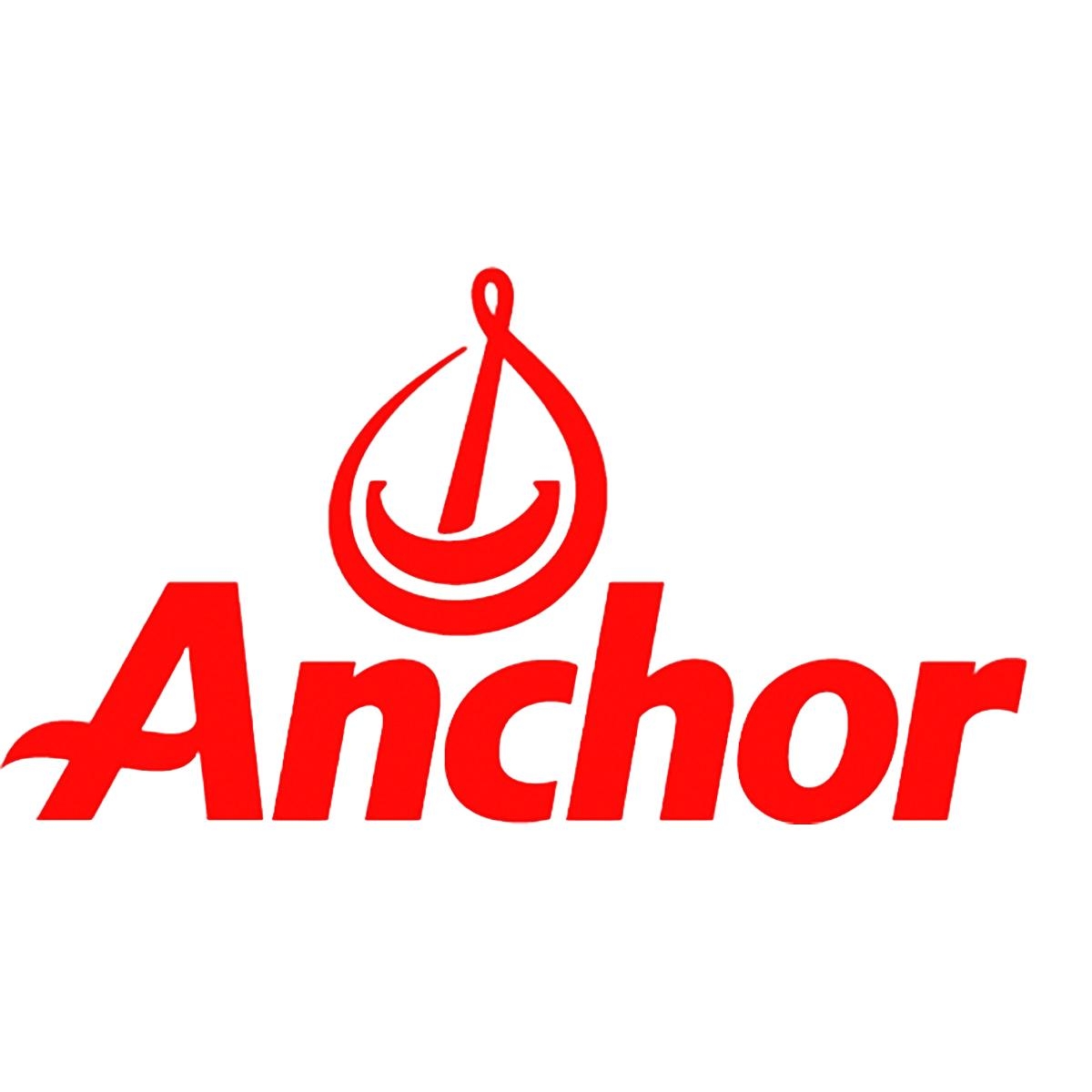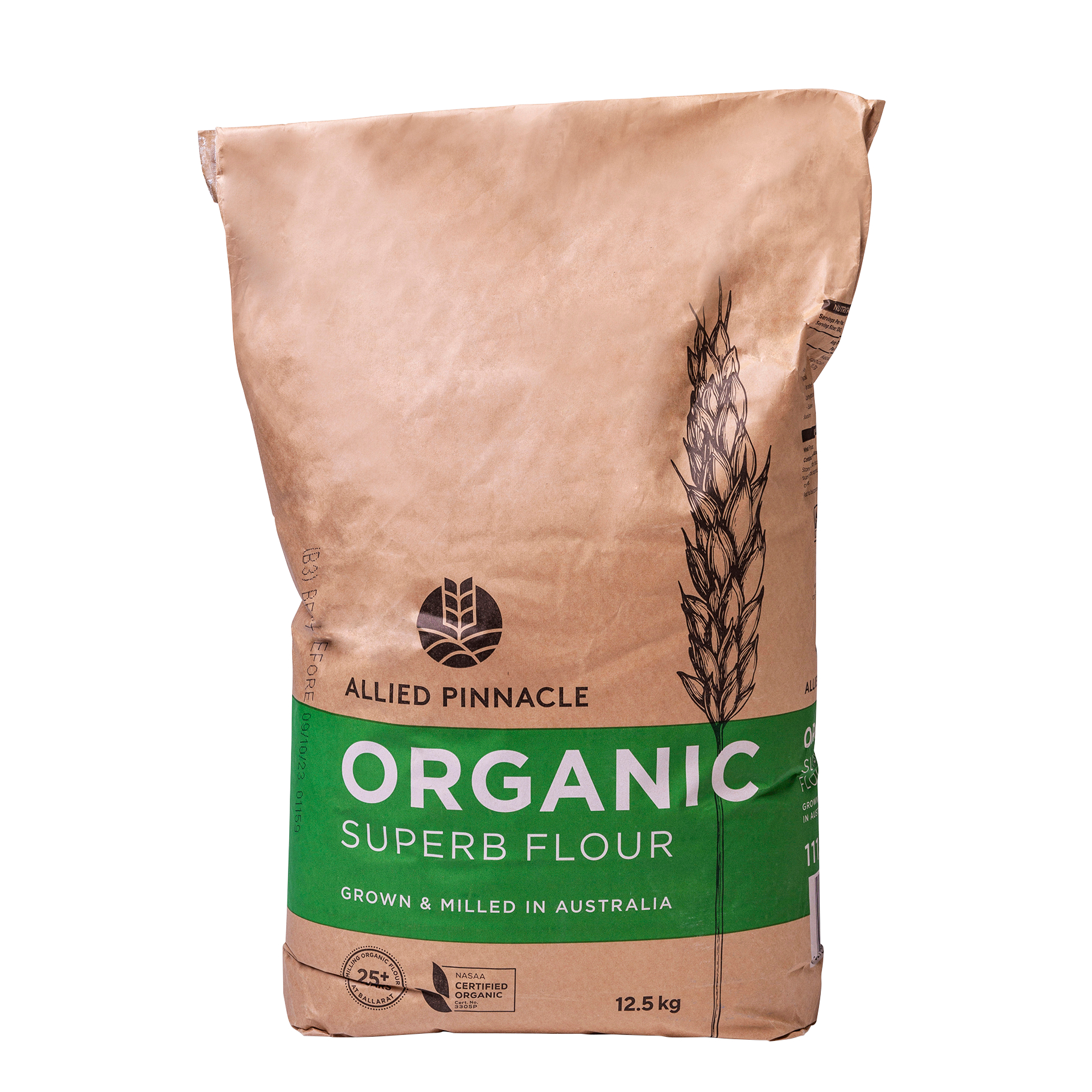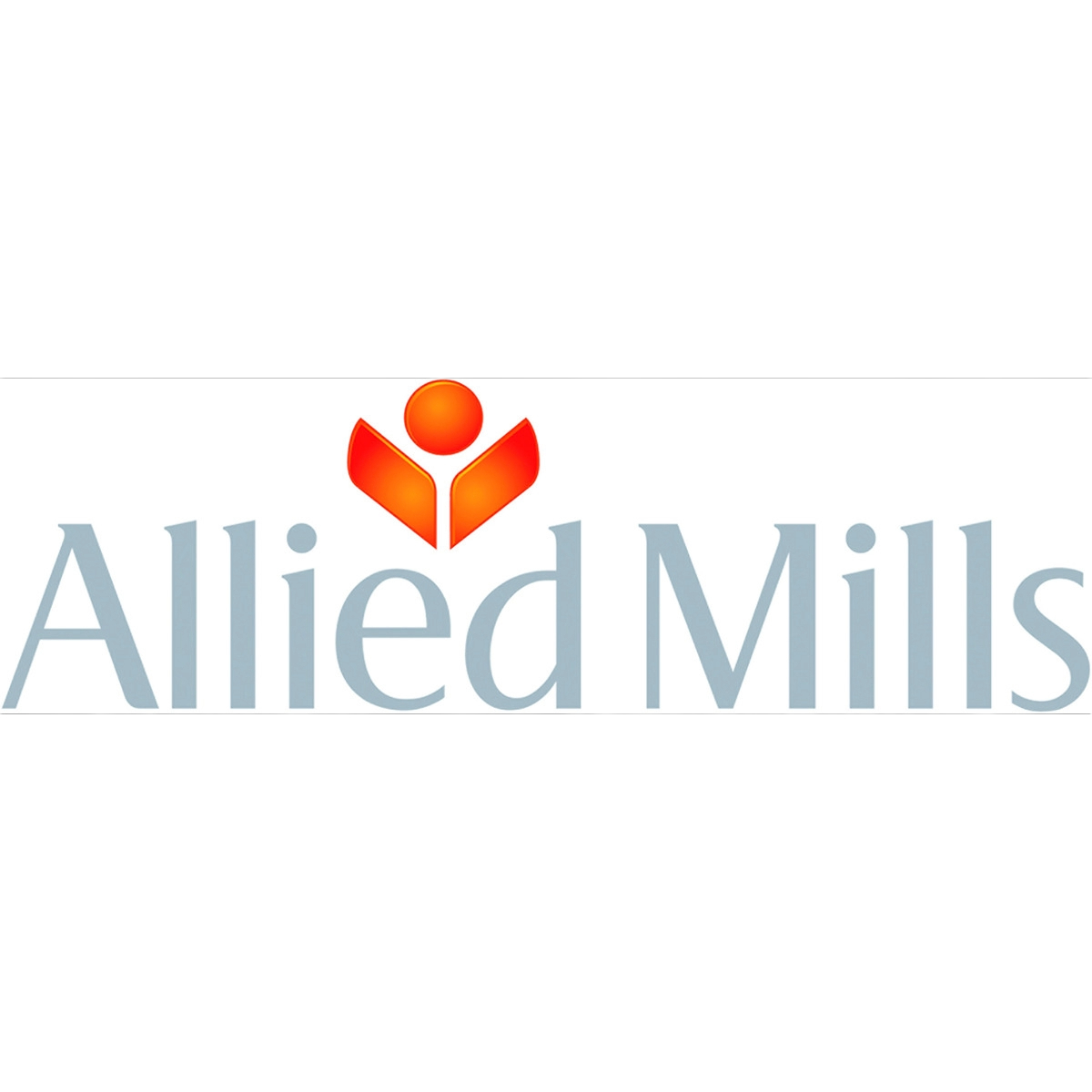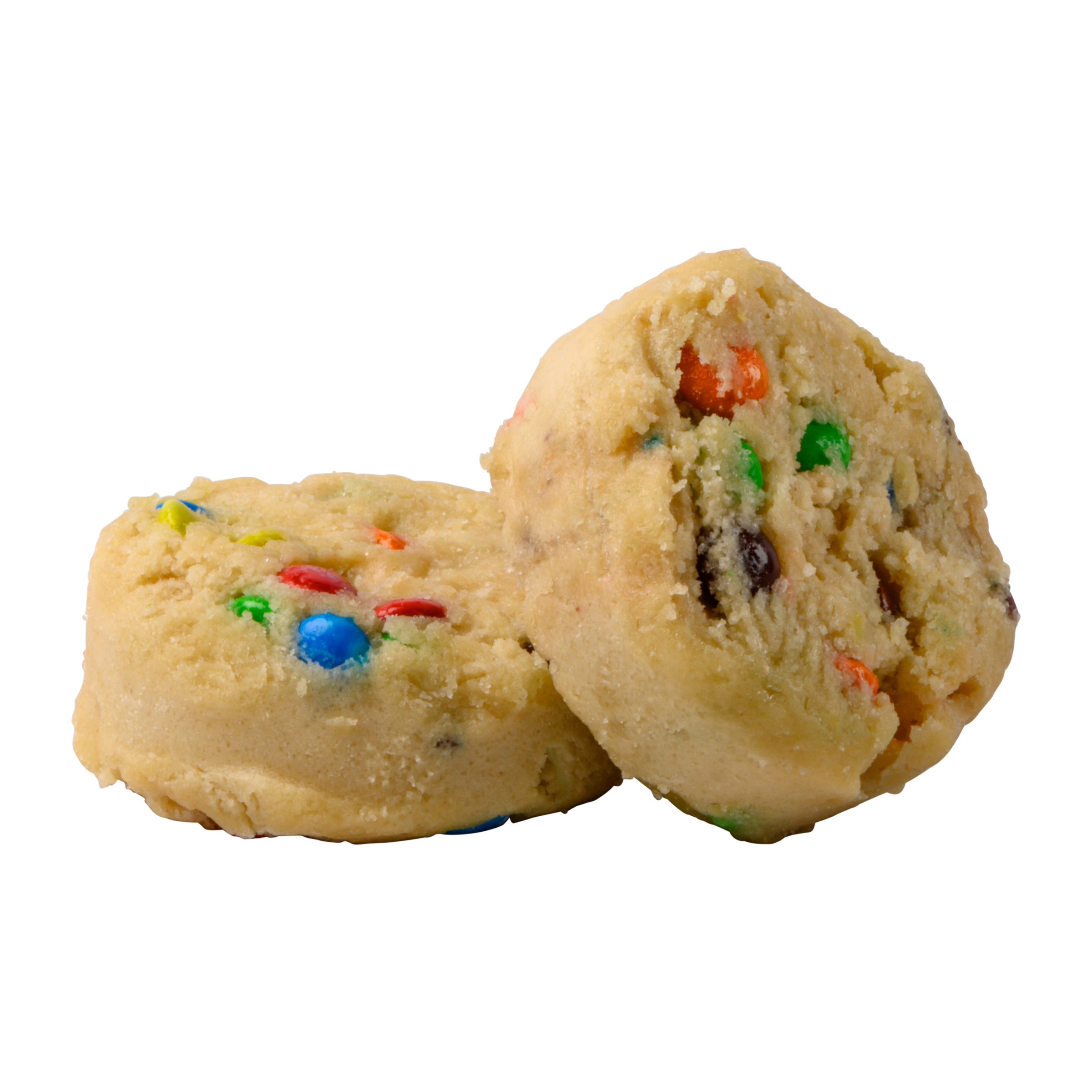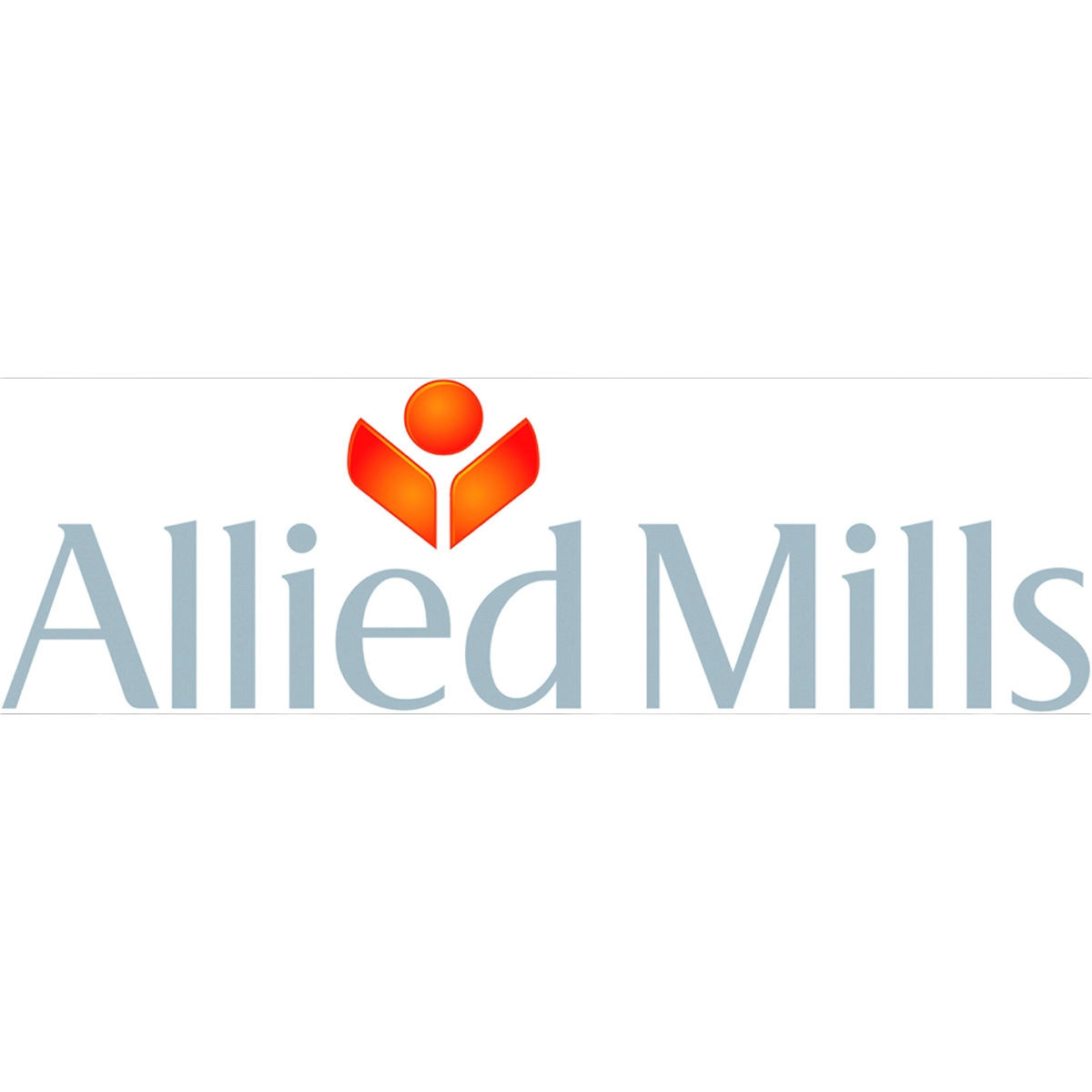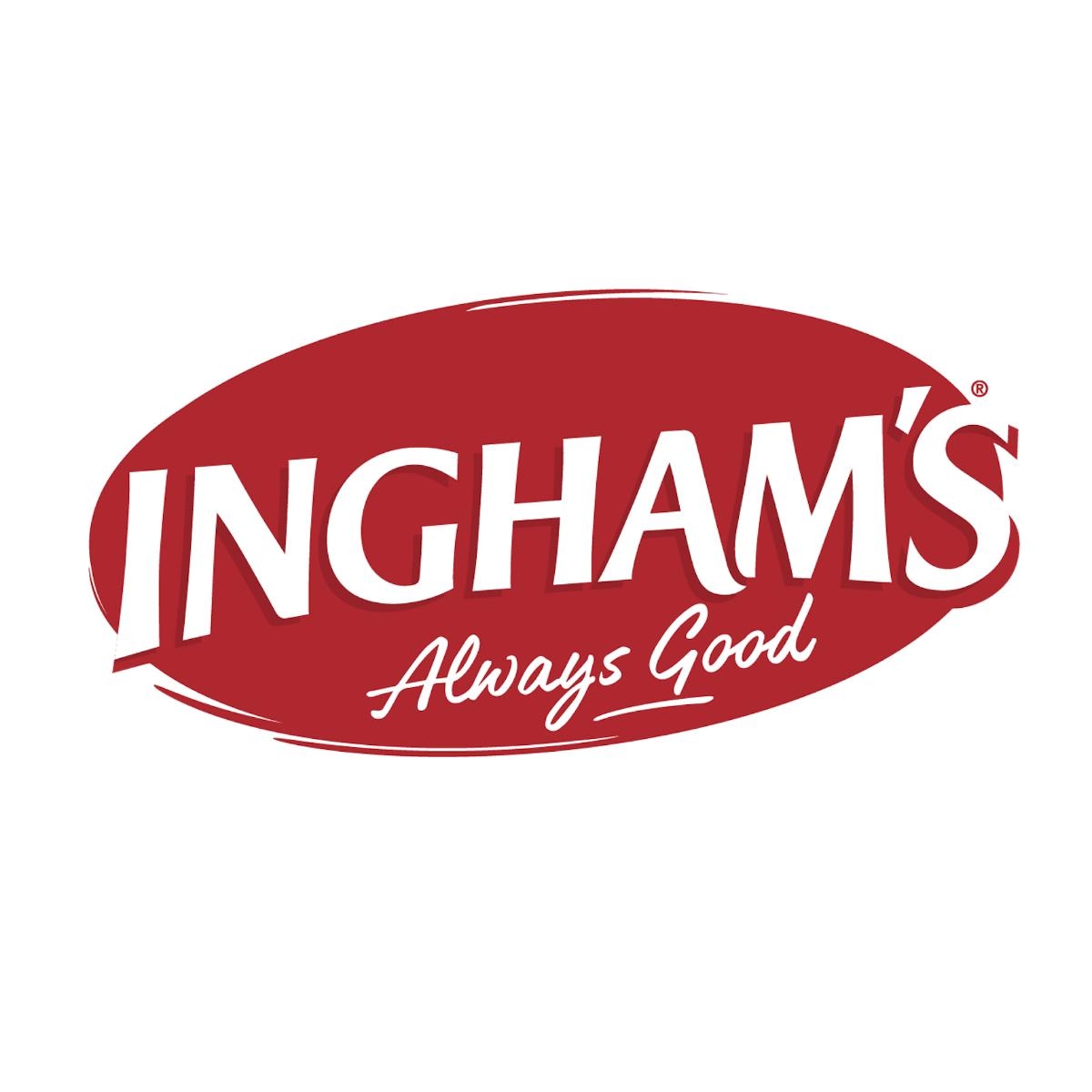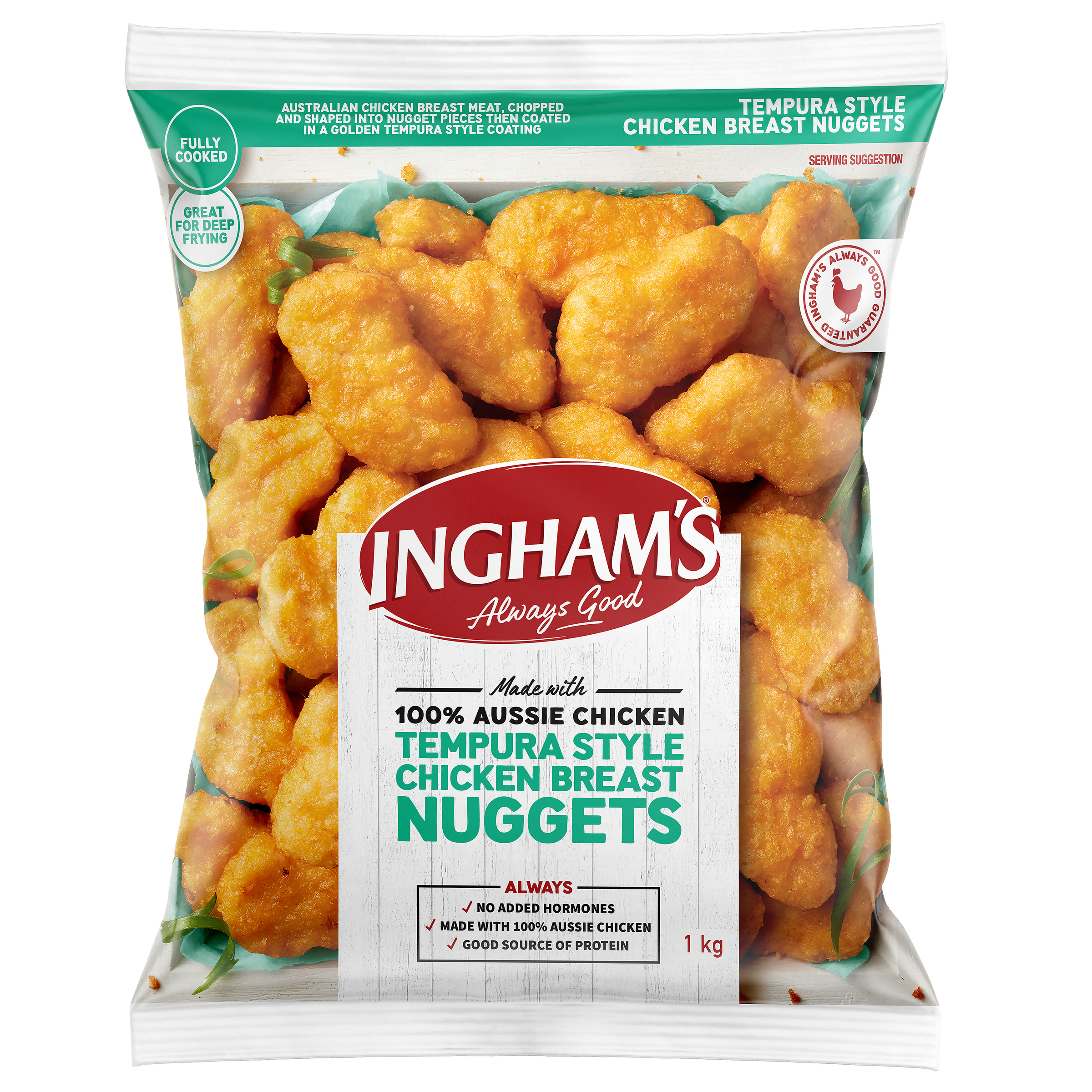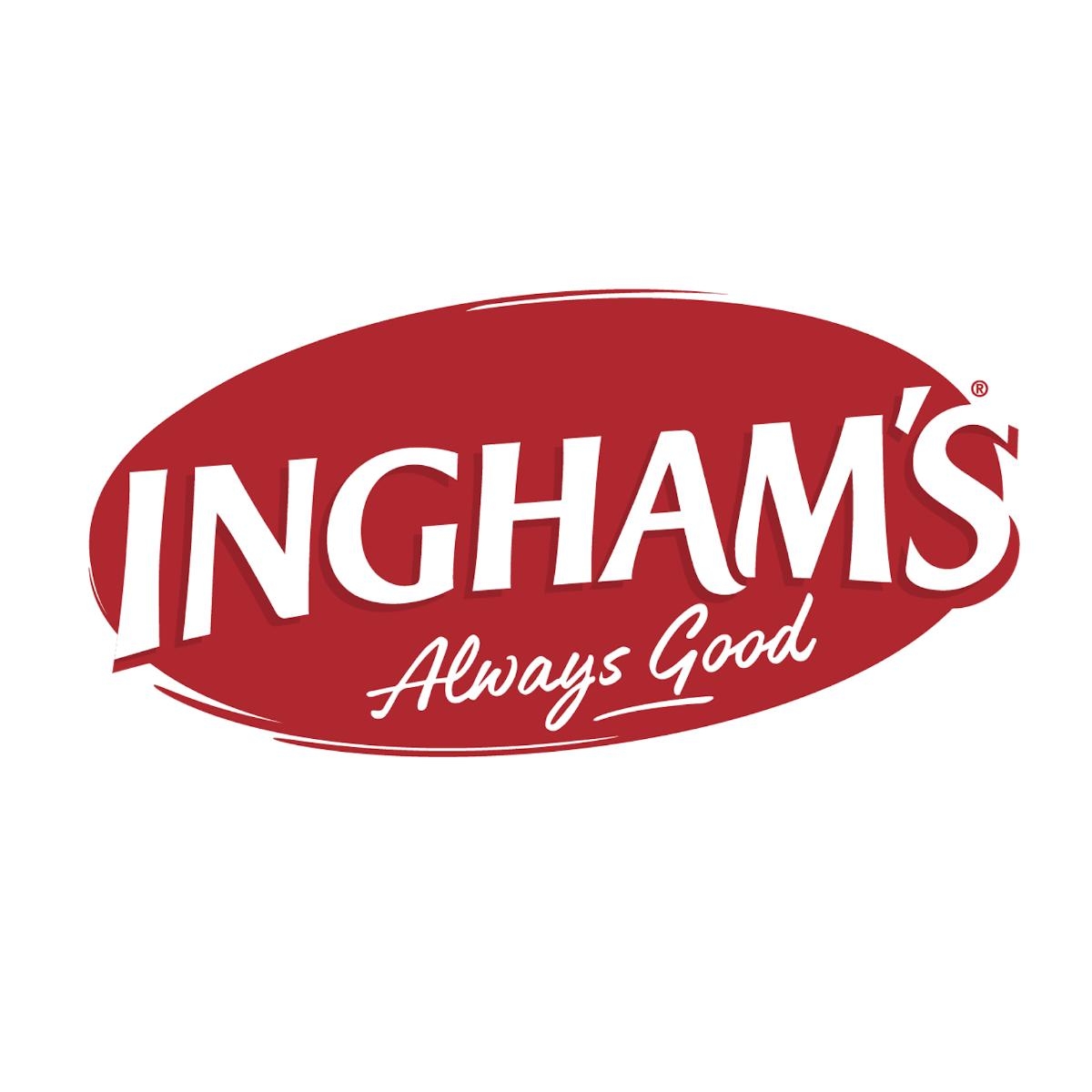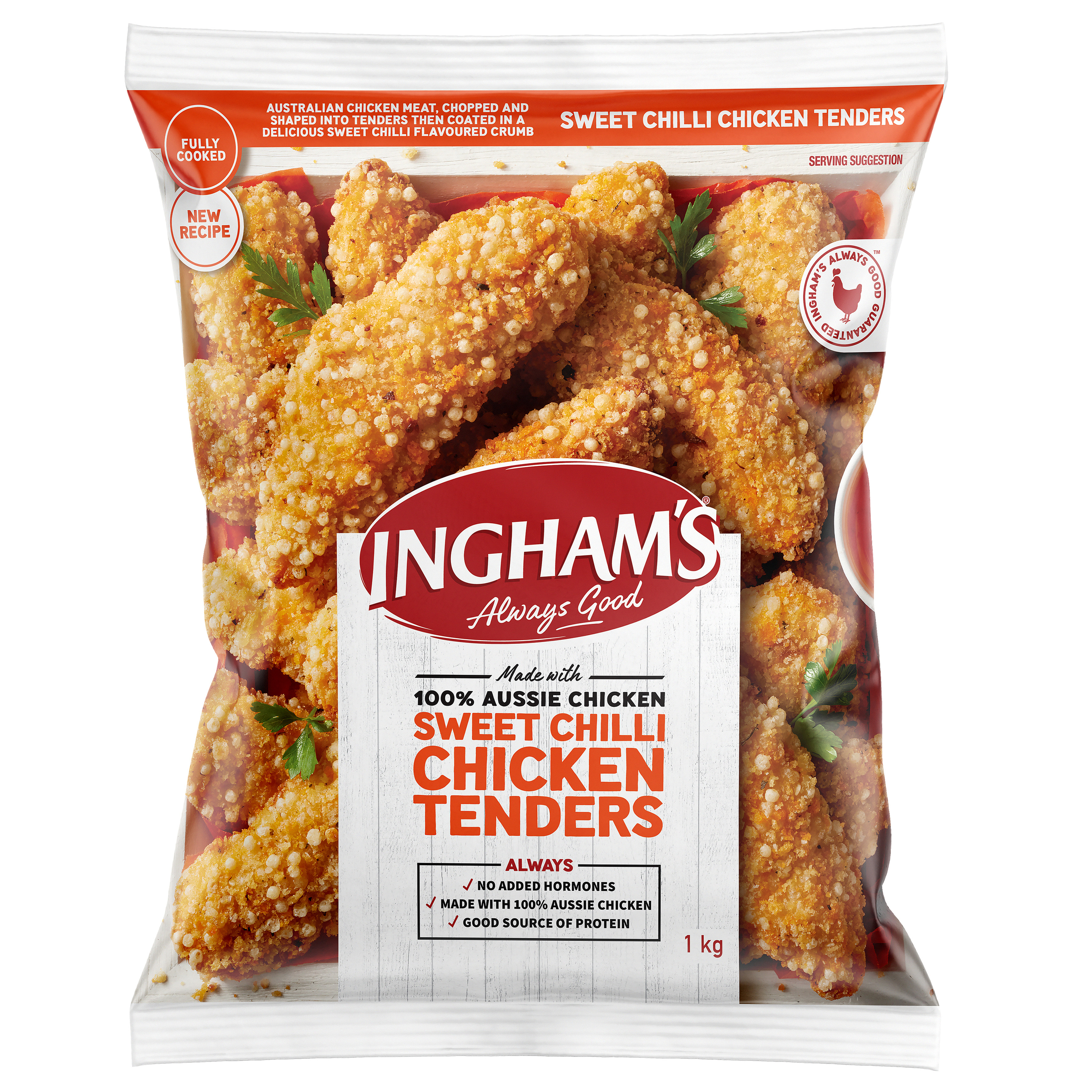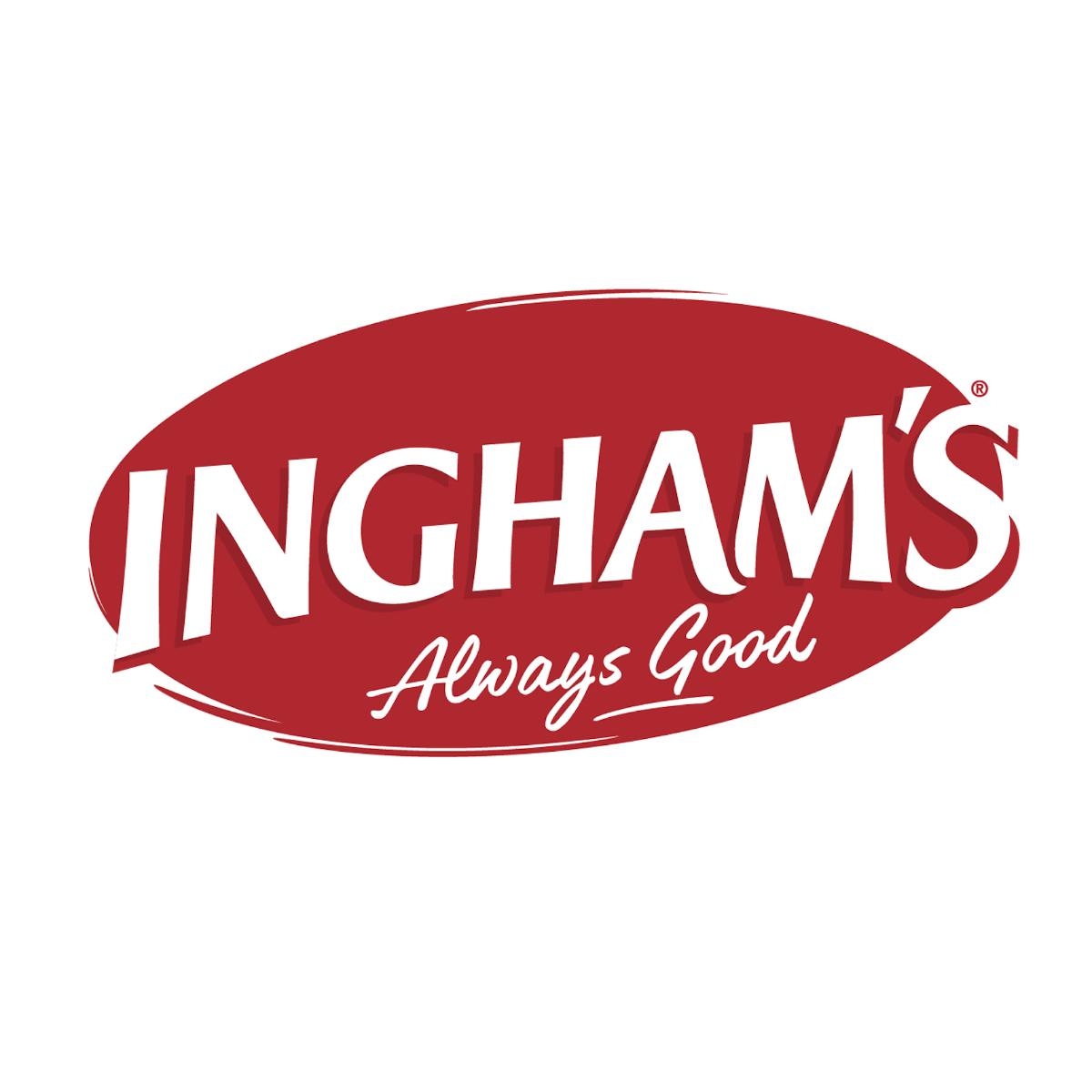In a hospitality world currently dominated by news of inflation, rising costs and small margins, what is it that drives a business to invest in giving back to the community? InSeason spoke to four businesses across Australia to find out.
Why Toast fosters local pride
It’s all about connection. We all want to be happy, healthy and connected,” says Tim Biddle, owner of Toast in Nunawading, Melbourne, where the tiny venue is well known in the local community as one that truly supports them. From sponsoring four sports teams, to holding charity fundraising barbecues and even hosting online trivia sessions during COVID, the cafe has cemented itself as a heartbeat in the local area.
“Initially our interest in terms of connecting with the community was around marketing, to be candid,” says Biddle. “It was about getting bums on seats. But over the last five years it’s just evolved.”
The result is that when a local sporting team celebrates an MVP, they do it with a toastie or a milkshake supplied by Toast and the community celebrates with them. The support generates a local loyalty that you can only build when your interest is genuine and ongoing.
“We believe we’re in for a long game not a short game,” says Biddle, “and we’ve built our brand over five years on that,” he says. “Community is very central to what we do.” But it’s not just lip service, it’s something that Biddle truly believes – treating his community like extended family.
“We’re an only child family,” he says, “and because we’ve got only the little guy, our support of the area also features as a vehicle for us to teach him about the importance of community and reinforces that we’re happy to make contributions and include the customer in our story.”
How Simon Says Burger builds local prosperity
For Simon Mohiuddin, chef and owner of Perth’s Simon Says Burger in Morley, giving back to the community also involved building a community. While in 2019 he began some local initiatives on his own, there are now more than ten businesses that have joined him.
Simon Says Burger donates 30 cents from every dollar made to improving the community, providing free meals to locals in need, maths tutoring to local public-school children, and is invested in supporting physical activities for kids, having realised that many locals can’t afford extracurricular activities.
“There are more than two million small businesses across Australia,” the chef tells InSeason, “and not even five percent contribute to the local community for local prosperity. But all these businesses survive because the community supports them – so we encourage small businesses to group together within their community and simply to use one percent of their net profit to do something good for the local community,” he says.
Dinner on the Table takes pressure off families in the disability community
For Rachel Golding – founder and director of catering and ready meals food service business Dinner on the Table in Sydney – her support goes to a community with very specific needs.
Committed to distributing a set number of meals each month to families living with disability, Dinner on the Table teamed up with a special needs school in Sydney’s Wahroonga to deliver meals directly to families in that community. The idea came from Golding’s past career as an academic researching family and disability.
“The research was all based around family wellbeing – where either a parent or a child has a disability – the work that we didn’t get to do was what actually makes a difference. Why is it that some families thrive in difficult circumstances and other families just go to the wall?” Golding’s aim with the food donations from her catering and ready meals business is to create “household-level intervention that actually moves the needle” for this community. Providing a full family meal (feeding four adults) reduces pressures on budget, skills, time and resources.
Nine and a half years later, Dinner on the Table provides a set number of meals each week to the school’s disability community, along with additional meals paid for and gifted by clients who opt in when ordering their own food. The additional support from clients was offered as an optional extra on every quote when Golding realised that there was a cap on how many support meals the business could realistically provide. Today, these extra contributions often allow the team to double or triple the number of meals they supply. In 2023, Dinner on the Table managed to feed over 2,800 people with regular donations and client support.
“It seemed to me that having a good dinner prepared for you could actually be the intervention. Everybody has to eat every single day, and somebody has to organise it.”
The Bread and Butter Project creates life-changing skills for the refugee community
On another level again is the Bread and Butter Project in Marrickville, Sydney. The social enterprise bakery has just celebrated a decade training, employing and finding job placements for the asylum seeker and refugee community – and sets the bar high for creating real world results, with over 80 bakers graduating. On this level, the whole model of the not-for-profit enterprise is about working with a specific group to actively provide skills that will benefit the broader community.
“We don’t just train them up and then push them out into the world and hope that they can swim,” says Bread and Butter board member Andrew Harrington. “It’s actually about making sure they have long term, sustainable employment opportunities… We’re looking to give as many people as possible ongoing employment for their future in this community.”
These examples serve to demonstrate that there are endless ways (and on varying scales) that food-service businesses can support local communities, from fostering skills, to making donations or building local pride. It’s just a matter of finding the model that works best as part of the balance between supporting the community and keeping a business running.

